The body of 84-year-old Indian Jesuit priest Stan Swamy, who died under detention, was cremated on July 6 after a court asked Jesuit officials to follow prison rules. Father Stan Swamy was championing the rights of indigenous and marginalized people in eastern India’s Jharkhand state, breathed his last at the Holy Family Hospital in Bandra, Mumbai, where he was admitted for treatment over a month ago. Father Swamy was a Jesuit for 64 years, and a priest for 51 years.
The body of Father Swamy, who died of post-Covid-19 complications on July 5 in church-run Holy Family Hospital in Mumbai, was taken to a government crematorium after a requiem Mass. “Although he was free from Covid-19, we have been asked by the court to follow prison rules,” Jesuit Father Joseph Xavier said at the end of the July 6 funeral service after announcing the decision to cremate the priest’s body. Father Swamy’s body was cremated in an electric crematorium at around 6.30pm after the funeral Mass, Father Joseph told UCA News on July 7.
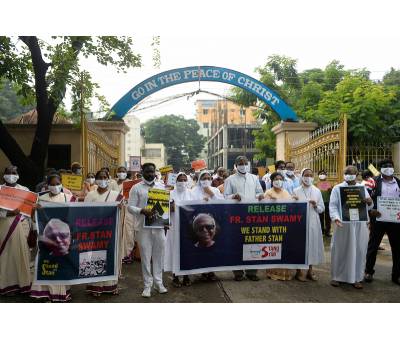 Dr. Stanislaus D’Souza SJ, the Jesuit Provincial of India, said: “With a deep sense of pain, anguish and hope we have surrendered Fr Stan Swamy, aged 84, to his eternal abode.”The funeral service and Mass was led by Father Arun De Souza, Jesuit provincial of Mumbai, at St. Peter’s Church in Bandra, a Mumbai suburb. Only some 20 people attended the service because of Covid-19 restrictions. Jesuits said the ashes will be carried to Ranchi town in eastern India where the missionary priest was based and to Jamshedpur town, the base of his Jesuit province. Father Stanislaus Arulswamy, known popularly as Stan Swamy had Parkinson’s disease, developed a pulmonary infection, post-Covid-19 complications in the lungs and pneumonia, according to the hospital’s medical director Ian D’Souza. India’s National Investigation Agency (NIA) that is tasked with fighting terrorism and sedition under the controversial Unlawful Activities (Prevention) Act (UAPA), arrested Father Swamy on October 8 from Bagaicha, a Jesuit social action center on the outskirts of Ranchi, the capital of the eastern state of Jharkhand.
Dr. Stanislaus D’Souza SJ, the Jesuit Provincial of India, said: “With a deep sense of pain, anguish and hope we have surrendered Fr Stan Swamy, aged 84, to his eternal abode.”The funeral service and Mass was led by Father Arun De Souza, Jesuit provincial of Mumbai, at St. Peter’s Church in Bandra, a Mumbai suburb. Only some 20 people attended the service because of Covid-19 restrictions. Jesuits said the ashes will be carried to Ranchi town in eastern India where the missionary priest was based and to Jamshedpur town, the base of his Jesuit province. Father Stanislaus Arulswamy, known popularly as Stan Swamy had Parkinson’s disease, developed a pulmonary infection, post-Covid-19 complications in the lungs and pneumonia, according to the hospital’s medical director Ian D’Souza. India’s National Investigation Agency (NIA) that is tasked with fighting terrorism and sedition under the controversial Unlawful Activities (Prevention) Act (UAPA), arrested Father Swamy on October 8 from Bagaicha, a Jesuit social action center on the outskirts of Ranchi, the capital of the eastern state of Jharkhand.
The following day, he was lodged in Taloja Jail, near Mumbai. He was arrested for alleged links with Maoist insurgents who were said to have been behind the caste-based violence in BhimaKoregaon village in Maharashtra state in January 2018, in which one person was killed and many others injured. Fifteen others, including scholars, lawyers, academicians, cultural activists and an ageing radical poet, have also been implicated in the same case. Father Swamy who suffered from Parkinson’s disease had difficulty in even sipping water from a glass and depended on co-prisoners for his other basic needs. Besides, he also had hearing impairment and other age-related ailments.
The NIA court denied him bail twice, forcing him to twice move the Bombay High Court for bail. In the second week of May, the priest’s family members sought his release on grounds that he had contracted Covid-19 and was unable to even speak to his lawyers. While hearing his bail plea on health grounds on May 21 through a video linkup, the Bombay High Court sensed Fr. Swamy’s failing health, and offered him treatment in a government or private hospital. But the Jesuit turned down the offer, saying all he wanted was bail to go back to his home. “I would rather suffer, possibly die very shortly if this were to go on,” he said. He explained that when he arrived at the prison, his bodily systems “were very functional”, but in the over 7 months in prison, “there has been a steady, slow regression” of his health.
JCSA said “the Bombay High Court was hearing some petitions, seeking bail and a constitutional challenge to a section of UAPA, on July 5 when his lawyer announced Stan Swamy’s death.” “He suffered a cardiac arrest at 4.30 am on Saturday, and deteriorated thereafter,” JCSA said. The Archdiocese of Ranchi where Father Swamy served hailed him as “a champion of tribal rights, a fighter for justice and a symbol of courage”. “The fact that this sick man suffering with Parkinson disease was arrested at the age of 84, refused bail for over 7 months, not even allowed a sipper and finally contracted COVID in jail, itself is a sad reflection on those who got the innocent man arrested and the courts that refused to give him bail,” said a statement signed by
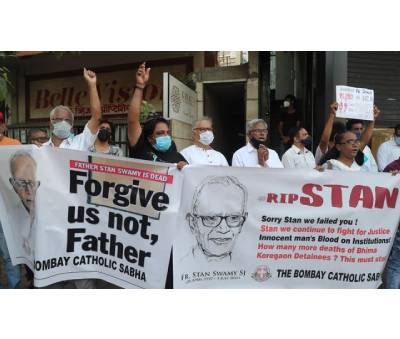 Archbishop Felix Toppo of Ranchi and Auxiliary Bishop Theodore Mascarenhas. “The ‘caged parrot’ now sings in heaven but its blood is on our hands,” they wrote, “May the hand of God intervene to bring justice to all innocent victims of insensitivity, vindictiveness and injustice. We have lost Fr. Stan Swamy but we still hope in the God of justice,” they added.The Jamshedpur Jesuit Province, to which Father Swamy belonged, also expressed “a deep sense of pain, anguish and hope” at the death of the “servant in mission of justice and reconciliation”. In a Facebook post, Father Jerome Cutinha noted that the “author of life” had given Father Swamy “a mission to work among the Advasis [indigenous], Dalits [downtrodden] and other marginalized communities so that the poor may have life and life to the full, with dignity and honour”. “The Society of Jesus [Jesuits], at this moment, recommits itself to take forward the legacy of Fr. Stan in hits mission of justice and reconciliation,” Father Cutinha wrote.
Archbishop Felix Toppo of Ranchi and Auxiliary Bishop Theodore Mascarenhas. “The ‘caged parrot’ now sings in heaven but its blood is on our hands,” they wrote, “May the hand of God intervene to bring justice to all innocent victims of insensitivity, vindictiveness and injustice. We have lost Fr. Stan Swamy but we still hope in the God of justice,” they added.The Jamshedpur Jesuit Province, to which Father Swamy belonged, also expressed “a deep sense of pain, anguish and hope” at the death of the “servant in mission of justice and reconciliation”. In a Facebook post, Father Jerome Cutinha noted that the “author of life” had given Father Swamy “a mission to work among the Advasis [indigenous], Dalits [downtrodden] and other marginalized communities so that the poor may have life and life to the full, with dignity and honour”. “The Society of Jesus [Jesuits], at this moment, recommits itself to take forward the legacy of Fr. Stan in hits mission of justice and reconciliation,” Father Cutinha wrote.
“We are deeply saddened at the passing away of Fr. Stan Swamy. We give thanks to God for Fr. Stan’s life and commitment to the poor indigenous people and their struggles,” wrote Cardinal Oswald Gracias of Bombay in a brief statement. “Fr. Stan’s arrest was very painful,” lamented the cardinal who is President of the Catholic Bishops’ Conference of India (CBCI). “Under the Indian criminal law, one is innocent until proved guilty,” he wrote. “Fr. Stan’s case did not even come up for hearing. We were eagerly waiting for the case to be taken up and the truth to come out,” the cardinal wrote.
Fr. Swamy’s commitment
Father Swamy has denied all charges against him saying BhimaKoregaon is “a place that I have never been to in all my life.” However, sensing his imminent arrest, he had released a video message explaining his situation. He said that what was happening to him was not something unique or happening to him alone. “It’s a broader process that is taking place over the country.” Prominent intellectuals, lawyers, writers, poets, activists and student leaders, he said, “are all put into jail just because they have expressed dissent…”.
This however did not dim his resolve to pursue his convictions. “I am happy to be part of this process because I am not a silent spectator,” he said in the video. He explained that with the creation of Jharkhand state in 2000, there were issues, such as displacement and land alienation because of mining, factories townships and dams”, in which the people who owned that land were not consulted. He engaged young activists to resort to the country rulings or laws that empowered the indigenous people in issues regarding their lands and territories.
The death in India of an octogenarian human rights activist who was denied bail even as his health deteriorated in prison has sparked anger across the country, with critics decrying the government’s alleged misuse of anti-terrorism laws. For decades, he fought for the human rights of India’s marginalized and indigenous groups, speaking and writing in depth about caste-based injustices.
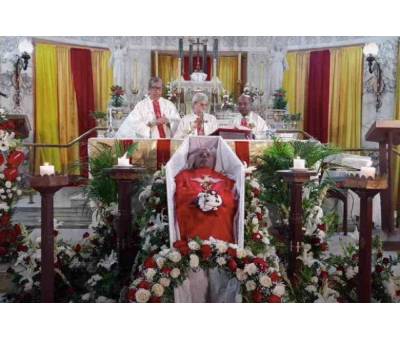 India’s caste system was officially abolished in 1950, but the 2,000-year-old social hierarchy imposed on people by birth still exists in many aspects of life. The caste system categorizes Hindus at birth, defining their place in society, what jobs they can do and who they can marry. In October last year, Swamy was arrested and charged under the country’s anti-terrorism laws, which critics have described as draconian.
India’s caste system was officially abolished in 1950, but the 2,000-year-old social hierarchy imposed on people by birth still exists in many aspects of life. The caste system categorizes Hindus at birth, defining their place in society, what jobs they can do and who they can marry. In October last year, Swamy was arrested and charged under the country’s anti-terrorism laws, which critics have described as draconian.
Stan Swamy was among 16 renowned activists, academics and lawyers who were charged under a draconian anti-terror law in what came to be known as the BhimaKoregaon case. Prison authorities were criticized for denying him access to basic amenities such as a straw and sipper – a plastic drinking beaker with a spout or straw – which he needed to drink water because of hand tremors caused by Parkinson’s. The Elgar Parishad case is related to inflammatory speeches made at a conclave held in Pune on December 31, 2017, which, the police claimed, triggered violence the next day near the Koregaon-Bhima war memorial located on the outskirts of the western Maharashtra city. The police had claimed the conclave was organized by people with alleged Maoist links.
Human Rights Violated: Modi Regime Abuses Power
Stan Swamy’s arrest sparked outrage worldwide, prompting several opposition politicians, national and international rights groups to demand his release. The others accused in the case termed Stan Swamy’s death an “institutional murder” and held the “negligent jails, indifferent courts and malicious investigating agencies” responsible for it. As a mark of protest, 10 of the co-accused in the case – Rona Wilson, SurendraGadling, SudhirDhawale, Mahesh Raut, Arun Ferreira, Vernon Gonsalves, GautamNavlakha, AnandTeltumbde, Ramesh Gaichor and SagarGorkhe – went on a one-day fast in the Taloja jail on Wednesday.
They informed about the protest to their family members, who released a statement saying all Elgar case prisoners have blamed the NIA and the Taloja jail’s former superintendent KaustubhKurlekar for the death of Father Stan Swamy. They believe that “the separation of Stan Swamy from them is a deliberate institutional murder,” the release said. The statement alleged that the NIA and Kurlekar never missed a single opportunity to “harass” Stan Swamy, whether it was the “ghastly treatment” inside the jail, the haste to transfer him back from hospital to jail or even protesting against trivial things like a sipper (which Stan Swamy required due to his medical conditions).
“It is these that have caused the death of Stan Swamy and therefore, for this institutional murder, NIA officials and Kurlekar should be tried under Section 302 (murder) of the Indian Penal Code,” the statement said, while demanding a judicial inquiry into his death.
The statement said the family members of the accused will submit these demands to Maharashtra Chief Minister Uddhav Thackeray through the Taloja jail administration. It also said that though these accused were lodged in different barracks, they met on Tuesday and shared their memories of Father Stan Swamy, and also observed a two-minute silence as a mark of tribute to him. Three women accused in the case- SudhaBharadwaj, Shoma Sen and JyotiJagtap – are currently lodged at the Byculla prison in Mumbai.
The United Nations Human Rights on Tuesday issued a statement on his death and detention, criticising India. The international body tweeted, “We are saddened and disturbed by the death of 84-year-old human rights defender Father Stan Swamy, after prolonged pre-trial detention. With Covid-19, it is even more urgent that states release every person detained without sufficient legal basis.” In its statement, the UN Human Rights’ office of the high commissioner had said that Father Stan had been held in pre-trial detention without bail since his arrest, charged with terrorism-related offences in relation to demonstrations that date back to 2018.
“High Commissioner Michelle Bachelet and the UN’s independent experts have repeatedly raised the cases of Father Stan and 15 other human rights defenders associated with the same events with the Government of India over the past three years and urged their release from pre-trial detention. The High Commissioner has also raised concerns over the use of the UAPA in relation to human rights defenders, a law Father Stan was challenging before the Indian courts days before he died,” the UN statement said. “We stress, once again, the High Commissioner’s call on the Government of India to ensure that no one is detained for exercising their fundamental rights to freedom of expression, of peaceful assembly and of association,” Bachelet said in her statement.
An international alliance of civil rights groups has blamed the administration of Prime Minister Narendra Modi for the death of an 84-year-old Jesuit social activist who died under detention. Human rights defender Father Stan Swamy’s death on July 5 while awaiting trial has deeply shocked and outraged global civil society alliance CIVICUS. A slew of opposition politicians, rights groups and academics, have expressed sadness for his death — as well as anger for the laws under which he was arrested and denied bail. Critics have long accused India’s government of increasingly using anti-terrorism laws as a means to quell any form of dissent.
Harsh Mander, a prominent Indian rights activist called Swamy’s death a “tragedy for the nation.” “A cruel state jailed him to silence his voice, the judiciary did nothing to secure his freedom,” he said on Twitter. International figures have spoken out as well — the European Union’s special representative for human rights said the EU had been “raising his case repeatedly with authorities,” calling Swamy a “defender of indigenous people’s rights.”
MeenakshiGanguly, South Asia director of Human Rights Watch, said Swamy’s arrest highlights “a degree of cruelty and callousness that is shameful.” “The counter terror law is draconian. We see it is being used rampantly to jail peaceful critics without bail,” Ganguly said. “It was for the courts to decide if Swamy was guilty, but in repeatedly stifling bail, the authorities chose not to protect,” the “fragile, ailing” activist, she added.
The priest’s death “is a result of the persecution he has faced by the Modi government after revealing abuses by the state,” the group said in a press statement. “Swamy’s death is a tragic loss for civil society and highlights the dangerous situation for other human rights defenders currently in jail in India,” said Lysa John, CIVICUS secretary-general. “Human rights activism and criticism of the state should not amount to the equivalent of a death sentence.”
Thousands of activists, political leaders and Indian citizens have taken to social media to pay tributes to Stan Swamy. Many also expressed anger at the way he was jailed during Covid-19 and repeatedly denied bail. The government said Swamy’s arrest followed “due process under law”. Historian Ramachandra Guha called his death “a case of judicial murder“. Leader of the main opposition Congress party Rahul Gandhi tweeted that “he deserved justice and humaneness”:
Indian American organizations have condemned the death of Father Stan Swamy, the 84-year-old defender of indigenous peoples’ rights in India, calling it a blot on India’s consciousness. “It is a dark day for democracy in India, and the national leadership and members of the judiciary should hang their heads in shame” questioning the failure of freedom of expression in a democratic nation,” George Abraham, vice-chairman of the Indian Overseas Congress, said in a statement.
In his last bail hearing in May, Swamy had predicted his death. “I would rather suffer, possibly die here very shortly if this were to go on,” he told the judges. The Indian Express newspaper said Swamy’s death had “left the highest institutions of India’s justice system diminished”.”In the nearly nine months of his incarceration, till his death, the ailing activist came up – again and again – against the heavy hand of the state, an unresponsive judiciary and a broken prison system,” the newspaper said in an editorial. Chief Minister Hemant Soren of the eastern state of Jharkhand – where Swamy lived and worked – said the federal government “should be answerable for absolute apathy and non provision of timely medical services, leading to his death”.


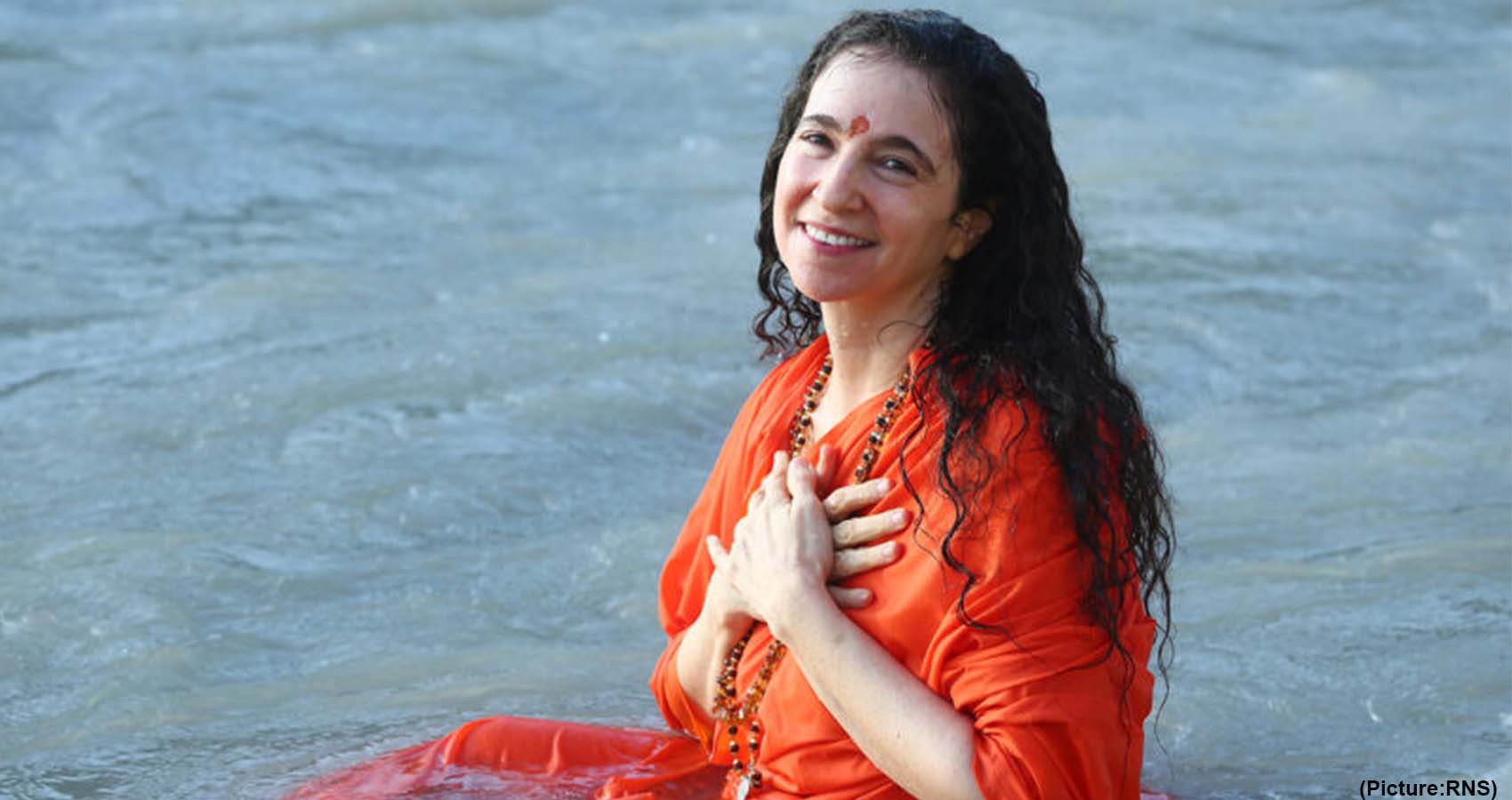
 Sadhvi Bhagawati Saraswati,
Sadhvi Bhagawati Saraswati, When you talk about grace, a lot of people might think you mean the Christian concept of grace, a free gift usually associated with belief in Jesus. What do you mean by grace?
When you talk about grace, a lot of people might think you mean the Christian concept of grace, a free gift usually associated with belief in Jesus. What do you mean by grace?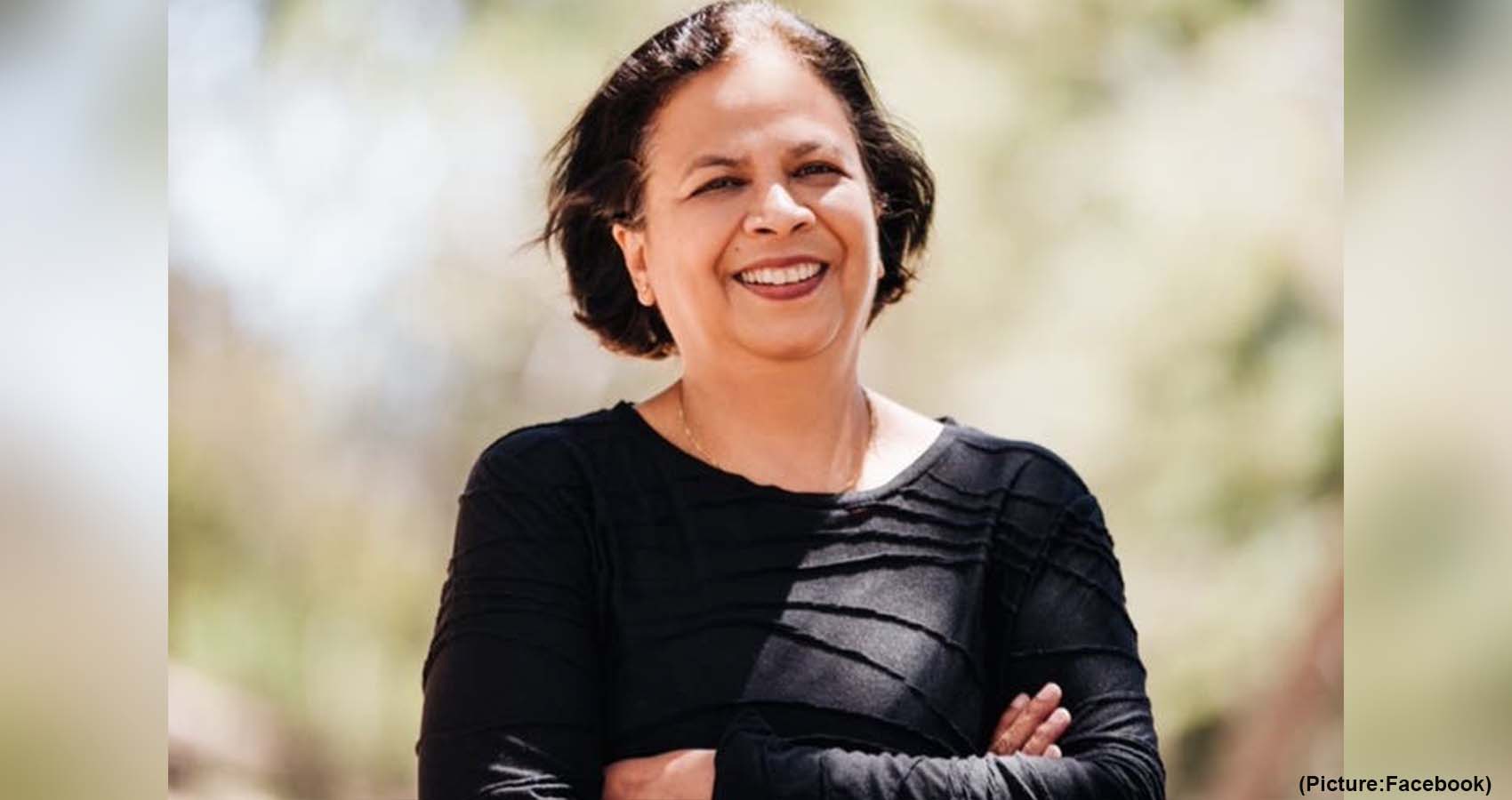

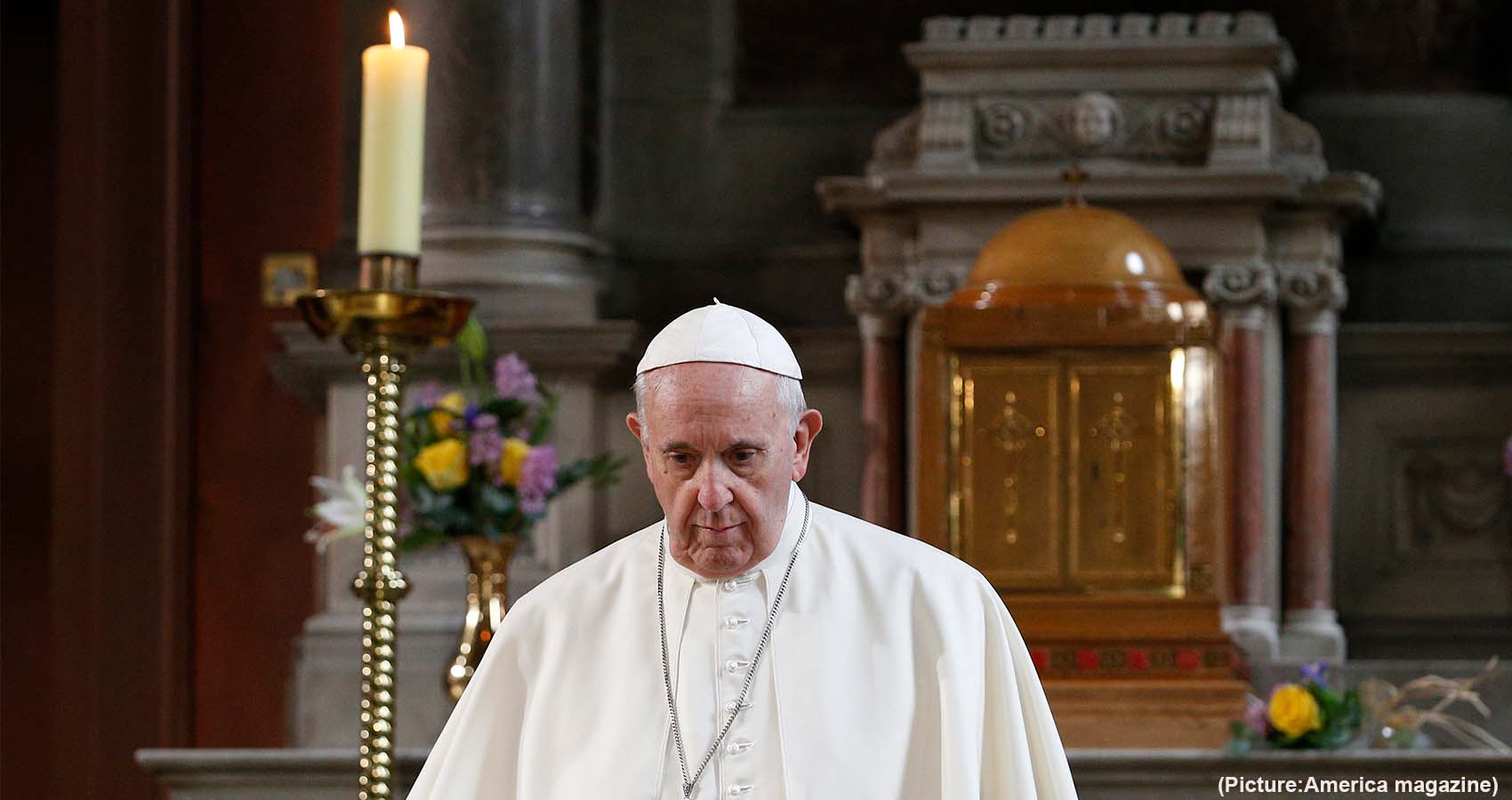
 In an hour-long, wide-ranging interview, Pope Francis addressed the consequences of the U.S. retreat from Afghanistan, relations with China and his ongoing efforts to reform the Catholic Church, while dismissing rumors that he would be the second pope in eight years to resign. The rumors began circling in Italian and Latin American media outlets after a planned surgery on July 6 to remove part of his left colon and the following hospital
In an hour-long, wide-ranging interview, Pope Francis addressed the consequences of the U.S. retreat from Afghanistan, relations with China and his ongoing efforts to reform the Catholic Church, while dismissing rumors that he would be the second pope in eight years to resign. The rumors began circling in Italian and Latin American media outlets after a planned surgery on July 6 to remove part of his left colon and the following hospital 

 India defeated England by 157 runs in the fourth Test at The Oval to take an unbeatable 2-1 lead in the five-match series. England began the final day at 77/0, needing 291 runs to win. Openers Haseeb Hameed and Rory Burns got to their fifties but once they were dismissed, it was all downhill for England. In the second session, England lost four wickets for six runs en route to losing 6 for just 62 runs. Jasprit Bumrah and Ravindra Jadeja, two wickets each, were the wreckers-in-chief in that afternoon session, cleaning up England’s middle-order with a fuss. At the end, it was Umesh Yadav’s three-for that cleaned up England’s tail and sealed a famous win for India. Amidst all this, let’s not forget Shardul Thakur’s brace, which included the all-important scalps of Burns and Joe Root.
India defeated England by 157 runs in the fourth Test at The Oval to take an unbeatable 2-1 lead in the five-match series. England began the final day at 77/0, needing 291 runs to win. Openers Haseeb Hameed and Rory Burns got to their fifties but once they were dismissed, it was all downhill for England. In the second session, England lost four wickets for six runs en route to losing 6 for just 62 runs. Jasprit Bumrah and Ravindra Jadeja, two wickets each, were the wreckers-in-chief in that afternoon session, cleaning up England’s middle-order with a fuss. At the end, it was Umesh Yadav’s three-for that cleaned up England’s tail and sealed a famous win for India. Amidst all this, let’s not forget Shardul Thakur’s brace, which included the all-important scalps of Burns and Joe Root.
 Affiliated with various US medical organizations and institutions, the soft-spoken Dr. Murthy is a Resuscitation Educator and Researcher, Advisor to Resuscitation Training Centers, Champion of Community Cardiopulmonary Resuscitation (CPR), and a Leader of US Organized Medicine. His Mission has been “Saving Lives” in Sudden Cardiac Arrests and common heart issues.
Affiliated with various US medical organizations and institutions, the soft-spoken Dr. Murthy is a Resuscitation Educator and Researcher, Advisor to Resuscitation Training Centers, Champion of Community Cardiopulmonary Resuscitation (CPR), and a Leader of US Organized Medicine. His Mission has been “Saving Lives” in Sudden Cardiac Arrests and common heart issues. The Founder of Chicago Medical Society’s Community CPR Project Saving More Illinois Lives through Education (SMILE,) Dr. Murthy, takes upon himself the life-long mission of saving lives through effective preventive measures. He says, “Almost one in three among South Asians may die from heart disease before 65 years of age.”
The Founder of Chicago Medical Society’s Community CPR Project Saving More Illinois Lives through Education (SMILE,) Dr. Murthy, takes upon himself the life-long mission of saving lives through effective preventive measures. He says, “Almost one in three among South Asians may die from heart disease before 65 years of age.” Dr. Murthy served the American Heart Association in different capacities. Such as National and International Faculty, Member of the International Committee, and Advisor to AHA International Training Centers, Also as AHA Liaison to Medical Organizations in the USA too. He co-chaired programs at the AHA Scientific Sessions and delivered Resuscitation-based lectures at prestigious US medical institutions.
Dr. Murthy served the American Heart Association in different capacities. Such as National and International Faculty, Member of the International Committee, and Advisor to AHA International Training Centers, Also as AHA Liaison to Medical Organizations in the USA too. He co-chaired programs at the AHA Scientific Sessions and delivered Resuscitation-based lectures at prestigious US medical institutions.
 Stanley won his 18th District Assembly seat in a Special Election in January 2021, becoming the first South Asian to represent Middlesex County in the New Jersey Legislature. Stanley defeated fellow Democrat, Edison Councilman Joe Coyle by a vote of 189-136, a 58%-42% margin, according to the Middlesex County Democratic Organization. The seat became vacant when former Assemblywoman Nancy Pinkin resigned after being sworn in as the new Middlesex County Clerk.Endorsed by the Middlesex County Democratic Organization, Assemblyman Stanley was sworn in on January 27th, 2021. Stanley serves as a member of the
Stanley won his 18th District Assembly seat in a Special Election in January 2021, becoming the first South Asian to represent Middlesex County in the New Jersey Legislature. Stanley defeated fellow Democrat, Edison Councilman Joe Coyle by a vote of 189-136, a 58%-42% margin, according to the Middlesex County Democratic Organization. The seat became vacant when former Assemblywoman Nancy Pinkin resigned after being sworn in as the new Middlesex County Clerk.Endorsed by the Middlesex County Democratic Organization, Assemblyman Stanley was sworn in on January 27th, 2021. Stanley serves as a member of the  Stanley was born in the State of Karnataka, India and immigrated to Brooklyn, NY at a young age. For the last 21 years, he has called East Brunswick his home. While living there, he has worked in the finance industry as a title and life insurance agent, as well as a mortgage broker. Stanley is a proud father of three children and has been actively involved in the Middlesex County community, previously serving as a Trustee of the Lighthouse Christian Fellowship Church in East Brunswick and as President of the Fox Meadow Condominium Association. State Sen. Patrick Diegnan (D-South Plainfield) was among those who had supported the then East Brunswick Councilman Sterley Stanley for the Assembly Seat. “I’m supporting Sterley Stanley,” he said. “He’s a good guy and he works with me all the time.” At a February 8th meeting, the East Brunswick town council honored Stanley’s four years of local service. At the meeting, Stanley stated that one of his proudest achievements as Council President was helping to ensure that the governing body functioned as a cohesive unit. “We might have had differences of opinion and we have differences in the way we solve things, but at the end of the day, we all got together and did what was best for the Township,” Stanley said. “I feel honored now to not just represent East Brunswick, but the whole 18th District, and all seven towns that are there,” he said.
Stanley was born in the State of Karnataka, India and immigrated to Brooklyn, NY at a young age. For the last 21 years, he has called East Brunswick his home. While living there, he has worked in the finance industry as a title and life insurance agent, as well as a mortgage broker. Stanley is a proud father of three children and has been actively involved in the Middlesex County community, previously serving as a Trustee of the Lighthouse Christian Fellowship Church in East Brunswick and as President of the Fox Meadow Condominium Association. State Sen. Patrick Diegnan (D-South Plainfield) was among those who had supported the then East Brunswick Councilman Sterley Stanley for the Assembly Seat. “I’m supporting Sterley Stanley,” he said. “He’s a good guy and he works with me all the time.” At a February 8th meeting, the East Brunswick town council honored Stanley’s four years of local service. At the meeting, Stanley stated that one of his proudest achievements as Council President was helping to ensure that the governing body functioned as a cohesive unit. “We might have had differences of opinion and we have differences in the way we solve things, but at the end of the day, we all got together and did what was best for the Township,” Stanley said. “I feel honored now to not just represent East Brunswick, but the whole 18th District, and all seven towns that are there,” he said.
 Mother Teresa also known as Saint Teresa of Calcutta, but her original name was Anjeze Gonxhe Bojaxhiu. The word “Anjeze” means “a little flower” in Albanian. In 1928, when Mother Teresa was just 18 years old, she left her family to devote her life into social service. She had joined the Sisters of Loreto at Loreto Abbey in Rathfarnhan, Ireland to learn English with the view of becoming a missionary. She never saw her mother or sister after leaving home. Mother Teresa arrived in India in 1929, when she was mere 19. She spent most of her life in India. Mother Teresa was baptized in Skopje a day after her birth. She later started to consider the day of her baptised, August 27, as her “true birthday”.
Mother Teresa also known as Saint Teresa of Calcutta, but her original name was Anjeze Gonxhe Bojaxhiu. The word “Anjeze” means “a little flower” in Albanian. In 1928, when Mother Teresa was just 18 years old, she left her family to devote her life into social service. She had joined the Sisters of Loreto at Loreto Abbey in Rathfarnhan, Ireland to learn English with the view of becoming a missionary. She never saw her mother or sister after leaving home. Mother Teresa arrived in India in 1929, when she was mere 19. She spent most of her life in India. Mother Teresa was baptized in Skopje a day after her birth. She later started to consider the day of her baptised, August 27, as her “true birthday”.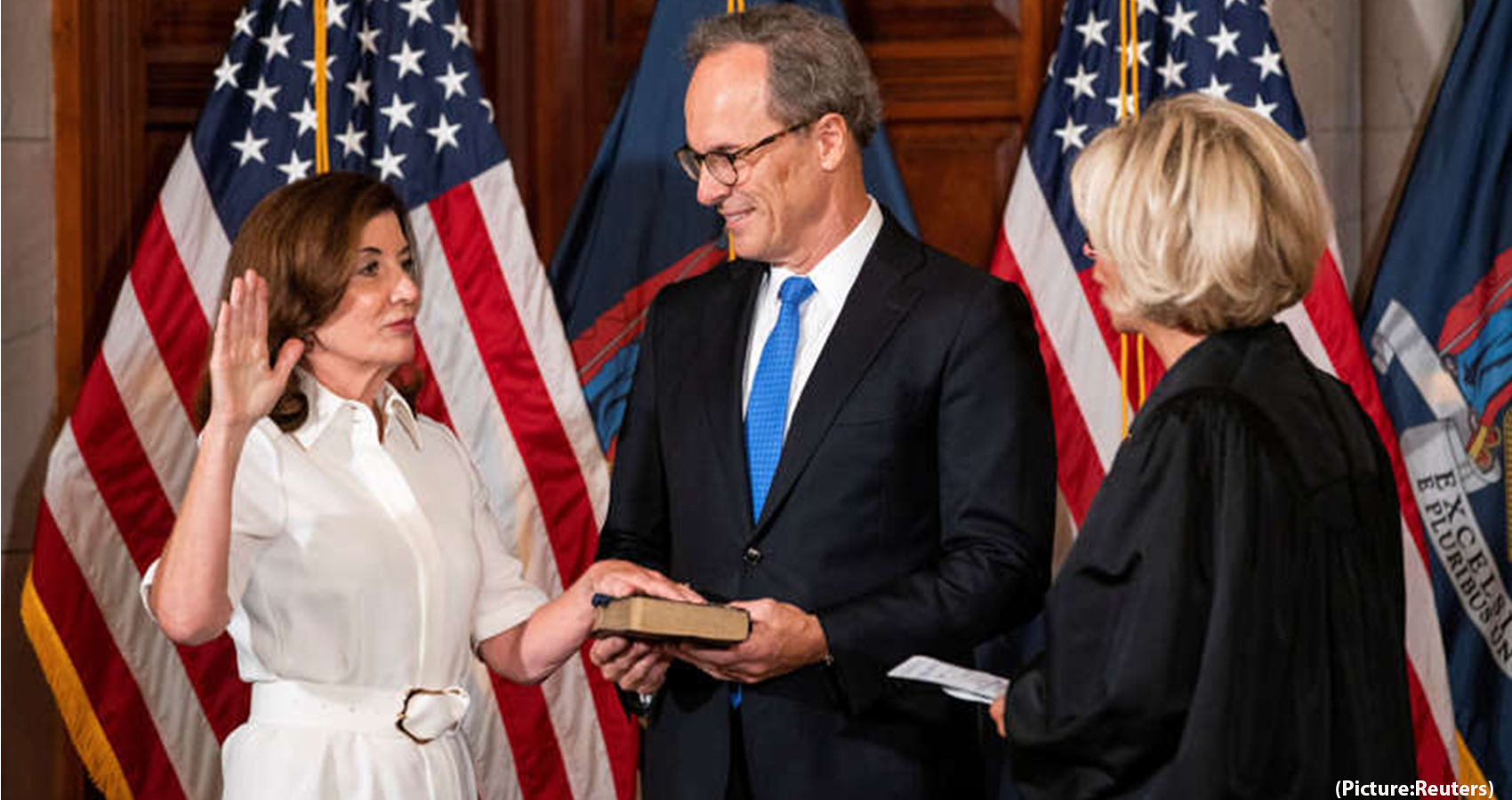
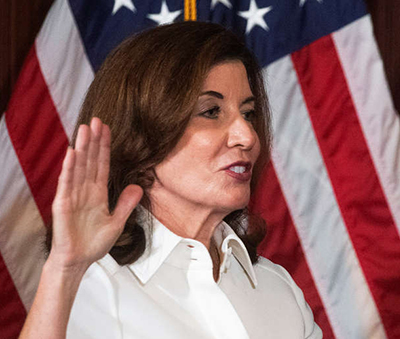 “I’ll tell New Yorkers I’m up to the task. And I’m really proud to be able to serve as their governor and I won’t let them down,” she said. Hochul’s ascent to the top job was a history-making moment in a capital. Where women have only recently begun chipping away at a notoriously male-dominated political culture. Kathy Hochul, serving as New York’s lieutenant governor, has catapulted into the national spotlight when Gov. Andrew Cuomo abruptly announced his resignation amid a growing sexual harassment scandal 2 weeks ago.
“I’ll tell New Yorkers I’m up to the task. And I’m really proud to be able to serve as their governor and I won’t let them down,” she said. Hochul’s ascent to the top job was a history-making moment in a capital. Where women have only recently begun chipping away at a notoriously male-dominated political culture. Kathy Hochul, serving as New York’s lieutenant governor, has catapulted into the national spotlight when Gov. Andrew Cuomo abruptly announced his resignation amid a growing sexual harassment scandal 2 weeks ago.
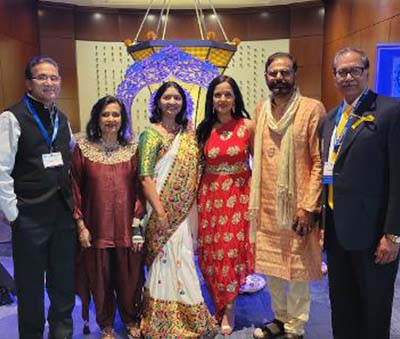 A resident of Shrewsbury, MA, Dr. Abraham is a Professor of Medicine at the University of Massachusetts Medical School, Chief of Medicine and Emeritus President of the Medical staff at Saint Vincent Hospital, and Adjunct Professor of Medicine at Massachusetts College of Pharmacy and Health Services.
A resident of Shrewsbury, MA, Dr. Abraham is a Professor of Medicine at the University of Massachusetts Medical School, Chief of Medicine and Emeritus President of the Medical staff at Saint Vincent Hospital, and Adjunct Professor of Medicine at Massachusetts College of Pharmacy and Health Services. “The election of Dr. George Abraham to be the President of ACP is a testament to the leadership qualities, vision and passion Indian American physicians have come to be asscociuated with in the United States,” added Dr. Naresh Parikh. “I am proud of our community of Indian physicians for all the progress that we have made over the years,” said Dr. Kusum Punjabi, Chair of AAPI BOT. “In patient care, administration, leadership, or academics, we have excelled in the respective fields, holding important positions across the United States and the world.”
“The election of Dr. George Abraham to be the President of ACP is a testament to the leadership qualities, vision and passion Indian American physicians have come to be asscociuated with in the United States,” added Dr. Naresh Parikh. “I am proud of our community of Indian physicians for all the progress that we have made over the years,” said Dr. Kusum Punjabi, Chair of AAPI BOT. “In patient care, administration, leadership, or academics, we have excelled in the respective fields, holding important positions across the United States and the world.”

 “FOOD WITHOUT FEAR: Identify, Prevent, and Treat Food Allergies, Intolerances, and Sensitivities,” a newly released book by Dr. Ruchi Gupta, an young and talented Indian American, illuminates what she has coined the food reaction spectrum—a revolutionary way to look at food-related conditions—and offers a new approach to managing adverse responses to food with a practical plan to end the misery and enjoy eating with ease.
“FOOD WITHOUT FEAR: Identify, Prevent, and Treat Food Allergies, Intolerances, and Sensitivities,” a newly released book by Dr. Ruchi Gupta, an young and talented Indian American, illuminates what she has coined the food reaction spectrum—a revolutionary way to look at food-related conditions—and offers a new approach to managing adverse responses to food with a practical plan to end the misery and enjoy eating with ease. Dr. Gupta is world-renowned for her groundbreaking research in the areas of food allergy and asthma epidemiology, most notably for her research on the prevalence of pediatric and adult food allergy in the United States. She has also significantly contributed to academic research in the areas of food allergy prevention, socioeconomic disparities in care, and the daily management of these conditions. Dr. Gupta is the author of The Food Allergy Experience, has written and co-authored over 150 peer-reviewed research manuscripts, and has had her work featured on major TV networks and in print media.
Dr. Gupta is world-renowned for her groundbreaking research in the areas of food allergy and asthma epidemiology, most notably for her research on the prevalence of pediatric and adult food allergy in the United States. She has also significantly contributed to academic research in the areas of food allergy prevention, socioeconomic disparities in care, and the daily management of these conditions. Dr. Gupta is the author of The Food Allergy Experience, has written and co-authored over 150 peer-reviewed research manuscripts, and has had her work featured on major TV networks and in print media.
 Rangan will officially take over the role from September 7 onwards. “Yamini has been overseeing day to day operations at HubSpot since March, managing Board meetings, the HubSpot earnings call, and key hiring and growth initiatives, working closely with Dharmesh and the rest of the leadership team. She’s made HubSpot better by being here, and I know that trend will continue with her as CEO,” Halligan wrote.
Rangan will officially take over the role from September 7 onwards. “Yamini has been overseeing day to day operations at HubSpot since March, managing Board meetings, the HubSpot earnings call, and key hiring and growth initiatives, working closely with Dharmesh and the rest of the leadership team. She’s made HubSpot better by being here, and I know that trend will continue with her as CEO,” Halligan wrote.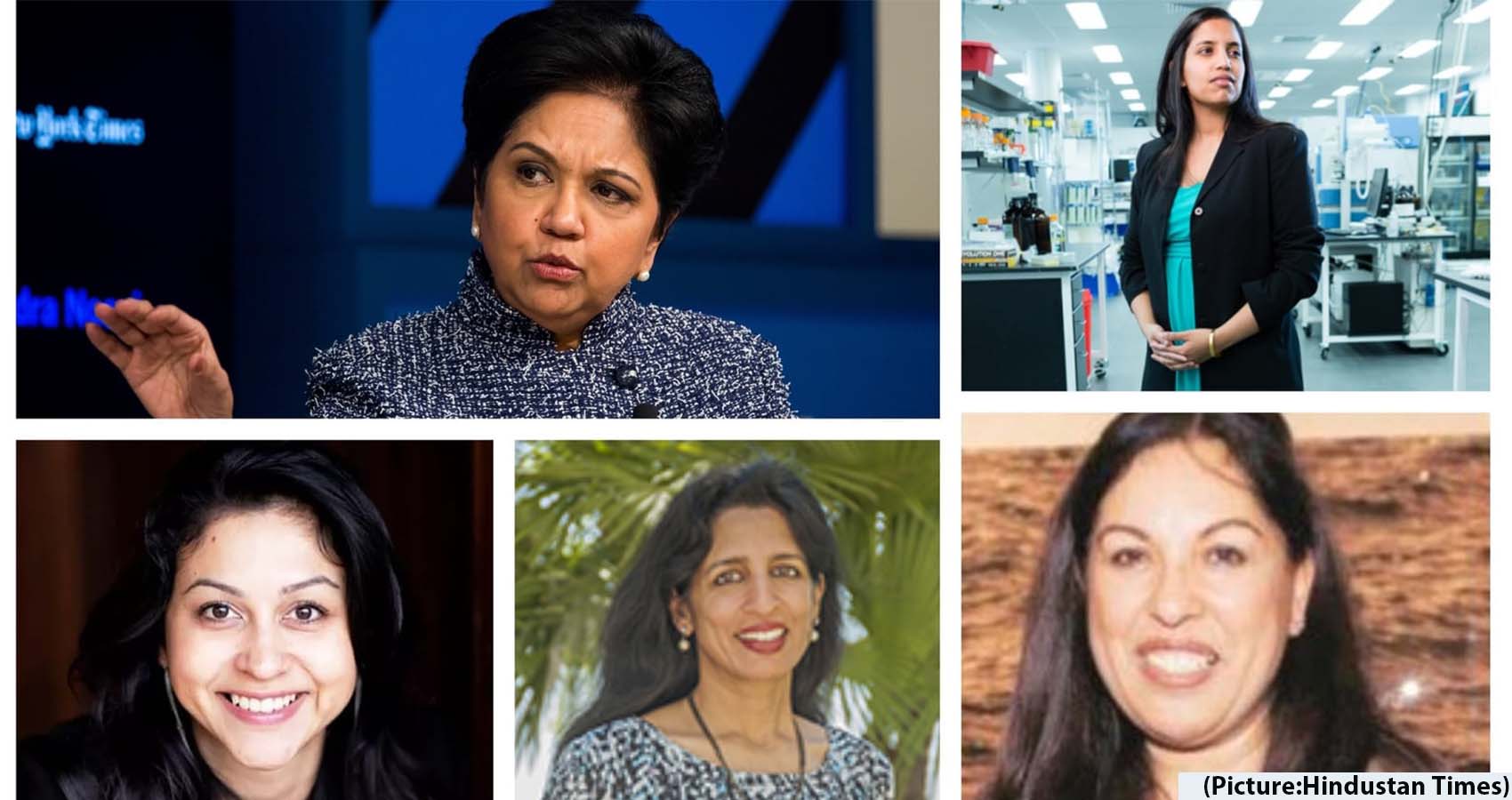
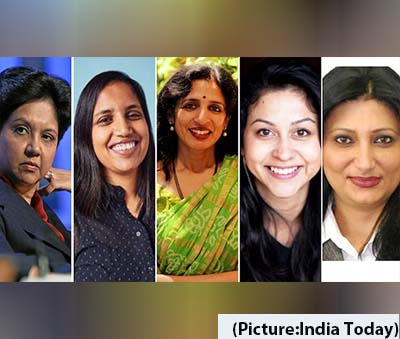 A record 26 are now billionaires, including pop star mogul Rihanna and 23andMe’s Anne Wojcicki. The Indian Americans on the list include Neha Narkhede, co-founder and former chief technology officer of Confluent; PepsiCo’s former chair and CEO Indra Nooyi; Neerja Sethi, co-founder of Syntel; Reshma Shetty, co-founder of Gingko Bioworks; and Jayshree Ullal, president and CEO of Arista Networks.
A record 26 are now billionaires, including pop star mogul Rihanna and 23andMe’s Anne Wojcicki. The Indian Americans on the list include Neha Narkhede, co-founder and former chief technology officer of Confluent; PepsiCo’s former chair and CEO Indra Nooyi; Neerja Sethi, co-founder of Syntel; Reshma Shetty, co-founder of Gingko Bioworks; and Jayshree Ullal, president and CEO of Arista Networks.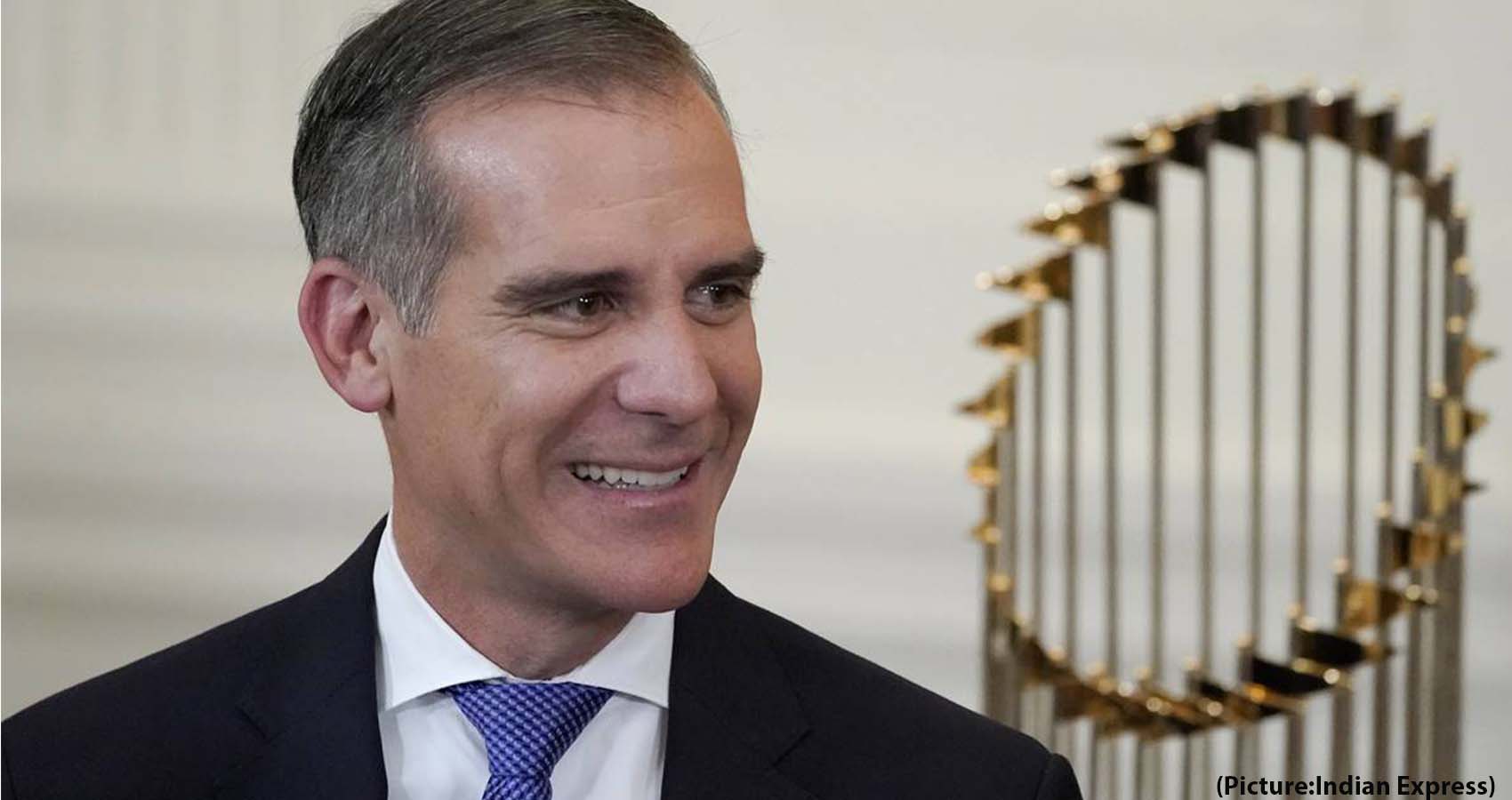
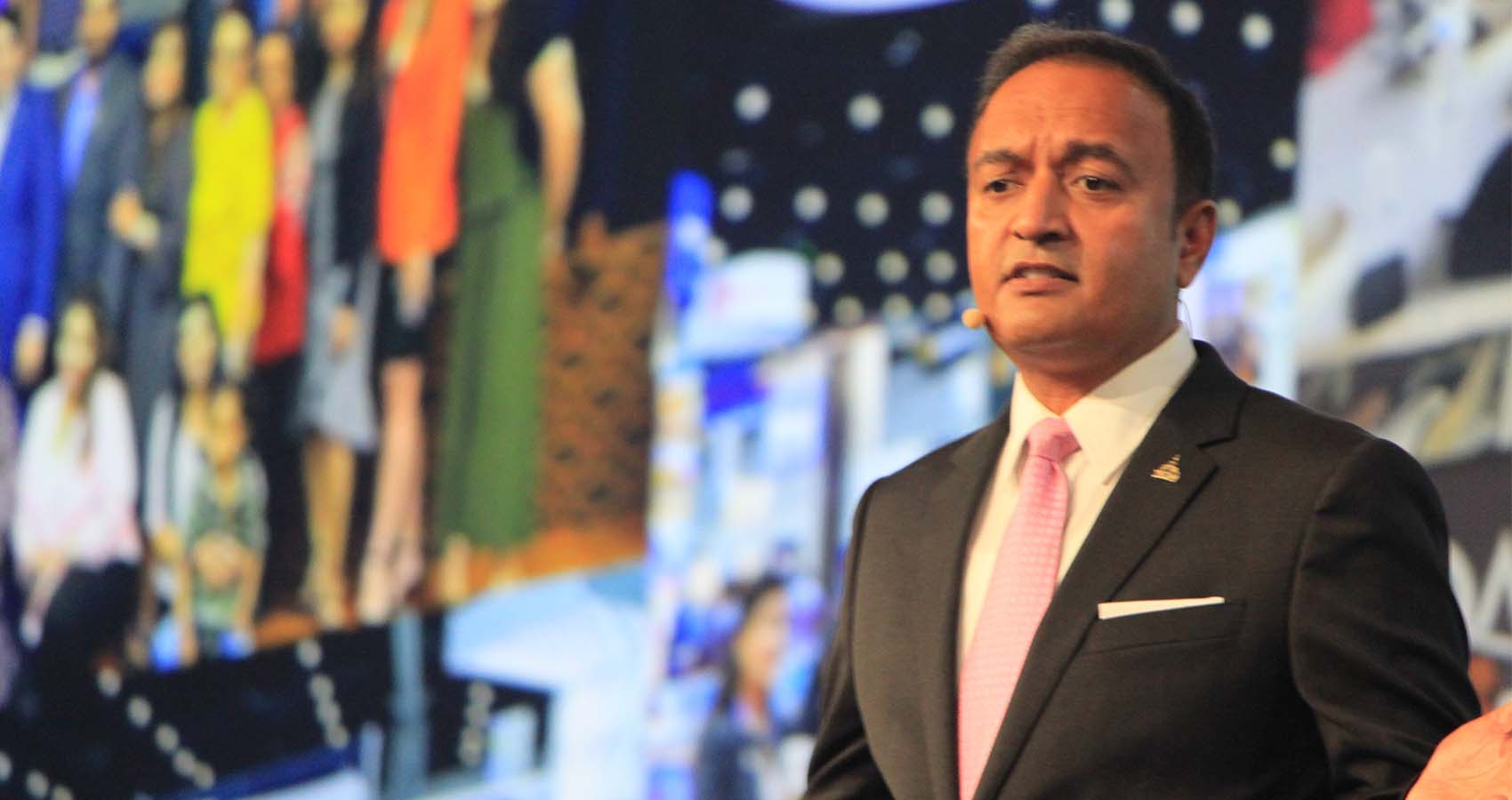
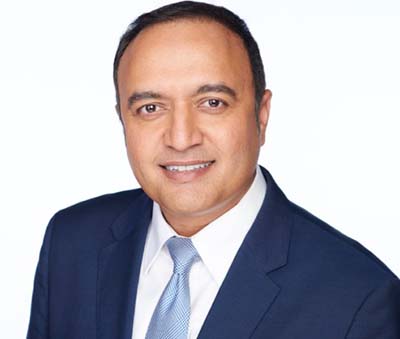 Coming together as an industry is paramount to economic recovery, especially as new variants threaten to inhibit the reopening of America. I am confident that AAHOA’s enhanced advocacy and education efforts as well as the implementation of our new strategic plan will help our industry get back on track.” Patel plans to focus on elevating the association’s advocacy and engagement at the state and local level including coordinating political education efforts with the American Hospitality Alliance.
Coming together as an industry is paramount to economic recovery, especially as new variants threaten to inhibit the reopening of America. I am confident that AAHOA’s enhanced advocacy and education efforts as well as the implementation of our new strategic plan will help our industry get back on track.” Patel plans to focus on elevating the association’s advocacy and engagement at the state and local level including coordinating political education efforts with the American Hospitality Alliance.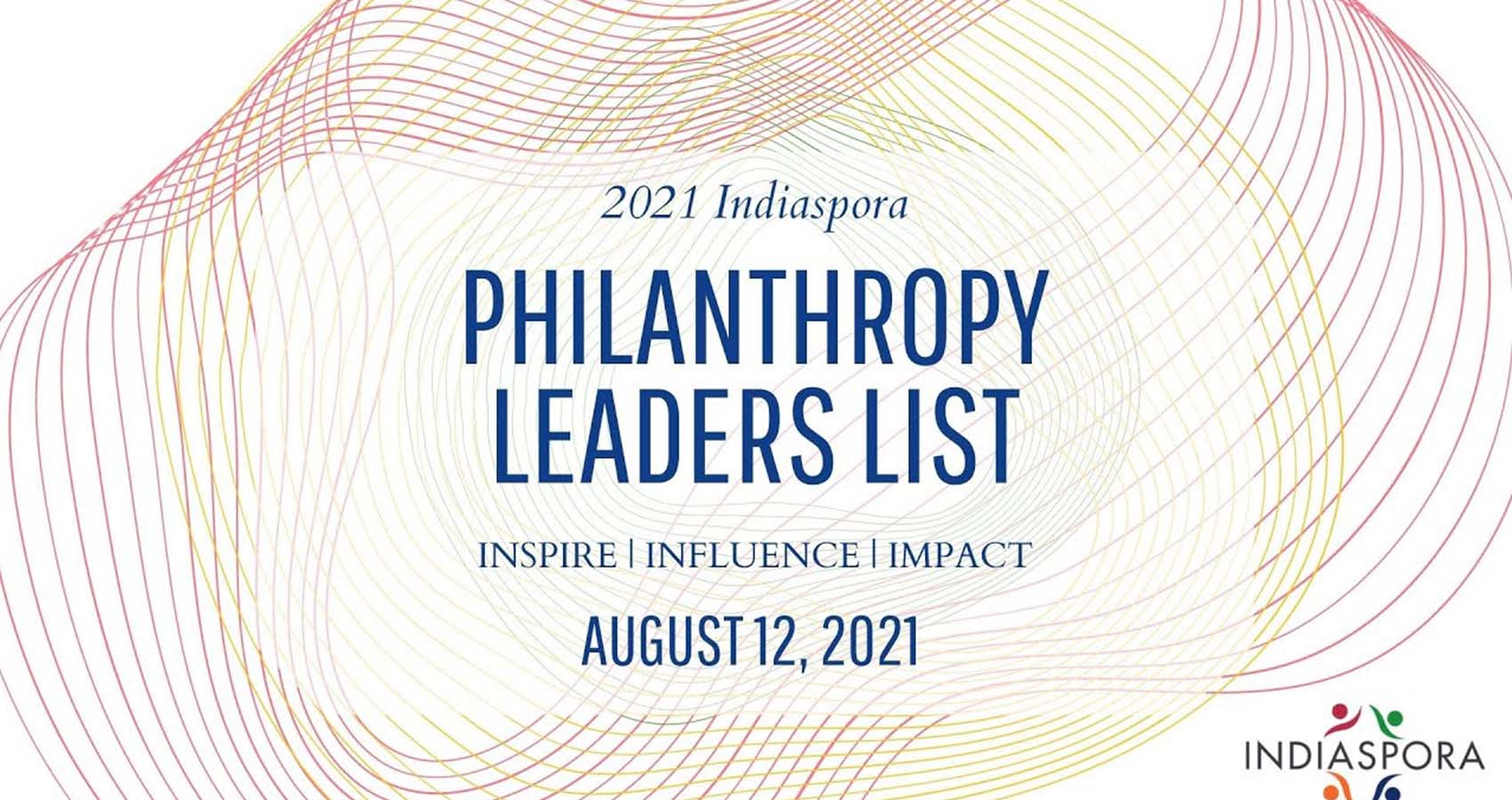
 “It is incredibly inspiring to see so many philanthropists from our community who have translated their success into social impact,” said Indiaspora Founder Mr. Rangaswami. “These leaders serve as an example of the importance of generosity and remind us of the many issues that need our attention.”
“It is incredibly inspiring to see so many philanthropists from our community who have translated their success into social impact,” said Indiaspora Founder Mr. Rangaswami. “These leaders serve as an example of the importance of generosity and remind us of the many issues that need our attention.”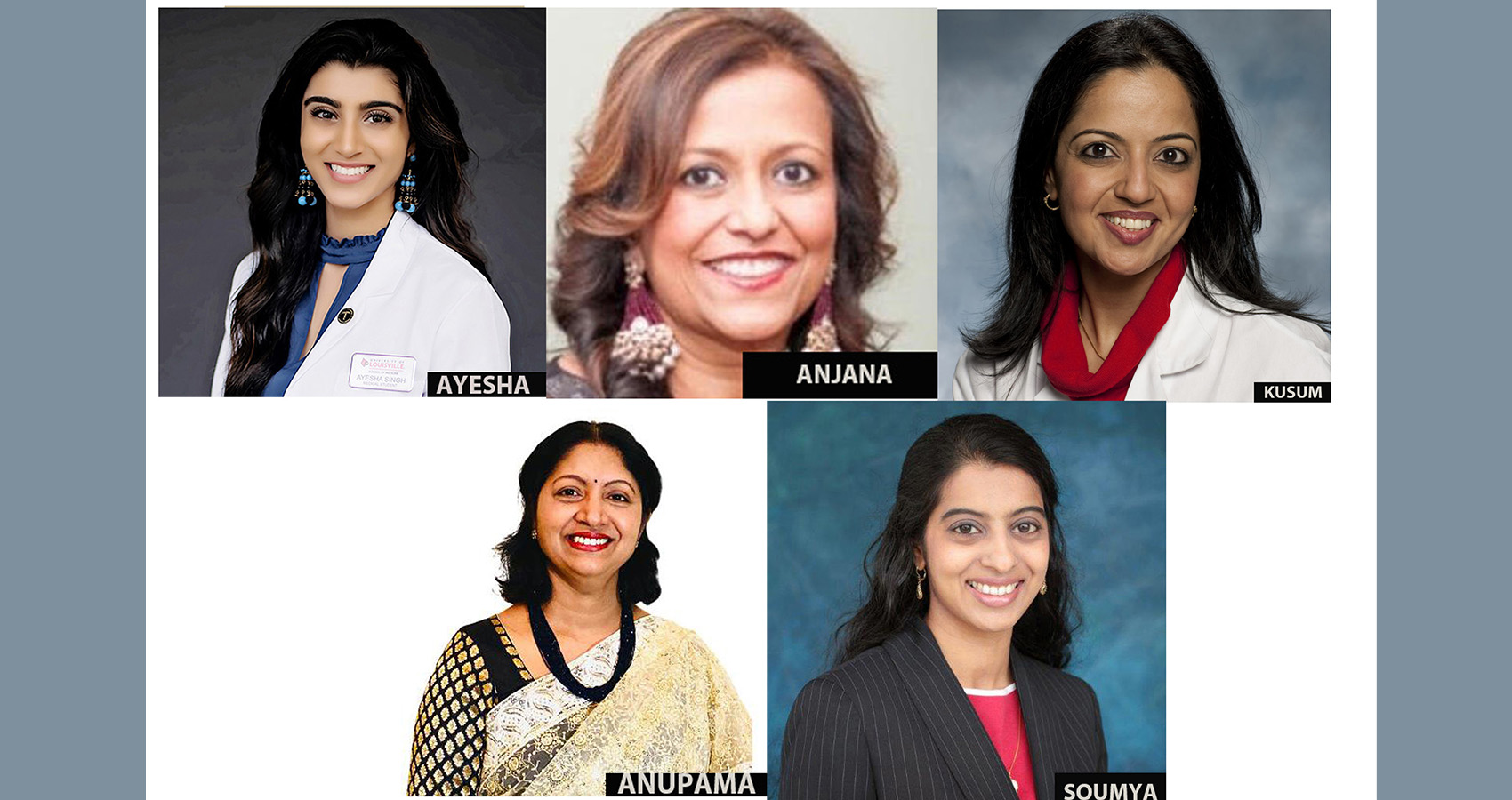
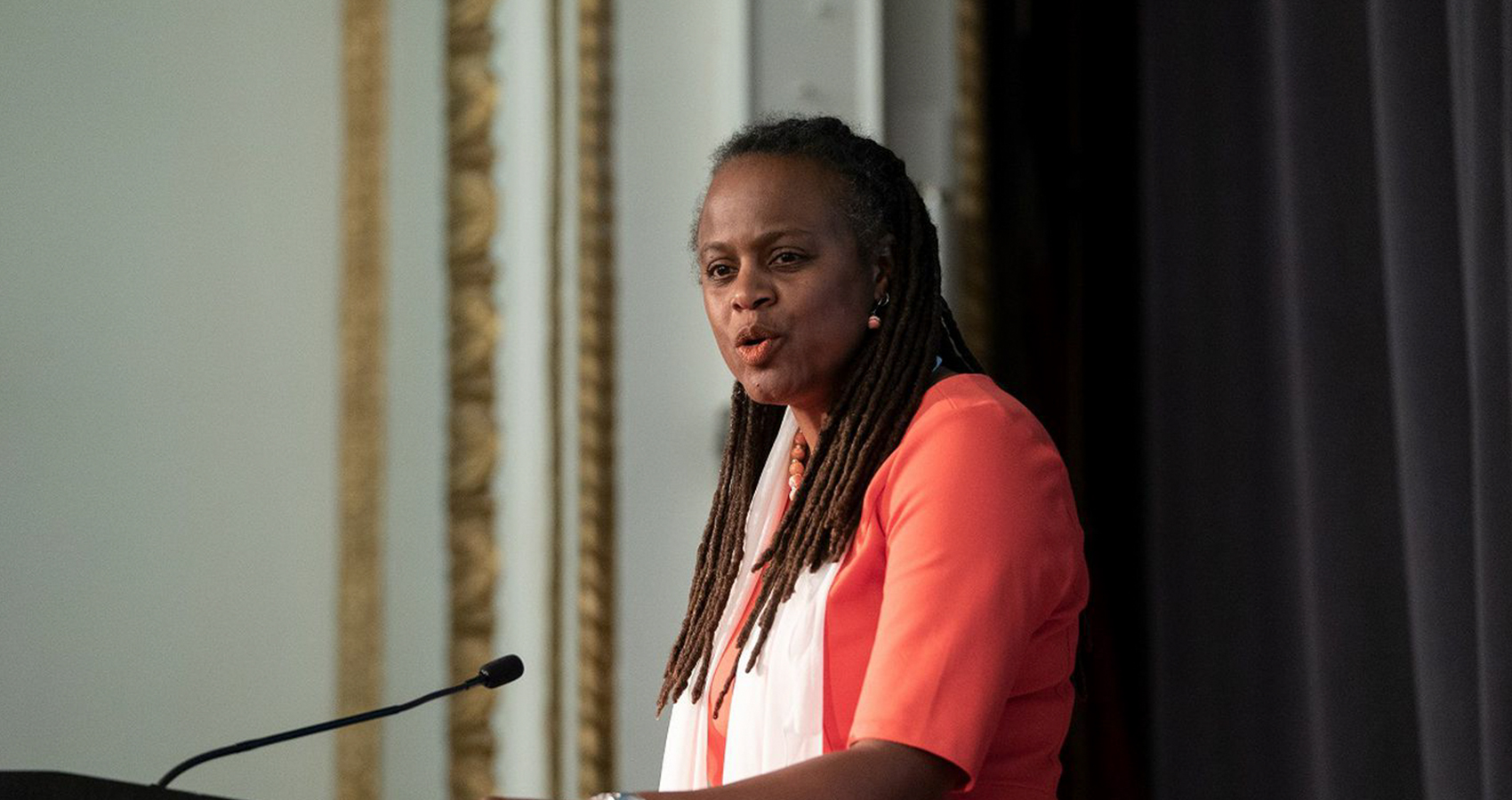
 In her Chai with Manju interview, Ms. Chandler talks about being addressed with the ‘N word ‘and not being allowed to join local clubs including the country club. She also talks about her being a professional basketball player and important lessons she has learnt as a player and also leadership lessons learnt in her journey to becoming the President & CEO of YWCA Boston, which is also the first YWCA in the United States.
In her Chai with Manju interview, Ms. Chandler talks about being addressed with the ‘N word ‘and not being allowed to join local clubs including the country club. She also talks about her being a professional basketball player and important lessons she has learnt as a player and also leadership lessons learnt in her journey to becoming the President & CEO of YWCA Boston, which is also the first YWCA in the United States.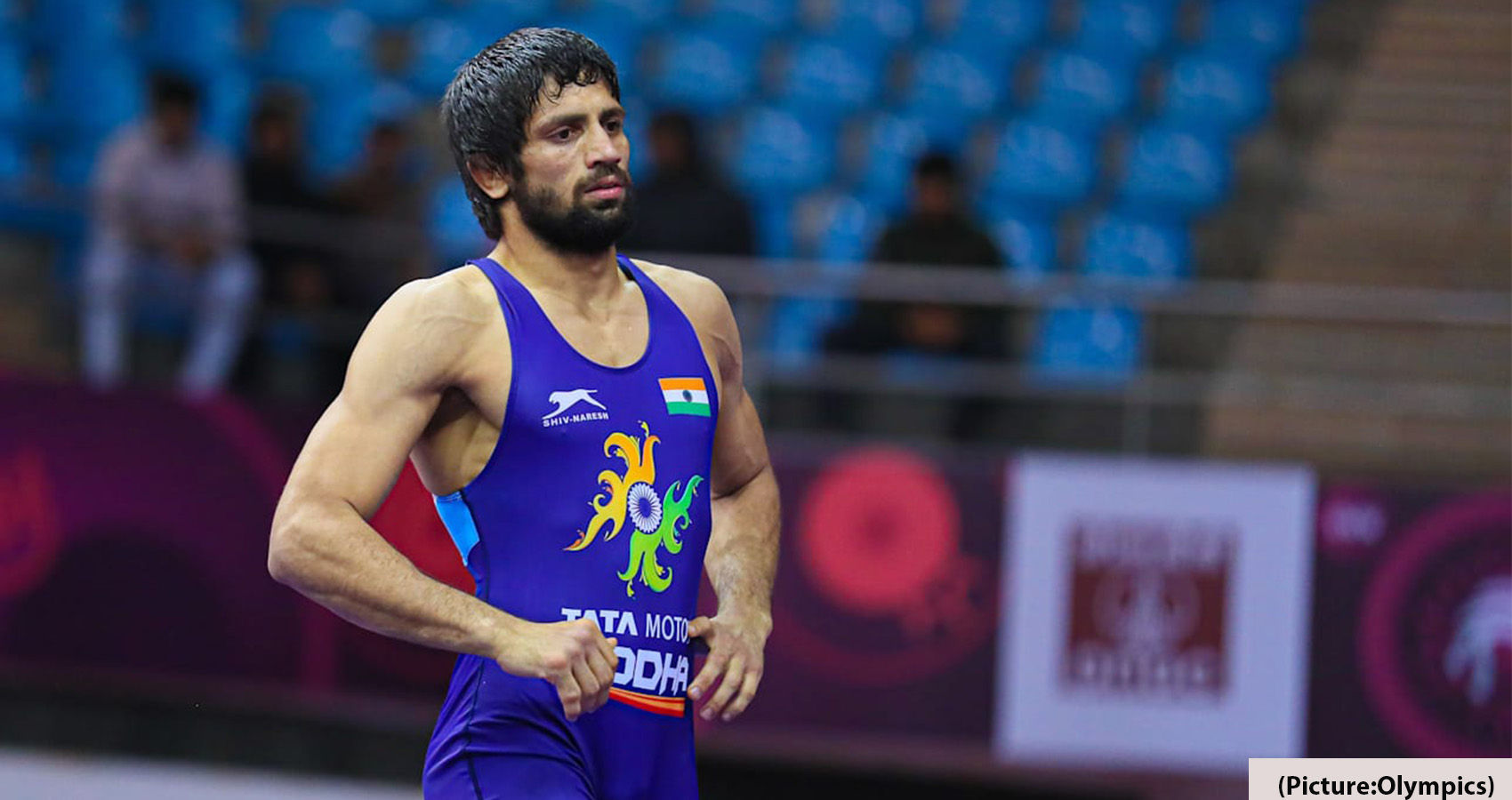


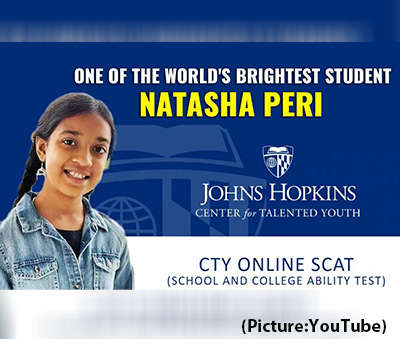 It comes on the back of an exceptional performance shown by Natasha Peri, in the Scholastic Assessment Test (SAT) and American College Testing (ACT). These are the tests that are used to determine if or not a student should be admitted to a college. Several colleges in the US use these tests as qualifying criteria to grant admission to students. She made the cut for Johns Hopkins CTY “High Honors Awards”.
It comes on the back of an exceptional performance shown by Natasha Peri, in the Scholastic Assessment Test (SAT) and American College Testing (ACT). These are the tests that are used to determine if or not a student should be admitted to a college. Several colleges in the US use these tests as qualifying criteria to grant admission to students. She made the cut for Johns Hopkins CTY “High Honors Awards”.
 Published in India and available on Amazon around the world, the book, laid out in leisurely 341 pages, chronicles the progress and accomplishments of Indian Americans in 16 essays — from politics, entrepreneurship, technology, medicine, to science, business, entertainment, social activism, etc.
Published in India and available on Amazon around the world, the book, laid out in leisurely 341 pages, chronicles the progress and accomplishments of Indian Americans in 16 essays — from politics, entrepreneurship, technology, medicine, to science, business, entertainment, social activism, etc.
 Sindhu, who won India’s historic silver at Rio Olympics in 2016, lost the semi-finals to Chinese Taipei’s Tai Tzu Ying on Saturday but defeated China’s He Bing Jiao the next day to secure the third spot at the podium.
Sindhu, who won India’s historic silver at Rio Olympics in 2016, lost the semi-finals to Chinese Taipei’s Tai Tzu Ying on Saturday but defeated China’s He Bing Jiao the next day to secure the third spot at the podium. Sindhu began earning global recognition for India when she entered the international circuit in 2009 at age 14, winning
Sindhu began earning global recognition for India when she entered the international circuit in 2009 at age 14, winning 

 Kamala Harris was born to Indian-origin Shyamala Gopalan, a biomedical scientist, and Jamaican-origin Donald J. Harris, an economist and professor emeritus at Stanford University. Kamala and her sister were primarily raised by her mother after the couple parted ways.
Kamala Harris was born to Indian-origin Shyamala Gopalan, a biomedical scientist, and Jamaican-origin Donald J. Harris, an economist and professor emeritus at Stanford University. Kamala and her sister were primarily raised by her mother after the couple parted ways.
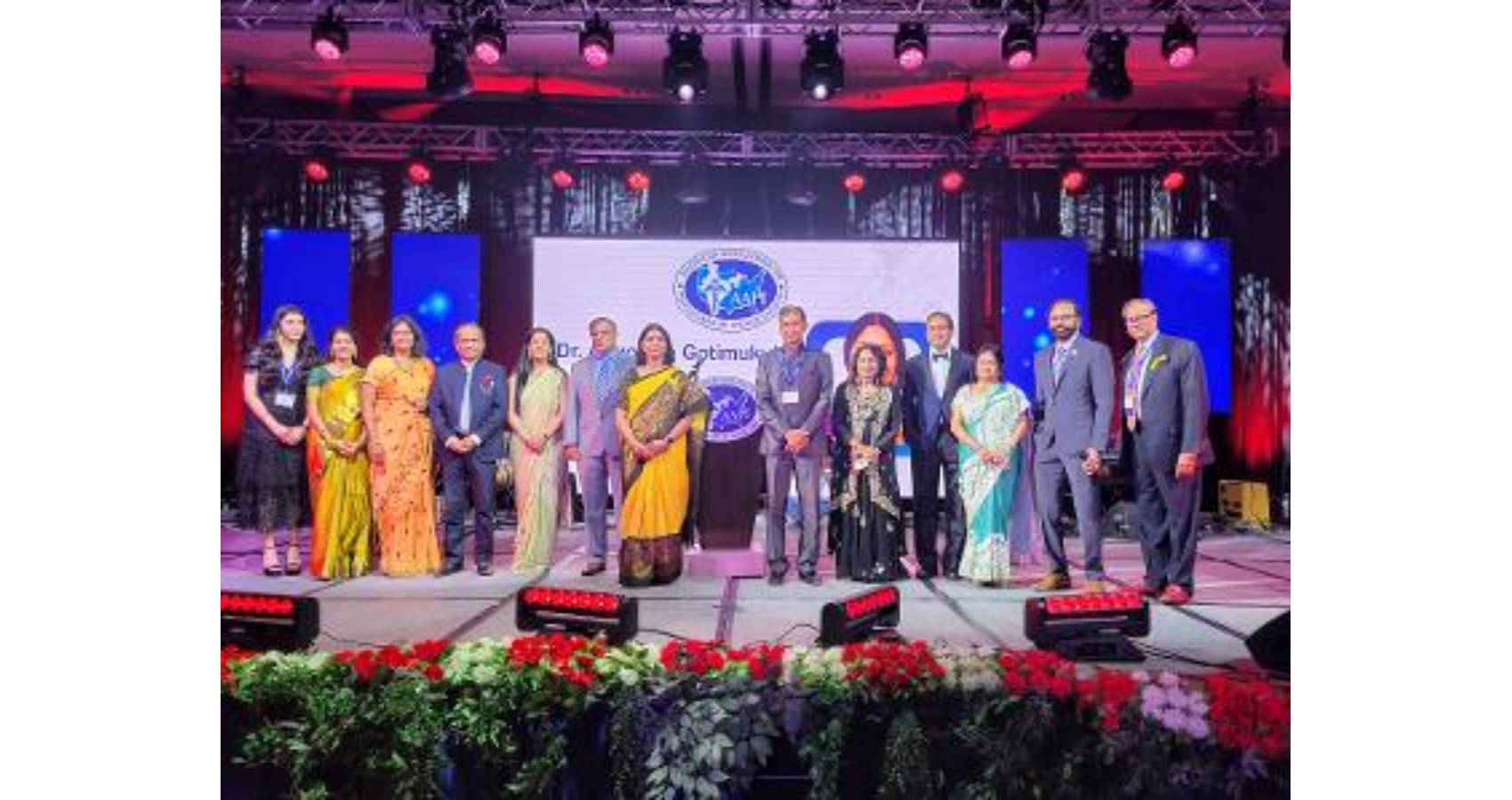
 Edited by the Delhi-based veteran journalist and foreign policy analystTarunBasu, the evocative collection titled, “Kamala Harris and the Rise of Indian Americans,” captures the rise of the Indians in the US across domains by exceptional achievers like Shashi Tharoor, a former UN public servant-turned Indian politician, and top diplomats like TP Sreenivasan and Arun K Singh. Sixteen eminent journalists, business leaders and scholars have contributed essays to the timely and priceless volume, which charts the community’s growing and influential political engagement. The book was released July 15 by New Delhi-based publisher Wisdom Tree and is available in the U.S. via Amazon. Basu describes the book as an “eclectic amalgam of perspectives on the emerging Indian-American story.”
Edited by the Delhi-based veteran journalist and foreign policy analystTarunBasu, the evocative collection titled, “Kamala Harris and the Rise of Indian Americans,” captures the rise of the Indians in the US across domains by exceptional achievers like Shashi Tharoor, a former UN public servant-turned Indian politician, and top diplomats like TP Sreenivasan and Arun K Singh. Sixteen eminent journalists, business leaders and scholars have contributed essays to the timely and priceless volume, which charts the community’s growing and influential political engagement. The book was released July 15 by New Delhi-based publisher Wisdom Tree and is available in the U.S. via Amazon. Basu describes the book as an “eclectic amalgam of perspectives on the emerging Indian-American story.”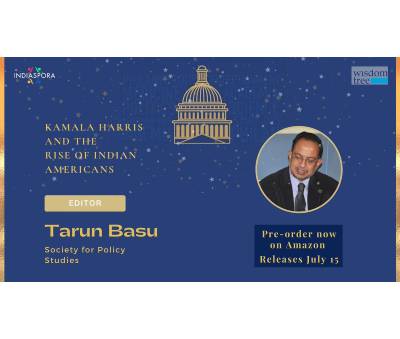 Basu has maintained a keen interest in the accomplishments of Indians abroad and has kept close touch with the community. The purpose of this anthology of essays edited by him is to bring to the global eye the unfolding saga of four million Indians in the United States. Indian Americans currently are just 1% of the US population but are expected to rise to 2% by 2030. Portraying the rise of the Indian American physicians as a strong and influential force in the United States, Ajay Ghosh chronicling their long journey to the United States and their success story, in a Chapter titled, “Physicians of Indian Heritage: America’s Healers” takes the readers to the times of Dr. AnandibaiJoshi, the first documented physician of Indian origin who had landed on the shores of the United States in 1883.
Basu has maintained a keen interest in the accomplishments of Indians abroad and has kept close touch with the community. The purpose of this anthology of essays edited by him is to bring to the global eye the unfolding saga of four million Indians in the United States. Indian Americans currently are just 1% of the US population but are expected to rise to 2% by 2030. Portraying the rise of the Indian American physicians as a strong and influential force in the United States, Ajay Ghosh chronicling their long journey to the United States and their success story, in a Chapter titled, “Physicians of Indian Heritage: America’s Healers” takes the readers to the times of Dr. AnandibaiJoshi, the first documented physician of Indian origin who had landed on the shores of the United States in 1883. “The nomination — and subsequent election — of the U.S.-born Indian origin Kamala Harris put the media spotlight on the small, but respected and high-achieving Indian American community,” writes Basu in his preface. “It is a fascinating and inspiring story of how an immigrant population from a developing country, with low education levels, became the most educated, highest-earning ethnic community in the world’s most advanced nation in almost a single generation,” he said, noting that Indian Americans have made their mark in almost every field, from the traditional trifecta of science, engineering and medicine, to the arts, academia, philanthropy, and, increasingly, politics.
“The nomination — and subsequent election — of the U.S.-born Indian origin Kamala Harris put the media spotlight on the small, but respected and high-achieving Indian American community,” writes Basu in his preface. “It is a fascinating and inspiring story of how an immigrant population from a developing country, with low education levels, became the most educated, highest-earning ethnic community in the world’s most advanced nation in almost a single generation,” he said, noting that Indian Americans have made their mark in almost every field, from the traditional trifecta of science, engineering and medicine, to the arts, academia, philanthropy, and, increasingly, politics.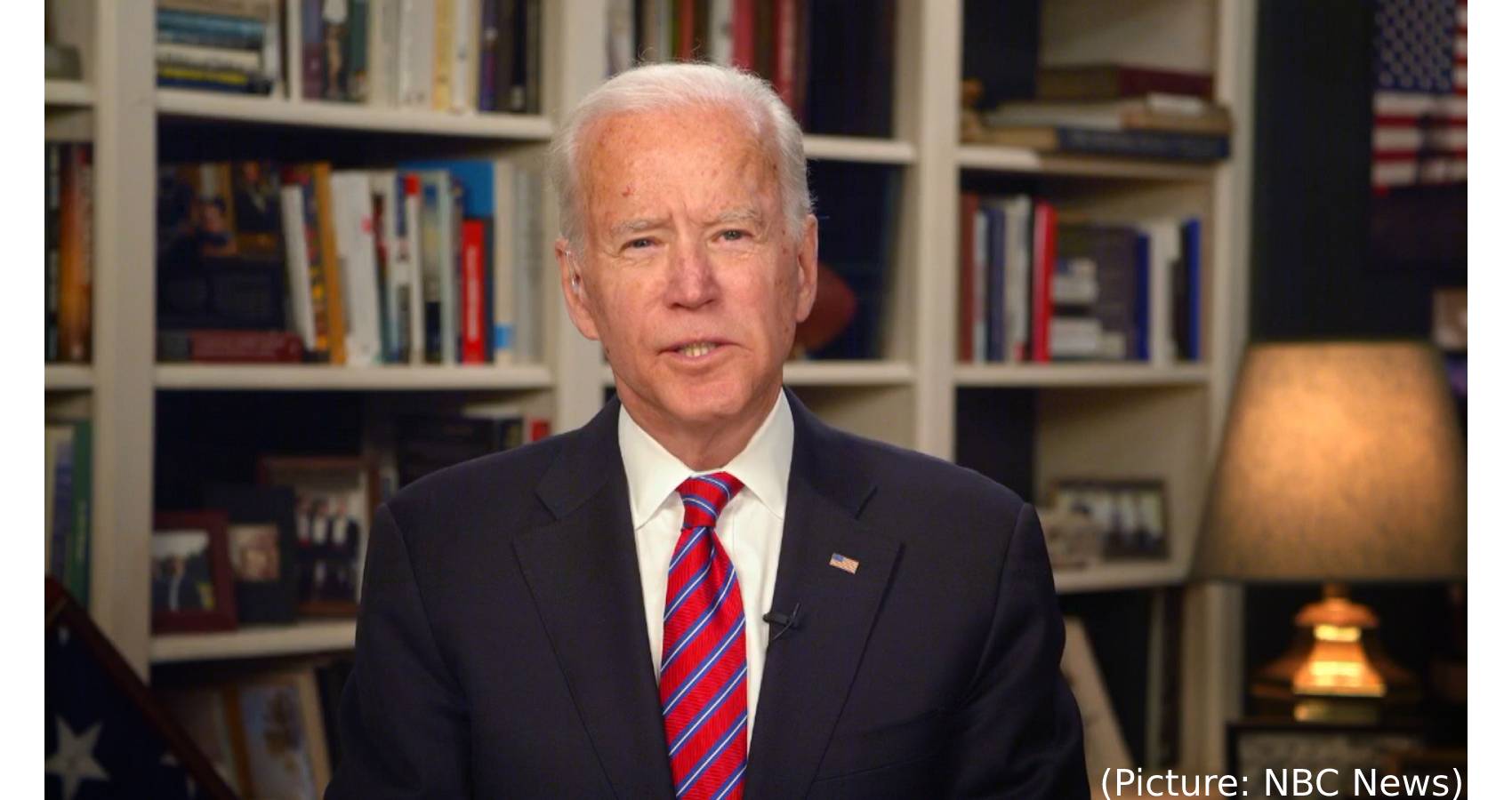
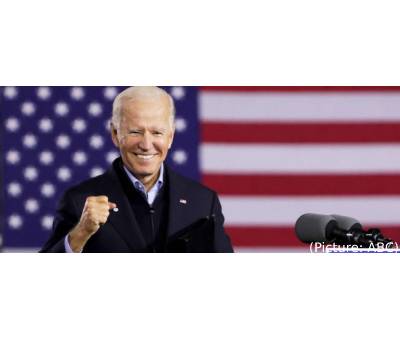 Biden, though, hasn’t really picked up any new supporters since the election. His approval rating matches his vote share (51%) and favorable rating in the exit polls (52%) nearly perfectly. On the other hand, it’s been noticeable how Biden’s relative ranking on approval rating has risen the more time has gone on. Biden’s initial approval rating was near the bottom (only beating Trump) back in January.
Biden, though, hasn’t really picked up any new supporters since the election. His approval rating matches his vote share (51%) and favorable rating in the exit polls (52%) nearly perfectly. On the other hand, it’s been noticeable how Biden’s relative ranking on approval rating has risen the more time has gone on. Biden’s initial approval rating was near the bottom (only beating Trump) back in January.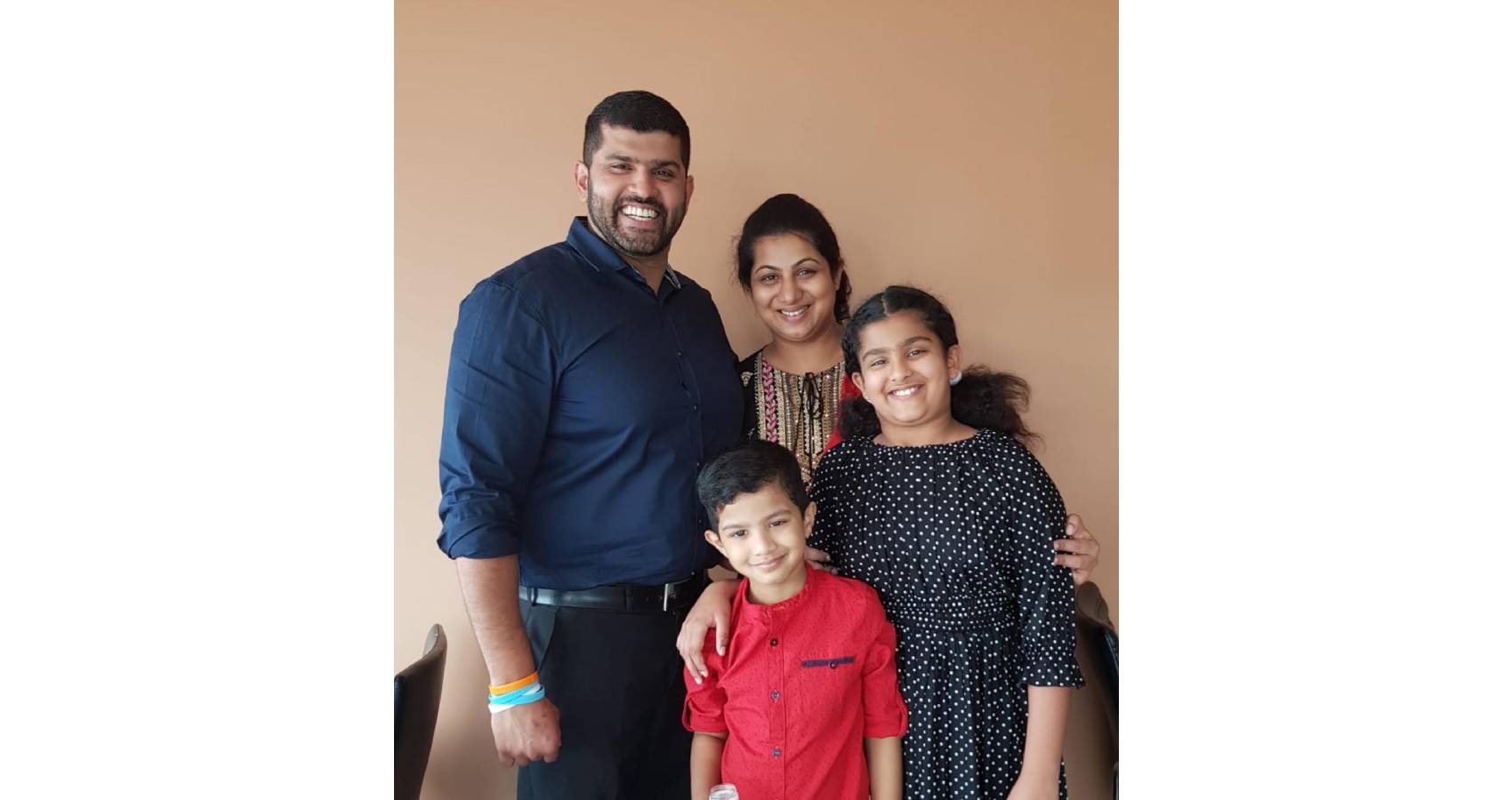
 George Thomas, a senior manager at a hotel in Australia earlier, is currently the driver of the Australian luxurious Ghan Train, that runs all the way from Darwin to Adelaide for the last two years. I wished to hear the details from the horse’s mouth itself. Australian time is sixteen hours ahead of American Las Vegas time. I tried on the phone several times. When we finally got online, we were delighted and talked in detail for a long time. When the relevant parts of his dedicated charitable efforts were reflected in his thoughts, proudly thought of presenting this particular youngster and family among the few young people who had humanity in mind.
George Thomas, a senior manager at a hotel in Australia earlier, is currently the driver of the Australian luxurious Ghan Train, that runs all the way from Darwin to Adelaide for the last two years. I wished to hear the details from the horse’s mouth itself. Australian time is sixteen hours ahead of American Las Vegas time. I tried on the phone several times. When we finally got online, we were delighted and talked in detail for a long time. When the relevant parts of his dedicated charitable efforts were reflected in his thoughts, proudly thought of presenting this particular youngster and family among the few young people who had humanity in mind.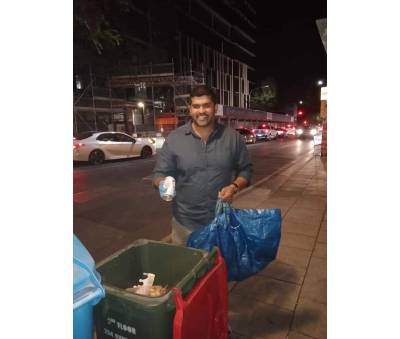 “I planned to start a school there. But how do those who have no food go to school? In addition, the children work and bring home around Rs. 200 per day. We have to make sure that we get that amount when we send our children to school. Then they said let’s leave it at school. We were willing to accept their terms.
“I planned to start a school there. But how do those who have no food go to school? In addition, the children work and bring home around Rs. 200 per day. We have to make sure that we get that amount when we send our children to school. Then they said let’s leave it at school. We were willing to accept their terms.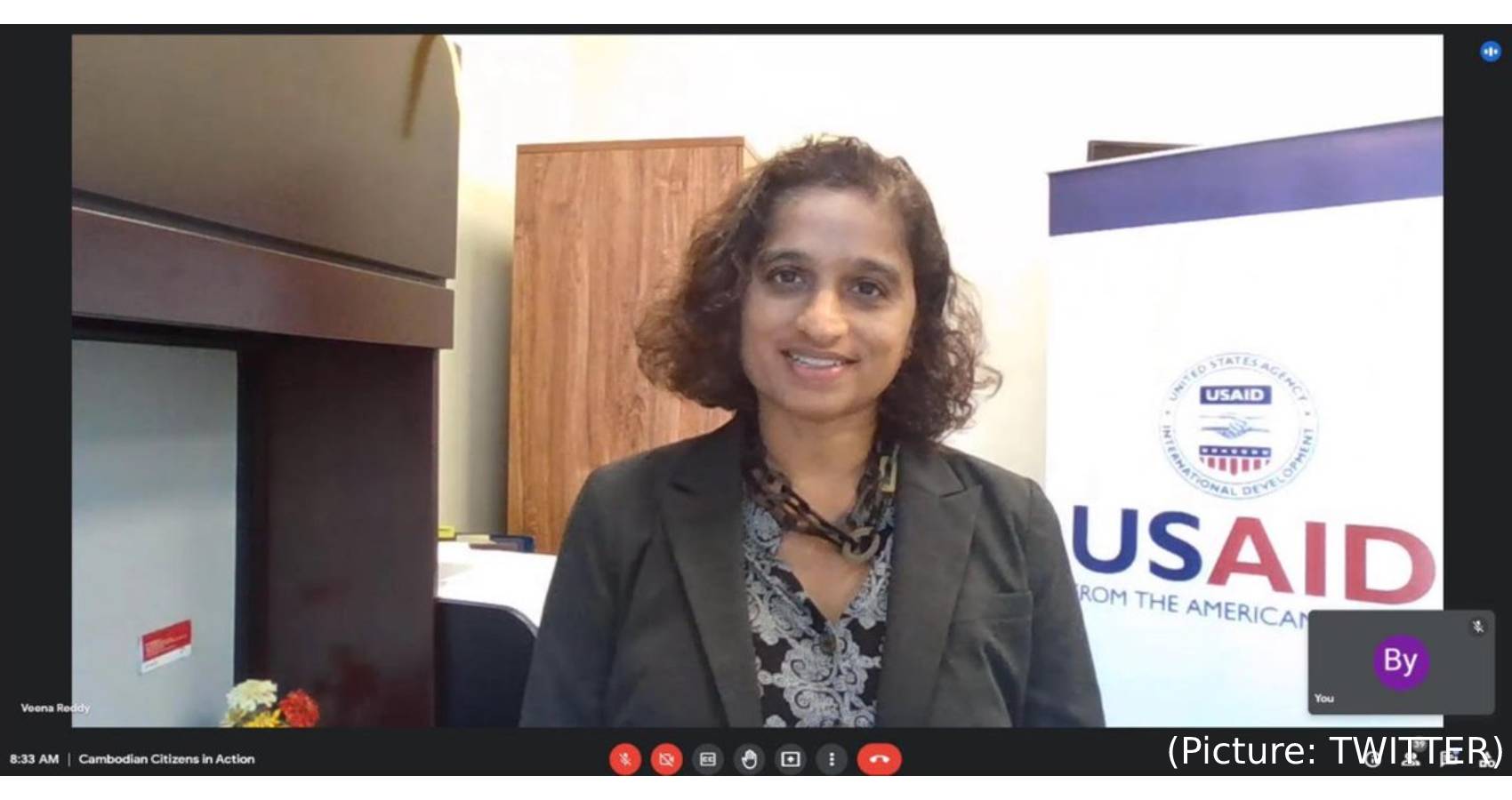
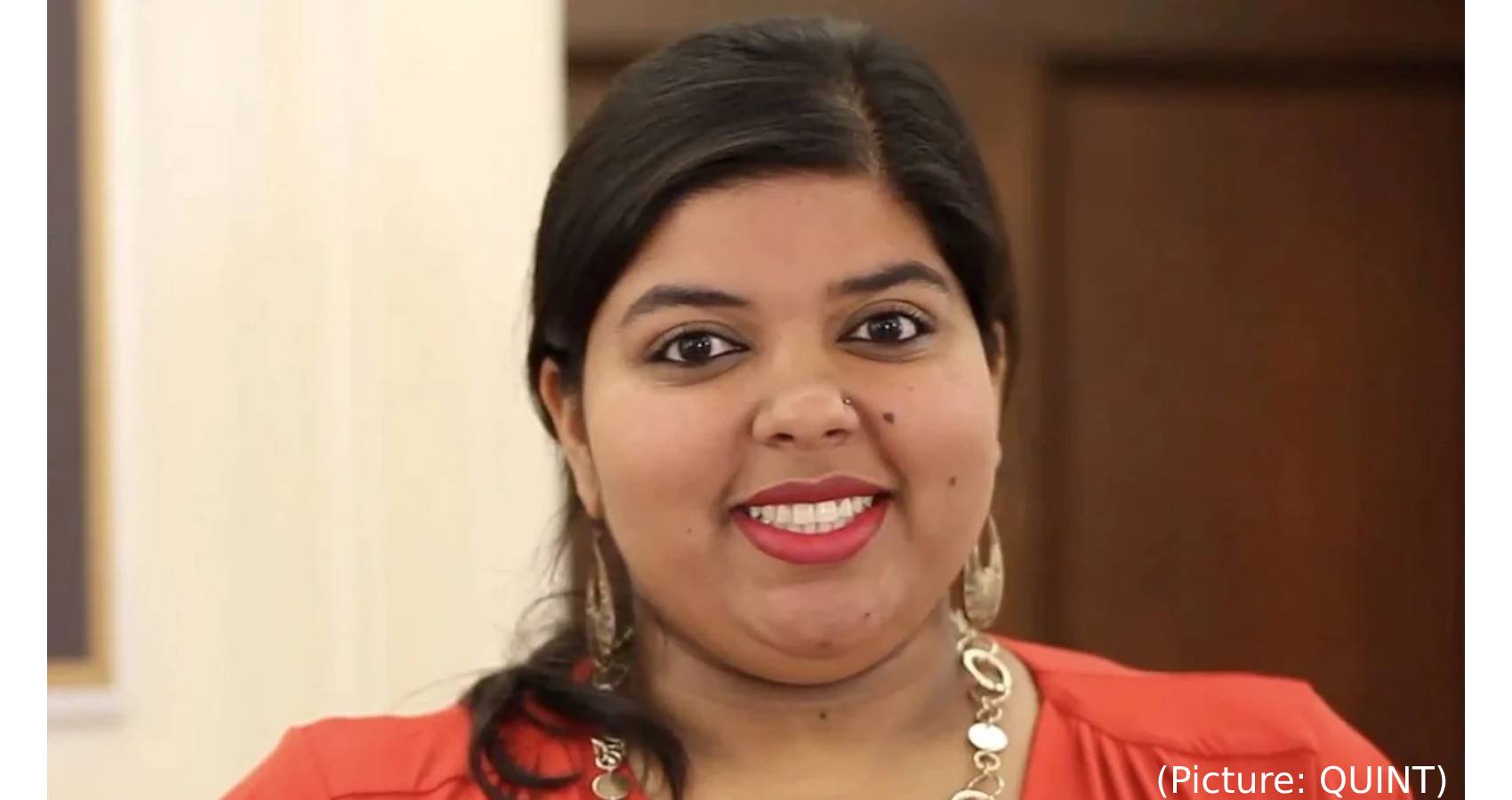
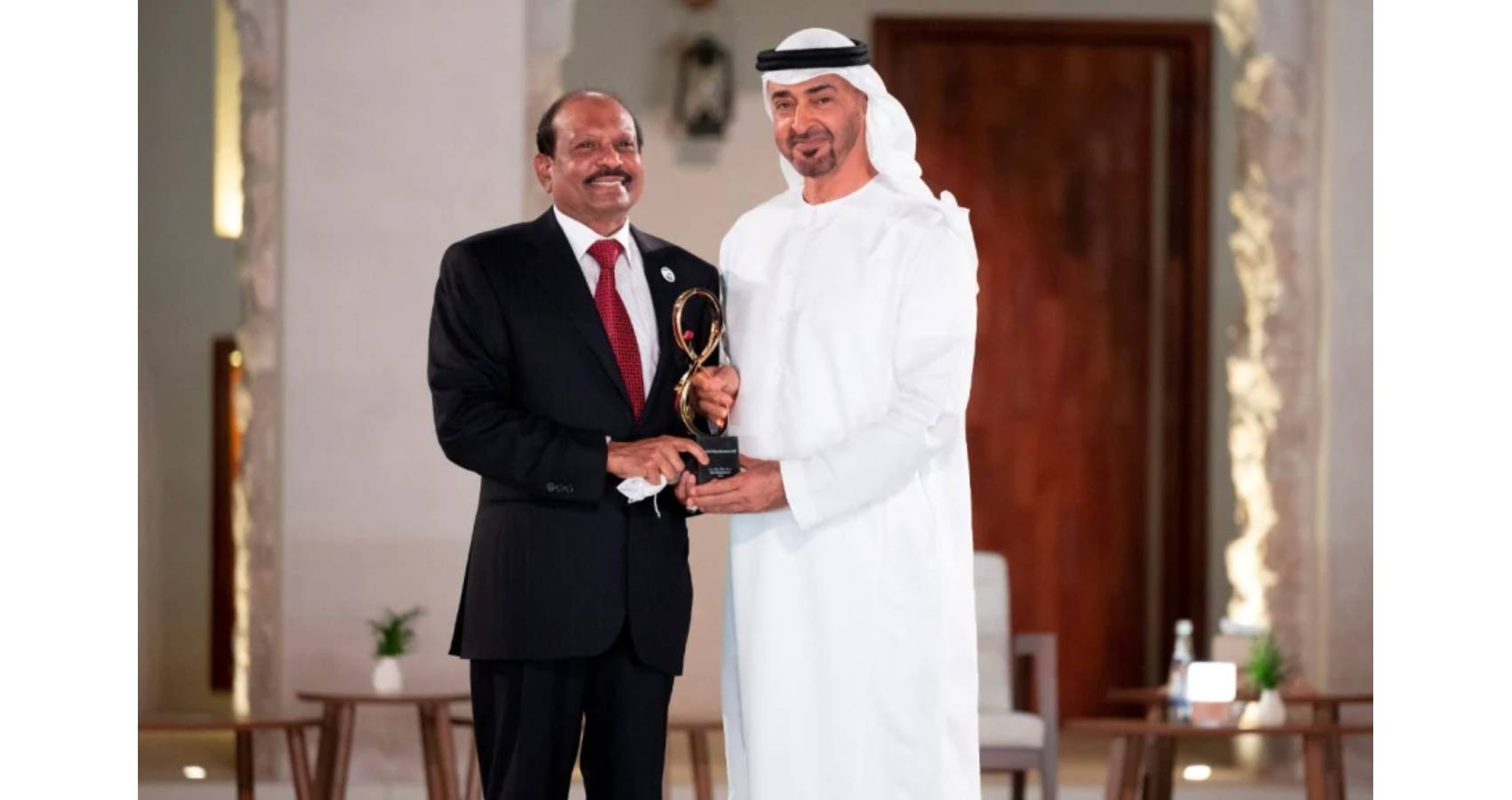
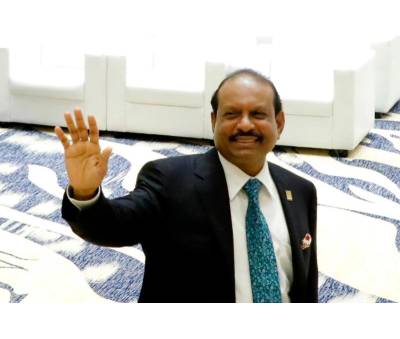 This is indeed a very proud and emotional moment for me. I am very happy to receive Abu Dhabi’s highest civilian award from the blessed hands of HH Sheikh
This is indeed a very proud and emotional moment for me. I am very happy to receive Abu Dhabi’s highest civilian award from the blessed hands of HH Sheikh 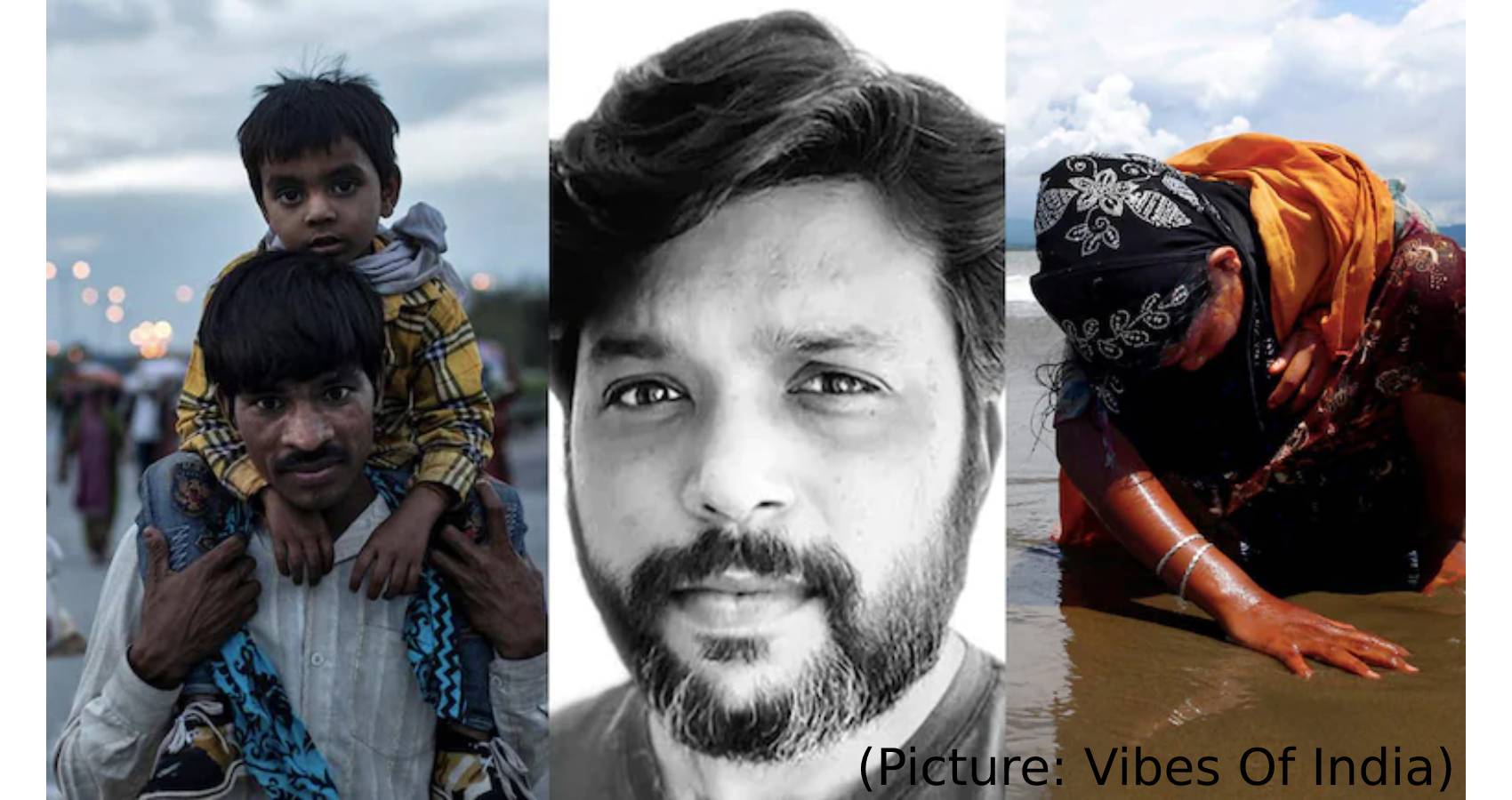
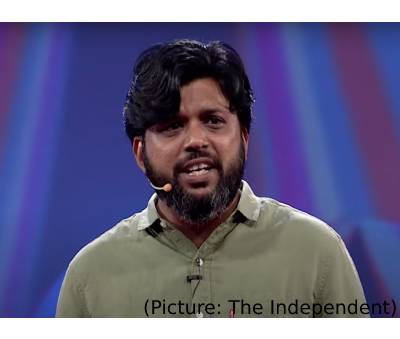 Siddiqui was reporting from Afghanistan as U.S. forces
Siddiqui was reporting from Afghanistan as U.S. forces 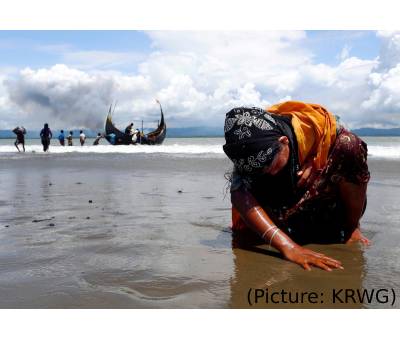 Siddiqui’s pictures of mass cremations of Covid-19 victims at funeral grounds in Delhi went viral. The funeral pyres burning round-the-clock and cremation grounds running out of space told the story of a death toll unseen and unacknowledged in official data by India and the state governments. Siddiqui travelled to smaller cities and villages to chronicle the unfolding tragedy. In April 2020, Siddiqui covered the exodus of tens of thousands of migrant workers from India’s cities following a sweeping lockdown to prevent the spreading of coronavirus. Sprawled together, men, women and children began their journeys at all hours of the day. They carried their paltry belongings – usually food, water and clothes – in plastic bags. The young men carried tatty backpacks. When the children were too tired to walk, their parents carried them on their shoulders.
Siddiqui’s pictures of mass cremations of Covid-19 victims at funeral grounds in Delhi went viral. The funeral pyres burning round-the-clock and cremation grounds running out of space told the story of a death toll unseen and unacknowledged in official data by India and the state governments. Siddiqui travelled to smaller cities and villages to chronicle the unfolding tragedy. In April 2020, Siddiqui covered the exodus of tens of thousands of migrant workers from India’s cities following a sweeping lockdown to prevent the spreading of coronavirus. Sprawled together, men, women and children began their journeys at all hours of the day. They carried their paltry belongings – usually food, water and clothes – in plastic bags. The young men carried tatty backpacks. When the children were too tired to walk, their parents carried them on their shoulders.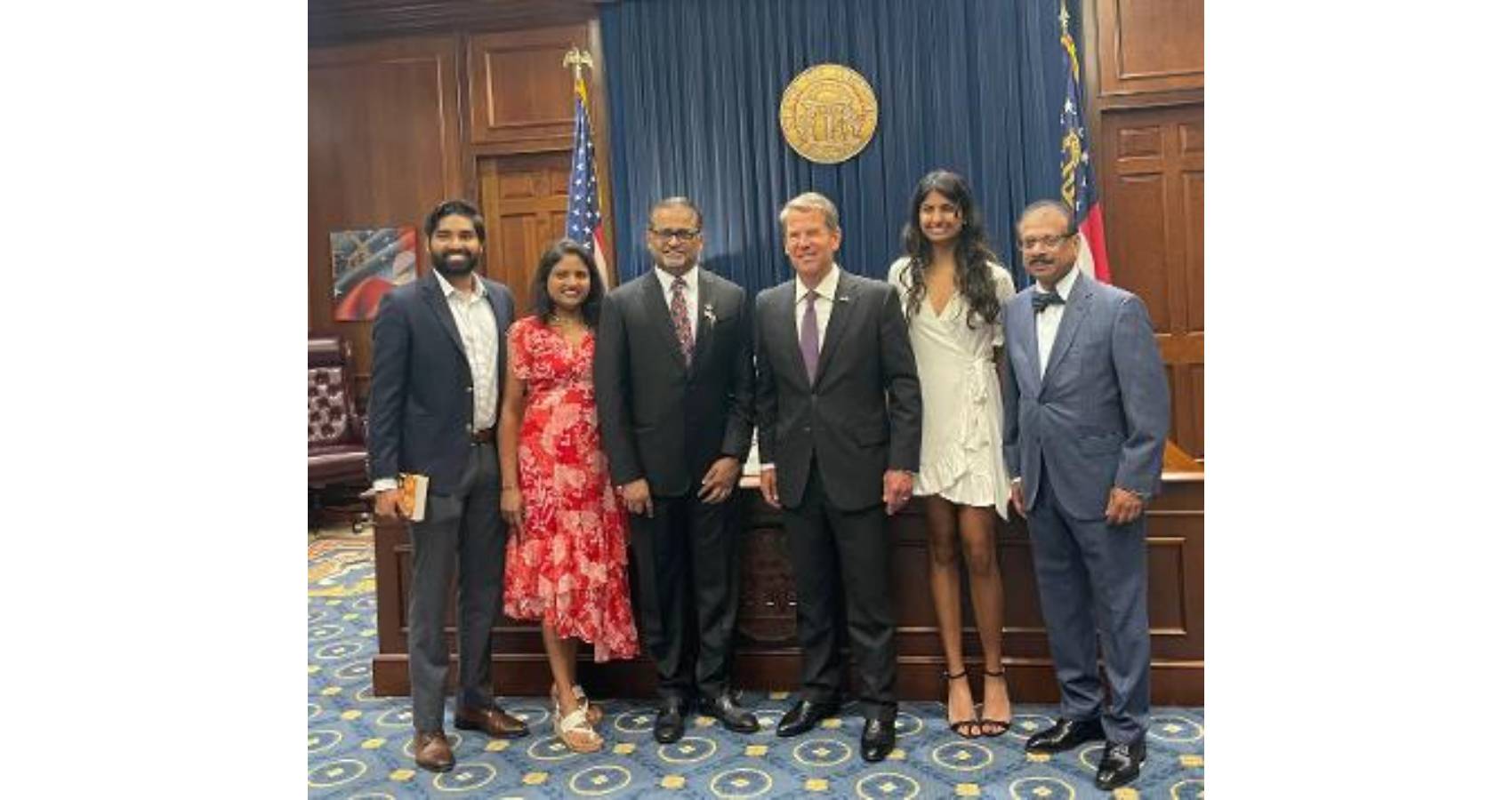
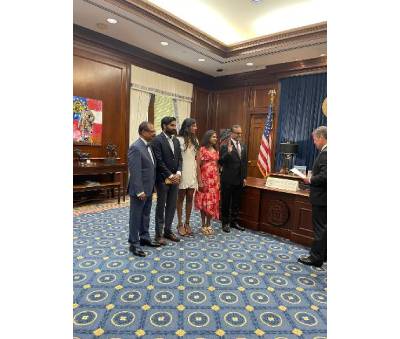 Born in Andhra Pradesh, India, Dr. Gangasani attended Kurnool Medical College (AP University of Health Sciences) from where he graduated in 1991. He was awarded State and National Merit Scholarships as well as Gold Medals and Merit Certificates in Pharmacology, Forensic Medicine, Social and Preventive Medicine and Internal Medicine for being a top- of- the- class student. He went on to win first place in Indian Academy of Pediatrics Quiz Competition. Later, in the U.S. he won Internal Medicine Quiz Competition as first year resident for internal residency program in 1994. He was also recognized Outstanding Resident in 1995. He won the first place in 1997 for presentation (Scientific paper Award) at Annual meeting of Michigan Association of Physicians from India.
Born in Andhra Pradesh, India, Dr. Gangasani attended Kurnool Medical College (AP University of Health Sciences) from where he graduated in 1991. He was awarded State and National Merit Scholarships as well as Gold Medals and Merit Certificates in Pharmacology, Forensic Medicine, Social and Preventive Medicine and Internal Medicine for being a top- of- the- class student. He went on to win first place in Indian Academy of Pediatrics Quiz Competition. Later, in the U.S. he won Internal Medicine Quiz Competition as first year resident for internal residency program in 1994. He was also recognized Outstanding Resident in 1995. He won the first place in 1997 for presentation (Scientific paper Award) at Annual meeting of Michigan Association of Physicians from India.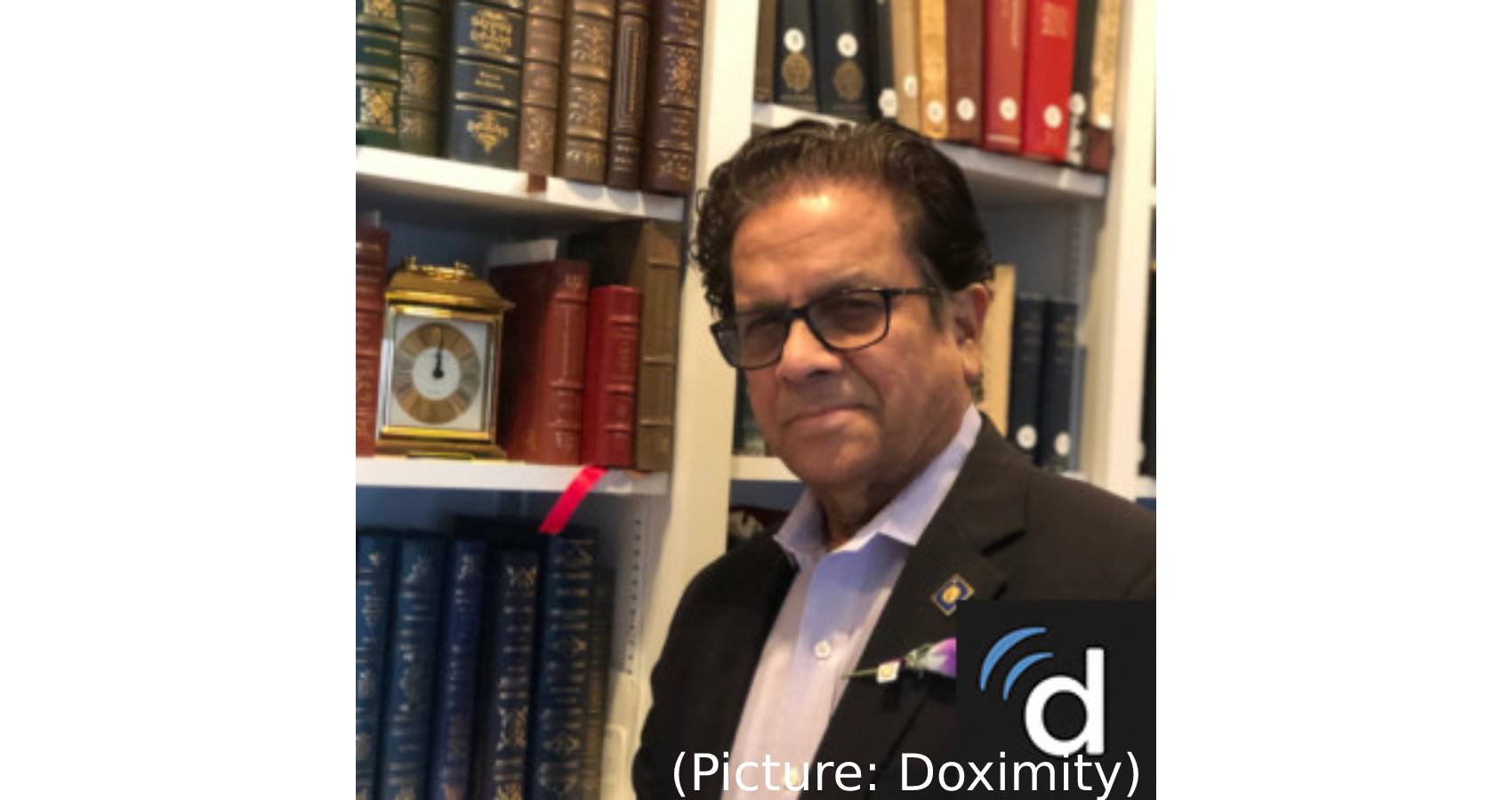
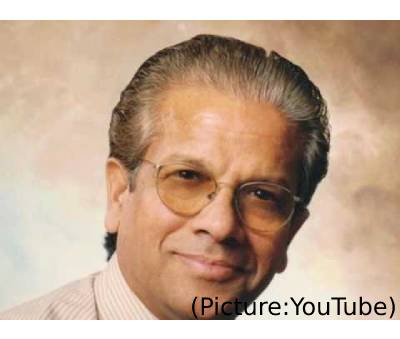 Dr. V.K. Raju was born in Rajahmundry, AP, India. He is a Clinical Professor of Ophthalmology at West Virginia University, Fellow of the Royal College of Surgeons, Fellow of the American College of Surgeons, Director of the International Ocular Surface Society, Director of the Ocular Surface Research and Education Foundation, MBBS at Andhra University in India, Chairman of Goutami Eye Institute in Rajahmundry and is the President and Founder of the Eye Foundation of America, a non-profit organization dedicated to realizing a world without childhood blindness.
Dr. V.K. Raju was born in Rajahmundry, AP, India. He is a Clinical Professor of Ophthalmology at West Virginia University, Fellow of the Royal College of Surgeons, Fellow of the American College of Surgeons, Director of the International Ocular Surface Society, Director of the Ocular Surface Research and Education Foundation, MBBS at Andhra University in India, Chairman of Goutami Eye Institute in Rajahmundry and is the President and Founder of the Eye Foundation of America, a non-profit organization dedicated to realizing a world without childhood blindness.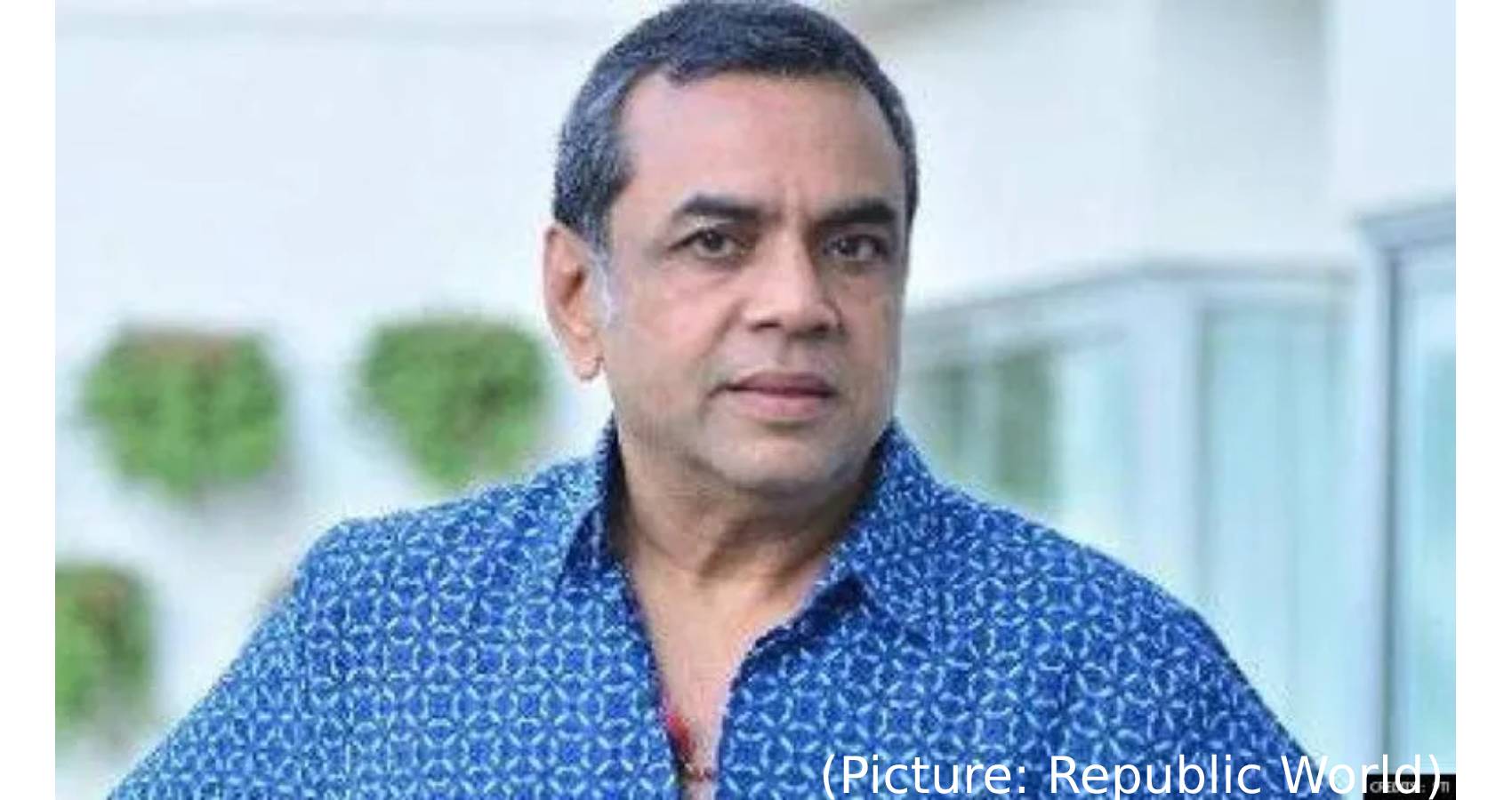
 Before Paresh Rawal, many celebrities such as Lucky Ali, Mukesh Khanna, KirronKher and others have also fallen prey to viral death hoaxes on social media in the recent past. After portraying the character of a coach in Farhan Akhtar’s Toofaan, Paresh Rawal is all set to tickle your funny bone with his upcoming film
Before Paresh Rawal, many celebrities such as Lucky Ali, Mukesh Khanna, KirronKher and others have also fallen prey to viral death hoaxes on social media in the recent past. After portraying the character of a coach in Farhan Akhtar’s Toofaan, Paresh Rawal is all set to tickle your funny bone with his upcoming film 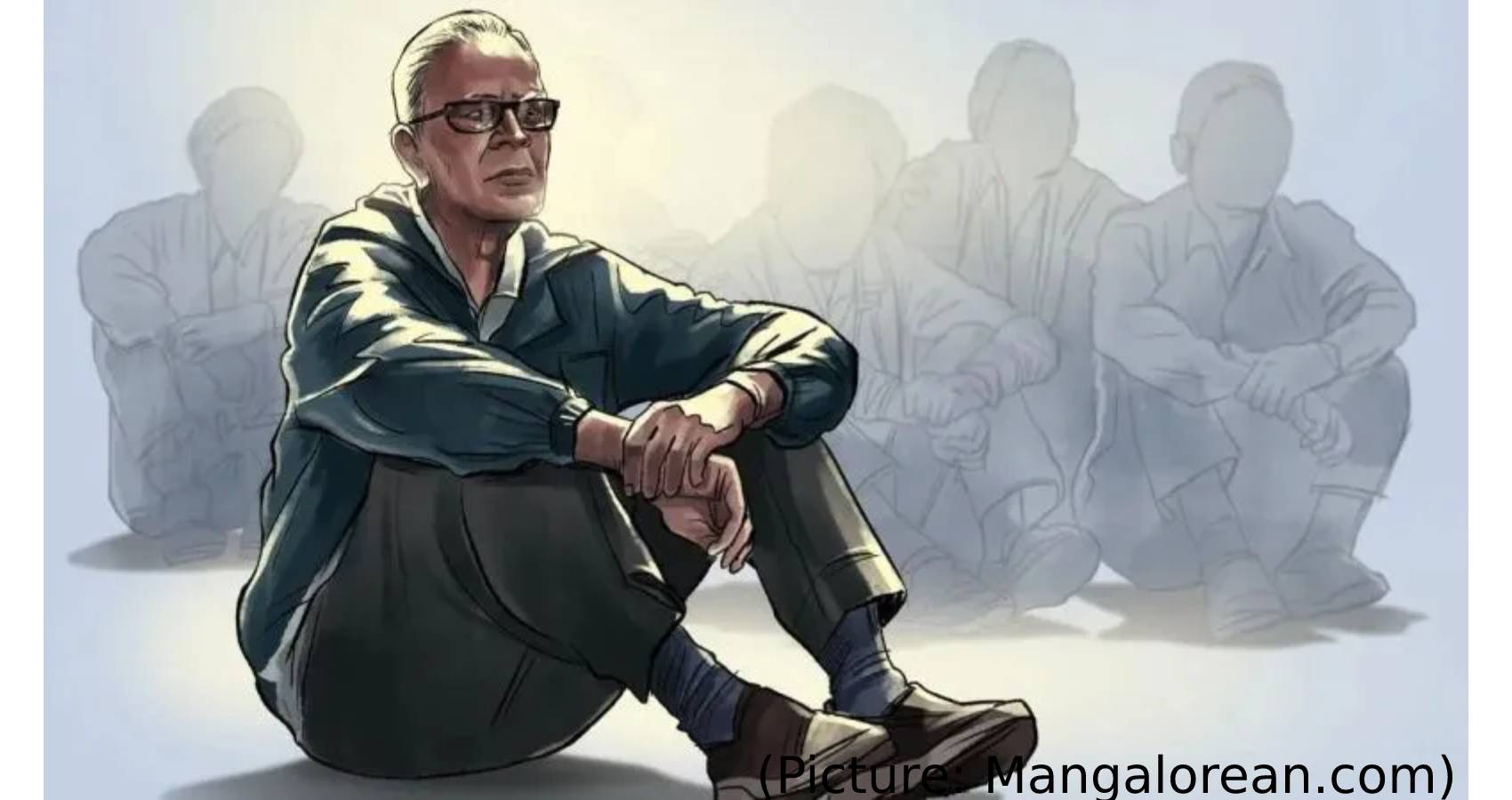
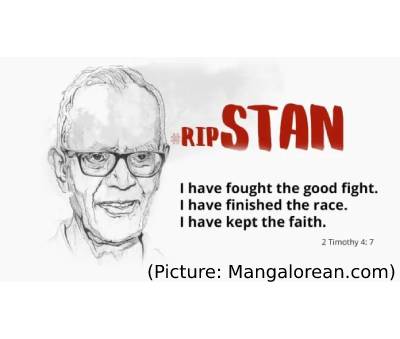 We listened to your heartfelt words shortly before your arrest on Oct. 8, 2020: “What is happening to me is not something unique — happening to me alone. It is a broader process that is taking place all over the country … In a way I am happy to be part of this process. I am not a silent spectator, but part of the game, and ready to pay the price whatever be it.” On May 21, you told Bombay High Court about the sufferings you were undergoing in jail. It had been eight months since you were brought there with your body fully functional. You could have a bath by yourself and also do some writing.
We listened to your heartfelt words shortly before your arrest on Oct. 8, 2020: “What is happening to me is not something unique — happening to me alone. It is a broader process that is taking place all over the country … In a way I am happy to be part of this process. I am not a silent spectator, but part of the game, and ready to pay the price whatever be it.” On May 21, you told Bombay High Court about the sufferings you were undergoing in jail. It had been eight months since you were brought there with your body fully functional. You could have a bath by yourself and also do some writing.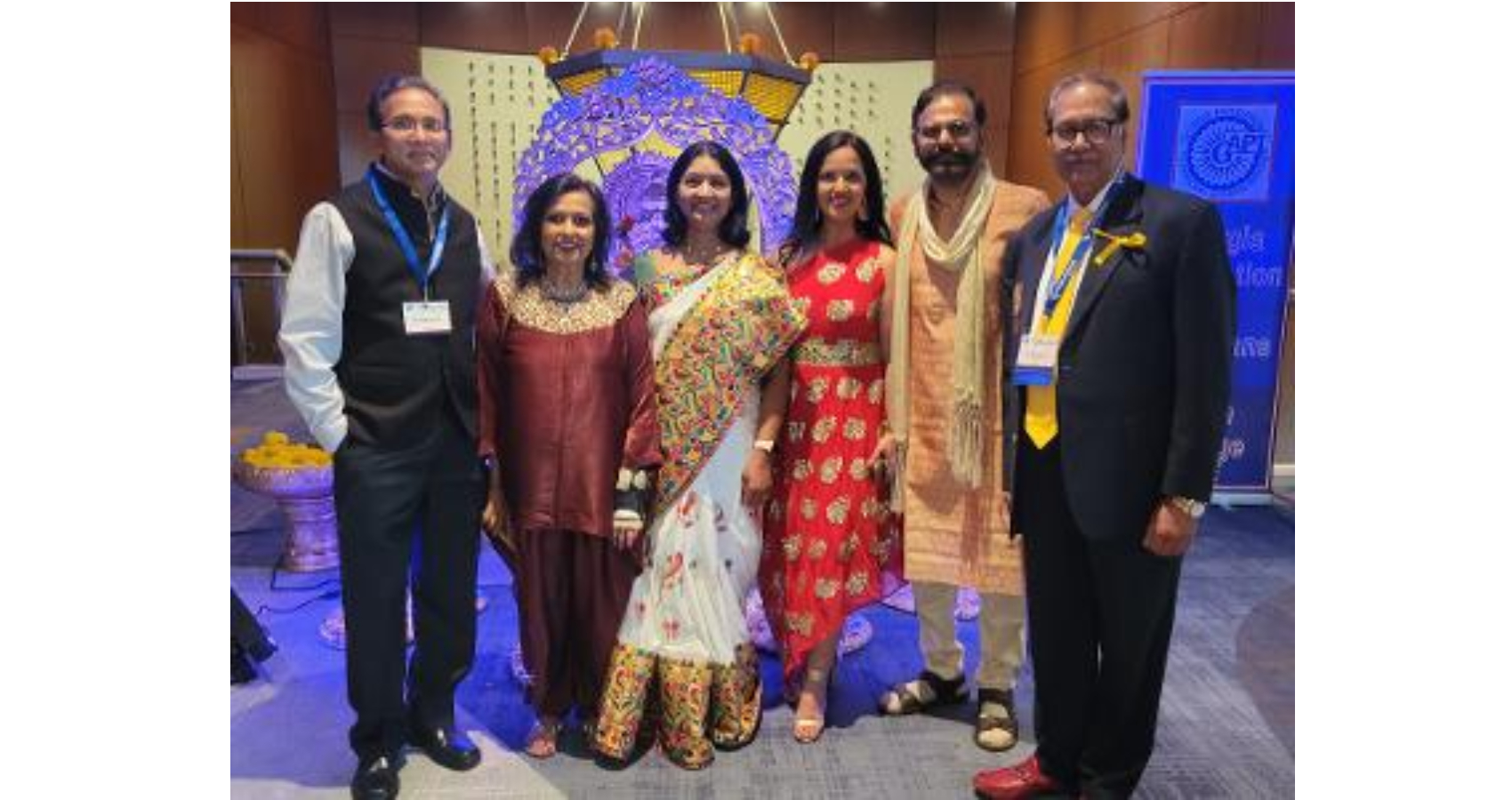
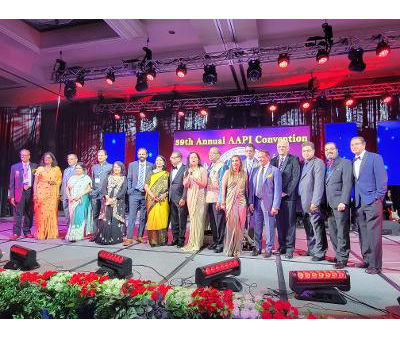
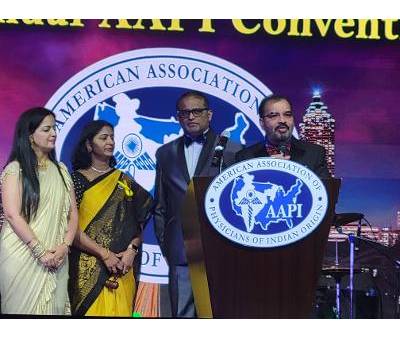 Dr. Kusum Punjabi, a very young and energetic leader of AAPI, assumed office as the Chair of Board of Trustees of AAPI on July 4th. The youngest to date to be holding this position in AAPI’s 40 years long history and the first person to go to medical school in the USA, Dr. Punjabi completed her undergraduate degree from Rutgers University in Biology and Economics and graduated with high honors as a Henry Rutgers Scholar. She, then completed MD/MBA program from Rutgers Robert Wood Johnson Medical School and Rutgers Business School.
Dr. Kusum Punjabi, a very young and energetic leader of AAPI, assumed office as the Chair of Board of Trustees of AAPI on July 4th. The youngest to date to be holding this position in AAPI’s 40 years long history and the first person to go to medical school in the USA, Dr. Punjabi completed her undergraduate degree from Rutgers University in Biology and Economics and graduated with high honors as a Henry Rutgers Scholar. She, then completed MD/MBA program from Rutgers Robert Wood Johnson Medical School and Rutgers Business School.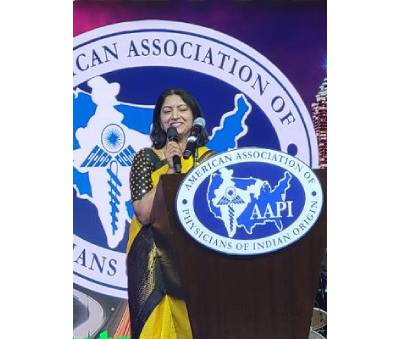 A recipient of several Community Service/Awards, Dr. Kathula wants to “Make AAPI a mainstream organization and work on issues affecting physicians including physician shortage, burnout, and credentialing, while leveraging the strength of 100,000 doctors at legislative level.” Another area, he wants to work is to “Encourage and engage next generation/young physicians in AAPI activities. While working closely with other physician organizations such as AMA.”
A recipient of several Community Service/Awards, Dr. Kathula wants to “Make AAPI a mainstream organization and work on issues affecting physicians including physician shortage, burnout, and credentialing, while leveraging the strength of 100,000 doctors at legislative level.” Another area, he wants to work is to “Encourage and engage next generation/young physicians in AAPI activities. While working closely with other physician organizations such as AMA.”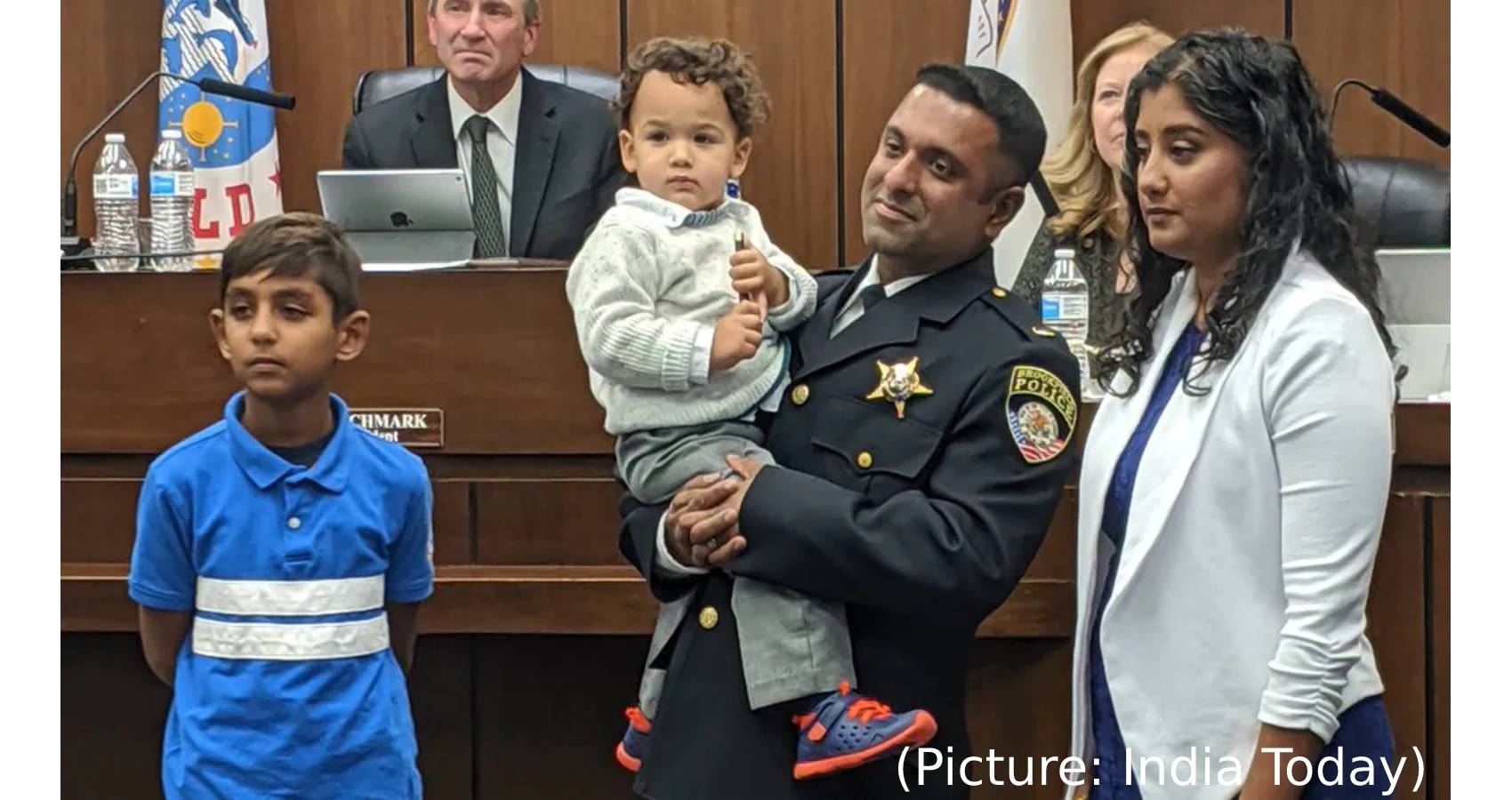
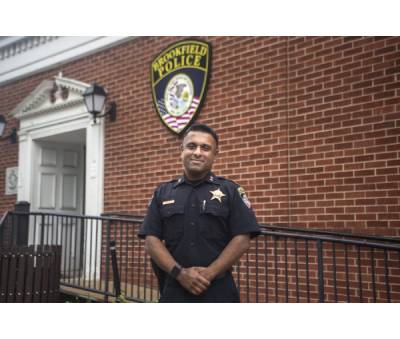 Asked about his India connection, Chicago-born Brookfield Deputy Chief of Police Kuruvilla, 38, told indica News that he used to visit Kerala when he was a kid. The last trip he made to India was in 2013 with his family. Kuruvilla’s wife Sibil is a licensed social worker that manages a community mental health center and they have two children ages 10 and 3. In an interview with indica News, Kuruvilla shared how he was always fascinated by law enforcement, admitted it was an unusual career choice for his community, and said that his first job as police chief would be getting body cameras on. There are thirty-one police officers in his department and three non-sworn personal staff. Excerpts:
Asked about his India connection, Chicago-born Brookfield Deputy Chief of Police Kuruvilla, 38, told indica News that he used to visit Kerala when he was a kid. The last trip he made to India was in 2013 with his family. Kuruvilla’s wife Sibil is a licensed social worker that manages a community mental health center and they have two children ages 10 and 3. In an interview with indica News, Kuruvilla shared how he was always fascinated by law enforcement, admitted it was an unusual career choice for his community, and said that his first job as police chief would be getting body cameras on. There are thirty-one police officers in his department and three non-sworn personal staff. Excerpts: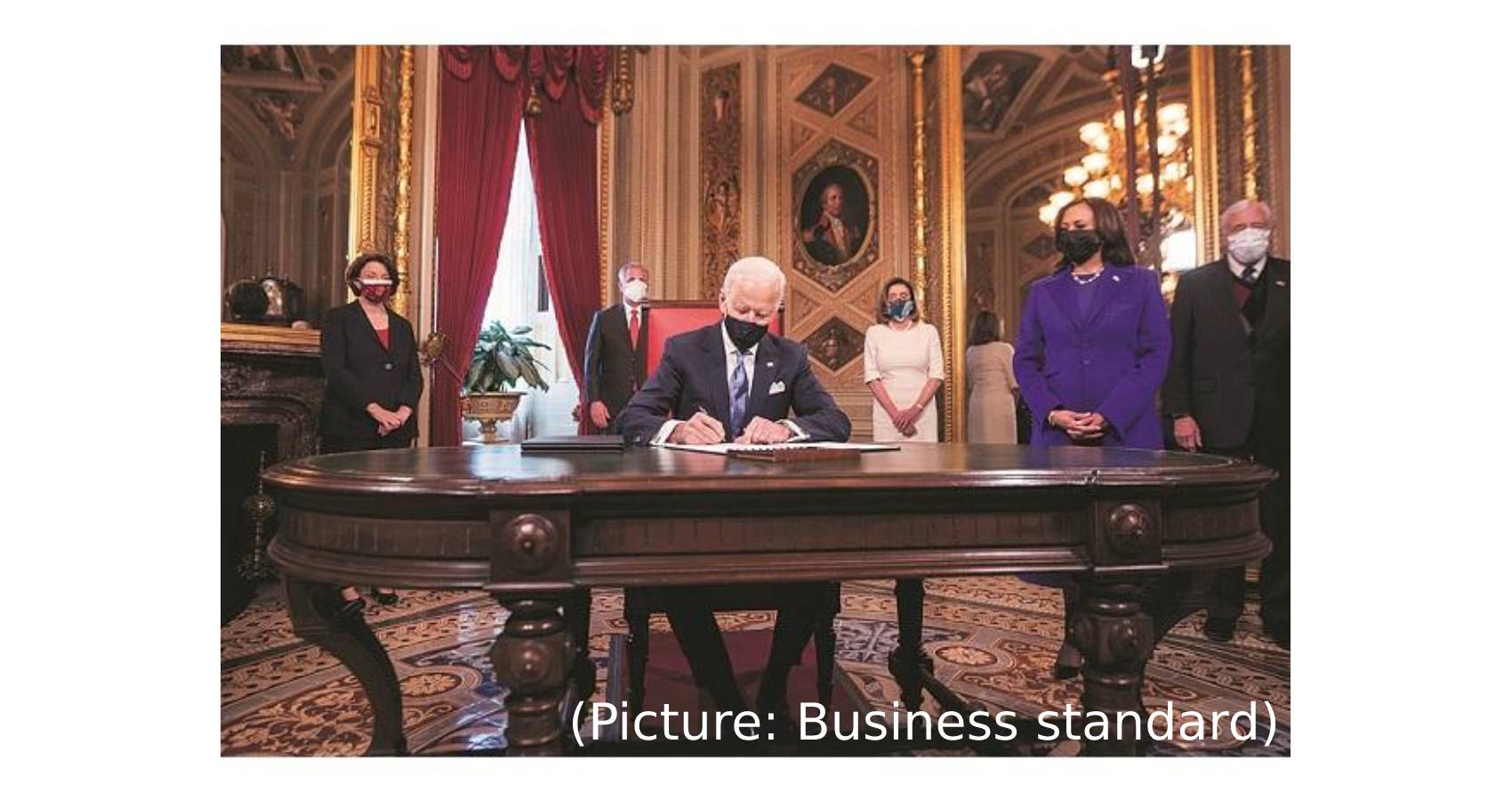
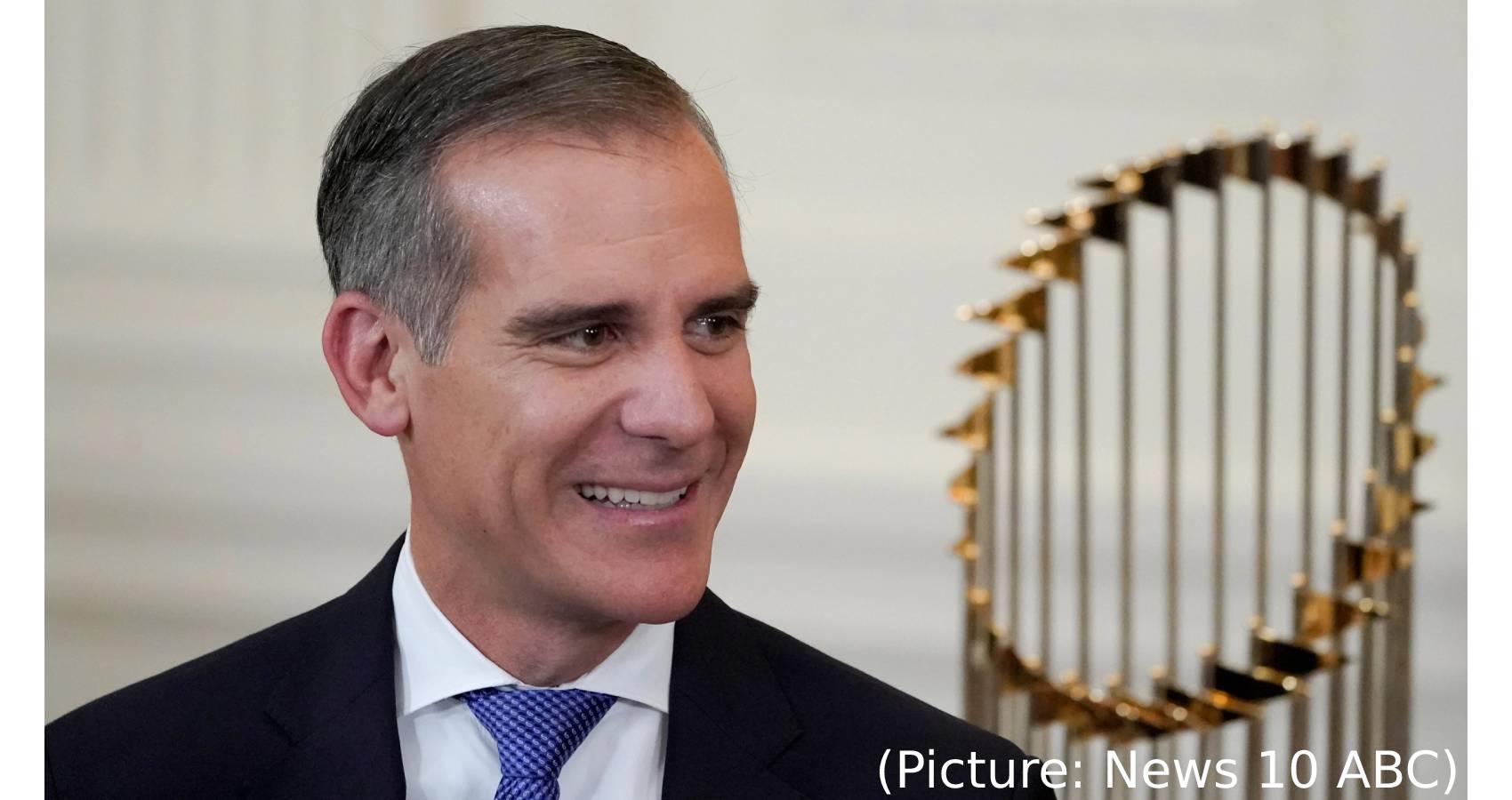
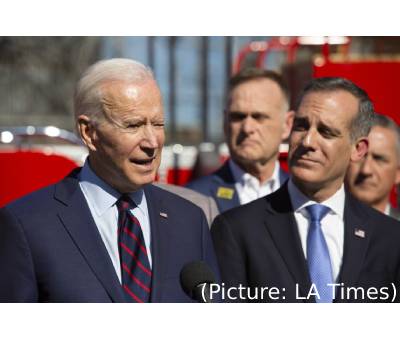 On accepting the nomination Garcetti posted a statement on the city’s website: “I love Los Angeles and will always be an Angeleno. I want you to know that every day I am your mayor, I will continue to lead this city like it is my first day on the job, with passion, focus, and determination. I have committed my life to service –– as an activist, as a teacher, as a naval officer, as a public servant and, if confirmed, next as an ambassador. Part of that commitment means that when your nation calls, you answer that call. And should I be confirmed, I’ll bring this same energy, commitment, and love for this city to my new role, and will forge partnerships and connections that will help Los Angeles.”
On accepting the nomination Garcetti posted a statement on the city’s website: “I love Los Angeles and will always be an Angeleno. I want you to know that every day I am your mayor, I will continue to lead this city like it is my first day on the job, with passion, focus, and determination. I have committed my life to service –– as an activist, as a teacher, as a naval officer, as a public servant and, if confirmed, next as an ambassador. Part of that commitment means that when your nation calls, you answer that call. And should I be confirmed, I’ll bring this same energy, commitment, and love for this city to my new role, and will forge partnerships and connections that will help Los Angeles.”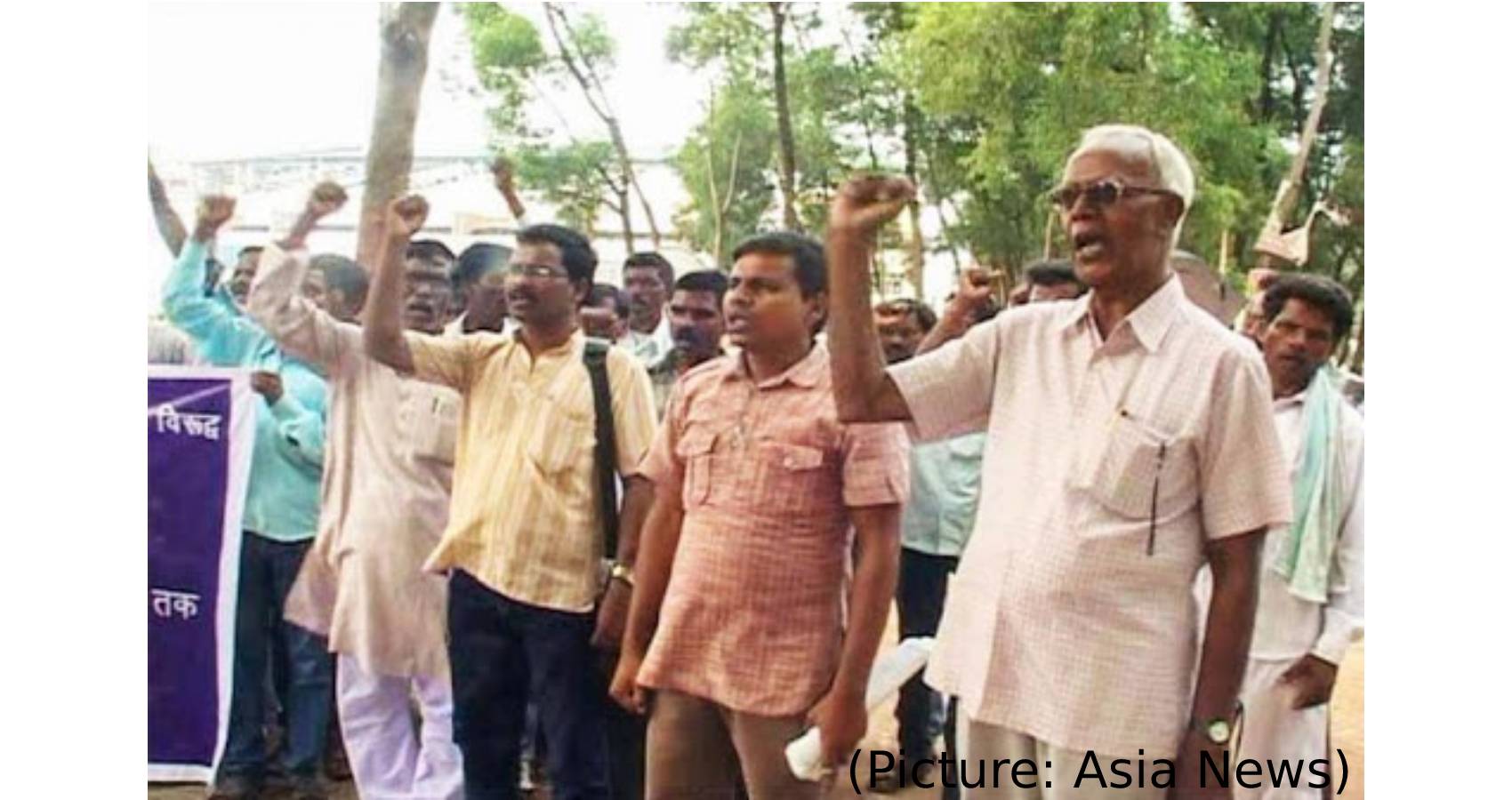
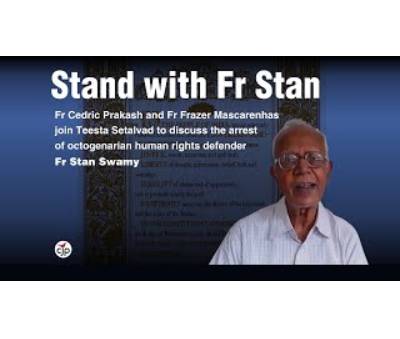 Bhima Koregaon incidence took place in 2019, 1st July. As thousands of dalits were returning after paying homage to dalits who lost their life in battle against Peshwa army in 1818, they were attacked. This battle had taken place between the Peshwa Baji Rao’s upper caste army against the East India Company’s army constituted mainly by Mahar community. Mahars saw it as a defeat of casteist forces and celebrated the victory, a victory pole was erected and annually dalits started visiting the place as a mark of defeat of Brahmanical forces. Babasaheb Ambedkar also visited the place in 1928. It became an ideological identity booster for the dalit community.
Bhima Koregaon incidence took place in 2019, 1st July. As thousands of dalits were returning after paying homage to dalits who lost their life in battle against Peshwa army in 1818, they were attacked. This battle had taken place between the Peshwa Baji Rao’s upper caste army against the East India Company’s army constituted mainly by Mahar community. Mahars saw it as a defeat of casteist forces and celebrated the victory, a victory pole was erected and annually dalits started visiting the place as a mark of defeat of Brahmanical forces. Babasaheb Ambedkar also visited the place in 1928. It became an ideological identity booster for the dalit community.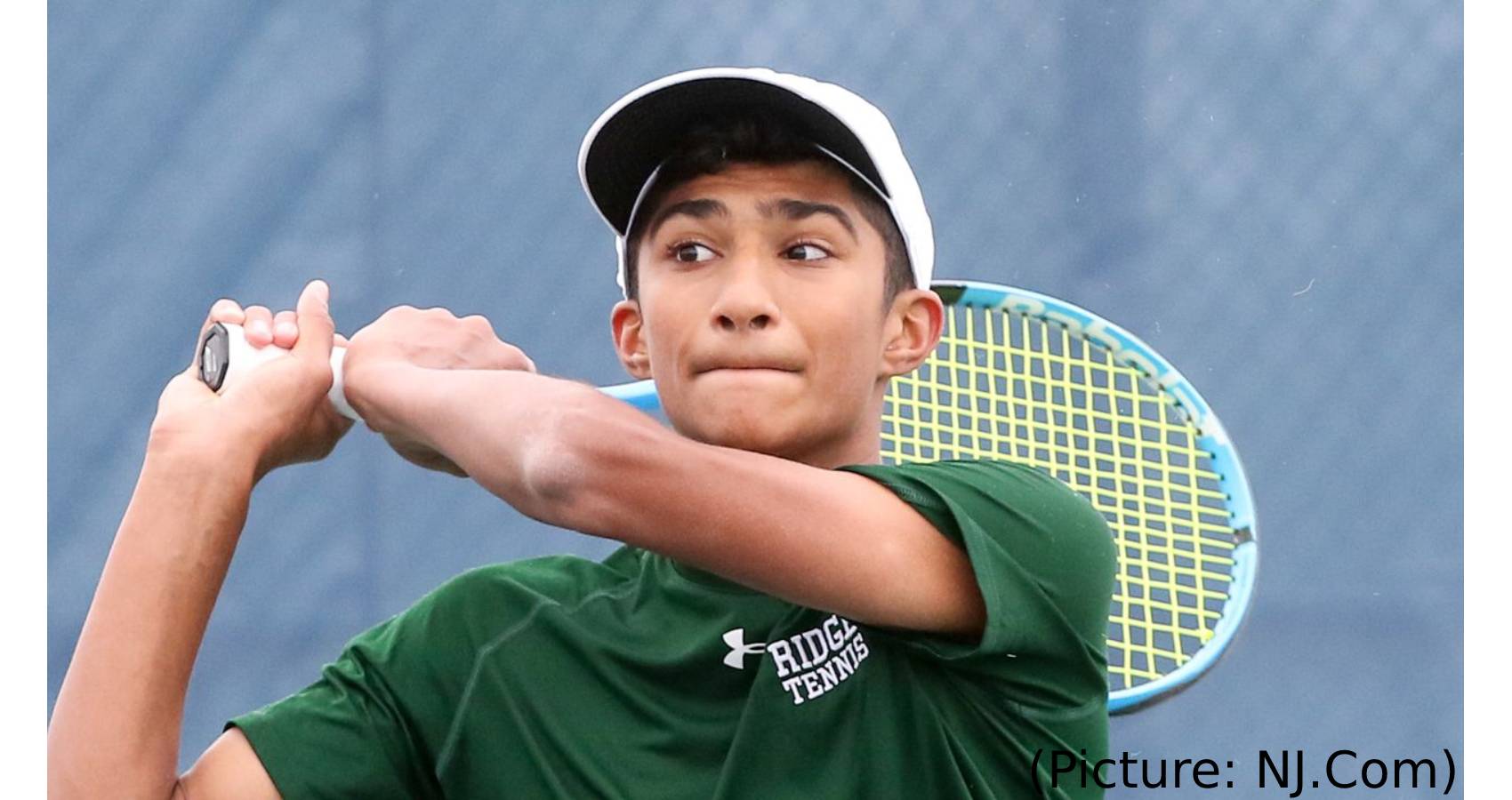
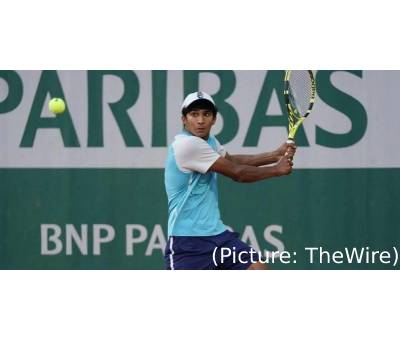 “I’m really happy with my commitment to Columbia, the coaches there I’m really buying into their vision. I think it’s a really good stepping stone. Obviously, with Indian parents, they definitely want me to go to college and not just skip the whole…and just go right to pros. And I think it would be a good character-building kind of thing, because I’m not sure if I’m fully ready to just fully go pro yet, so as of right now, I’m still probably going to go to college,” he had said. The 17-year-old right-hander from New Jersey beat Wayenburg 7-6(3), 4-6, 6-2 in two minutes short of two hours in their semi-final encounter.
“I’m really happy with my commitment to Columbia, the coaches there I’m really buying into their vision. I think it’s a really good stepping stone. Obviously, with Indian parents, they definitely want me to go to college and not just skip the whole…and just go right to pros. And I think it would be a good character-building kind of thing, because I’m not sure if I’m fully ready to just fully go pro yet, so as of right now, I’m still probably going to go to college,” he had said. The 17-year-old right-hander from New Jersey beat Wayenburg 7-6(3), 4-6, 6-2 in two minutes short of two hours in their semi-final encounter.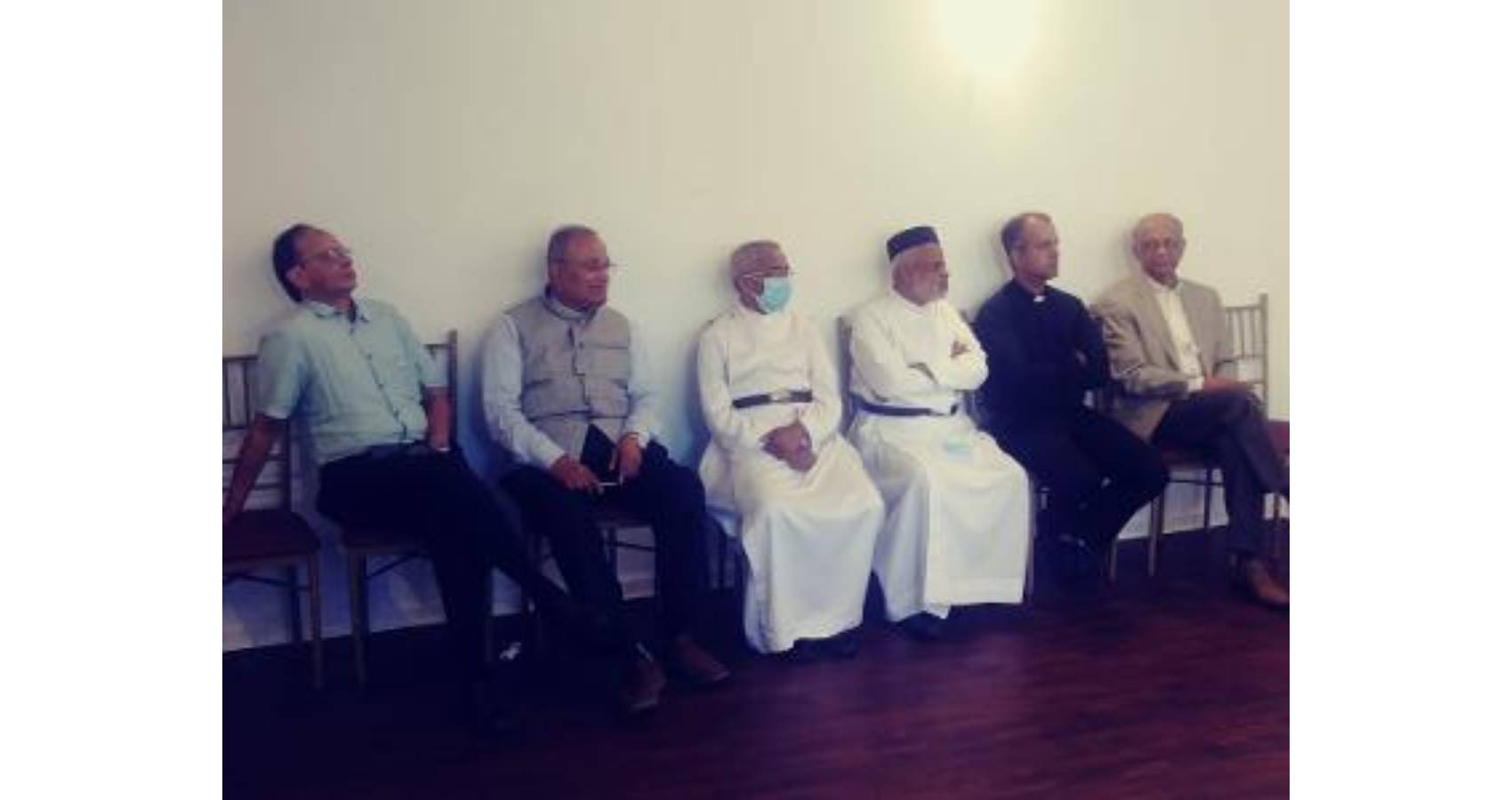
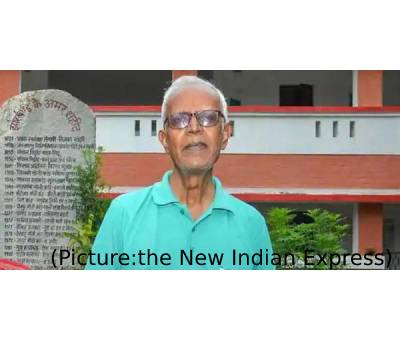 Pastor Wilson Jose, Pastor of the Grace International Church in Mineola, said while we have gathered here to celebrate Father Stan’s life, we would like to express our indignation as Pravasis, the way the political leaders and the judiciary treated him in India. Father Stan represented Christ’s teachings to its core and did his best to uplift the neglected ones by a caste system that is in place over centuries. Jesus said, love your enemies and pray for those who persecute you, and Fr. Stan’s life exemplified those principles. During the freedom struggle, Mahatma Gandhi was jailed many times by the British authorities. However, they respected his ideals and made sure no harm happened to him. Sadly today, the Government of India lacks even that basic level of humanity in the treatment of its own citizens!
Pastor Wilson Jose, Pastor of the Grace International Church in Mineola, said while we have gathered here to celebrate Father Stan’s life, we would like to express our indignation as Pravasis, the way the political leaders and the judiciary treated him in India. Father Stan represented Christ’s teachings to its core and did his best to uplift the neglected ones by a caste system that is in place over centuries. Jesus said, love your enemies and pray for those who persecute you, and Fr. Stan’s life exemplified those principles. During the freedom struggle, Mahatma Gandhi was jailed many times by the British authorities. However, they respected his ideals and made sure no harm happened to him. Sadly today, the Government of India lacks even that basic level of humanity in the treatment of its own citizens!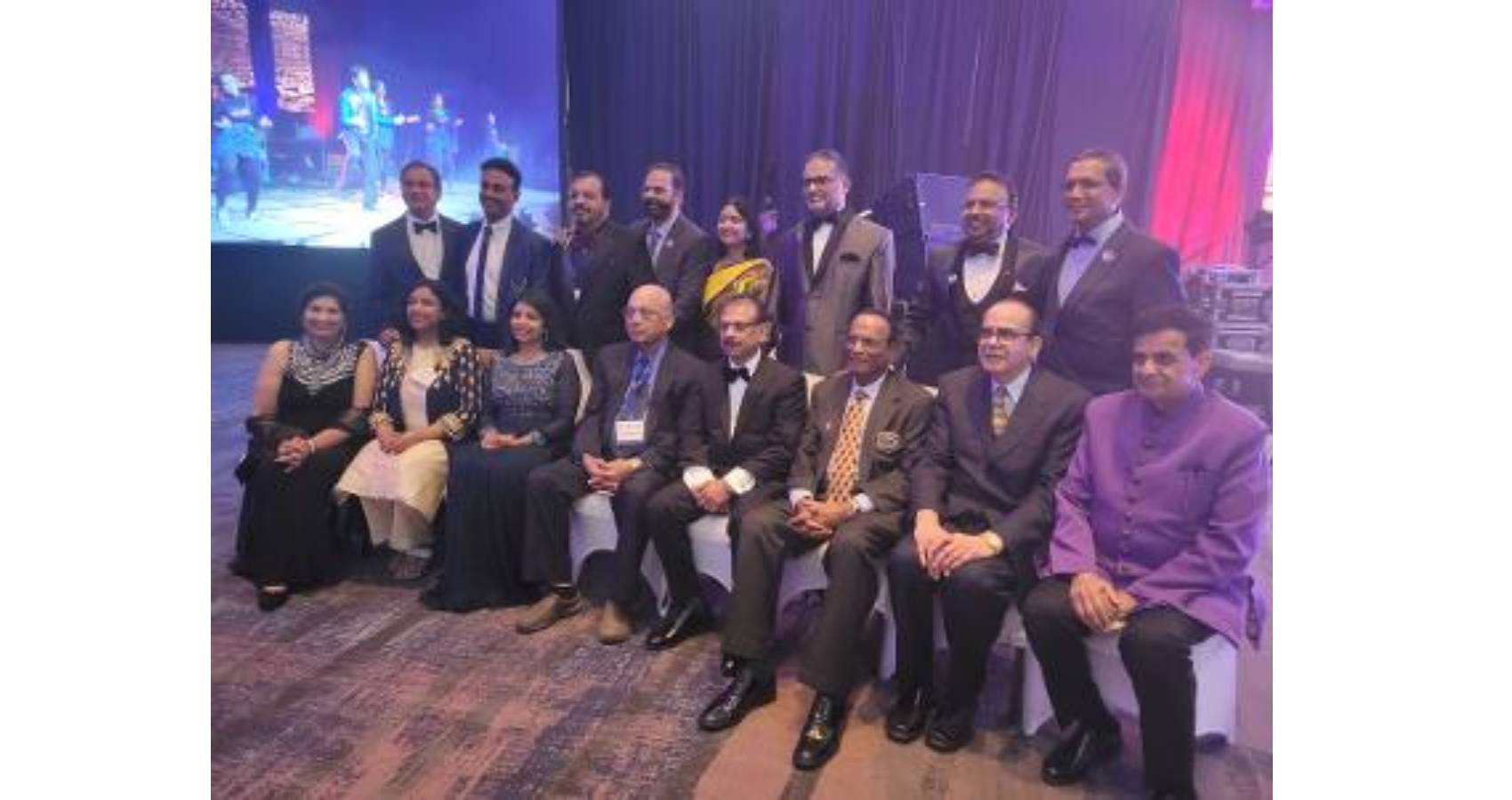
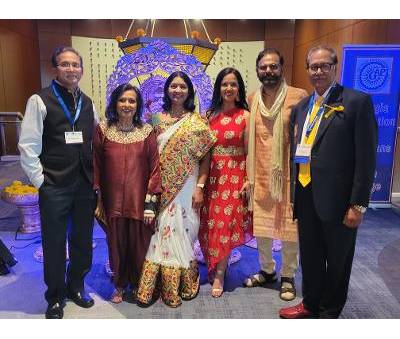 Dr. Jonnalagadda, who had assumed office a year ago during a virtual convention, told the AAPI delegates, “Despite the Covid pandemic and the many challenges AAPI had to face, “I am proud of the many accomplishments under my leadership. I am grateful for the immense and life changing moments, probably the best of my life ever, that came with my association with and leading AAPI.” Describing how his own life has changed over the past years, he said, “Working with many physicians motivated me to be a better physician myself. I understood the higher meaning of being a physician, especially even more now during the COVID pandemic. AAPI has given me so much — networking, advocacy, and education — and I am honored to serve this noble organization. I sincerely appreciate the trust you placed in me as the President of AAPI, and I am deeply committed to continue to work for you.”
Dr. Jonnalagadda, who had assumed office a year ago during a virtual convention, told the AAPI delegates, “Despite the Covid pandemic and the many challenges AAPI had to face, “I am proud of the many accomplishments under my leadership. I am grateful for the immense and life changing moments, probably the best of my life ever, that came with my association with and leading AAPI.” Describing how his own life has changed over the past years, he said, “Working with many physicians motivated me to be a better physician myself. I understood the higher meaning of being a physician, especially even more now during the COVID pandemic. AAPI has given me so much — networking, advocacy, and education — and I am honored to serve this noble organization. I sincerely appreciate the trust you placed in me as the President of AAPI, and I am deeply committed to continue to work for you.”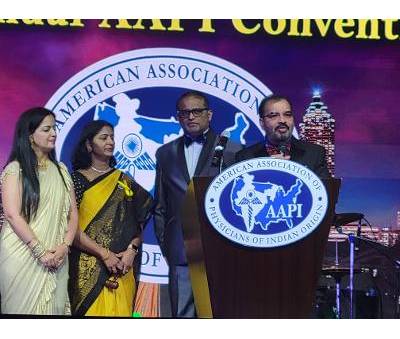 Dr. Jonnalagadda enumerated several programs under his leadership AAPI had undertaken in the past one year. “AAPI and the Charitable Foundation has several programs in India. Under my leadership with the pioneering efforts of Dr. SurenderPurohit, Chairman of AAPI CF, we have been able to strengthen the programs benefitting our motherland, India.” AAPI has been actively involved in community awareness programs like Obesity prevention, sharing medical knowledge at the weekly webinars on team building activities such as the Share a Blanket program, medical education programs such as CPR training, and educating the public and creating awareness on healthcare issues through ZeeTV and ITV Gold, NDTV, BBC, and CNN. Almost all the ethnic publications from coast to coast across the US and several leading publications in India have run timely stories on AAPI‘s several initiatives and programs.
Dr. Jonnalagadda enumerated several programs under his leadership AAPI had undertaken in the past one year. “AAPI and the Charitable Foundation has several programs in India. Under my leadership with the pioneering efforts of Dr. SurenderPurohit, Chairman of AAPI CF, we have been able to strengthen the programs benefitting our motherland, India.” AAPI has been actively involved in community awareness programs like Obesity prevention, sharing medical knowledge at the weekly webinars on team building activities such as the Share a Blanket program, medical education programs such as CPR training, and educating the public and creating awareness on healthcare issues through ZeeTV and ITV Gold, NDTV, BBC, and CNN. Almost all the ethnic publications from coast to coast across the US and several leading publications in India have run timely stories on AAPI‘s several initiatives and programs. AAPI has raised over $ 5 Million towards Covid relief funds for India and has purchased, shipped and coordinated with local authorities the supply and distribution of medical supplies to several parts of India. AAPI has shipped over a thousand Oxygen generators, masks, PPPs and essential supplies, and our pipeline will continue until the pandemic is overcome. As with anyone else, our doctors believe that they can best carry out our service to God through our service to our fellow humans.
AAPI has raised over $ 5 Million towards Covid relief funds for India and has purchased, shipped and coordinated with local authorities the supply and distribution of medical supplies to several parts of India. AAPI has shipped over a thousand Oxygen generators, masks, PPPs and essential supplies, and our pipeline will continue until the pandemic is overcome. As with anyone else, our doctors believe that they can best carry out our service to God through our service to our fellow humans.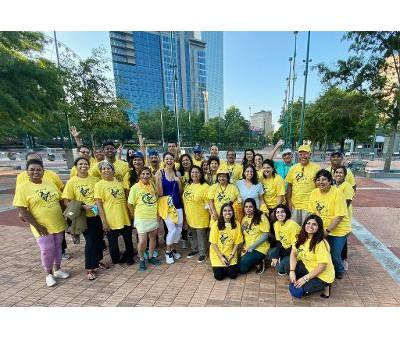 Delivering a spiritual discourse at the Convention, SadhviBhagawatiSaraswati, Author of “Hollywood to the Himalayas” led the AAPI delegates into an experience of peace and serenity. In her keynote address, Sadhviji inspired the participants to engage in the scholarly exchange of medical advances, to develop health policy agendas, and to encourage legislative priorities professionals in the field of medicine. She emphasized the important and critical connection between mind and body by saying “As the Bhagavad Gita reminds us: the mind is the cause of all problems and the mind is, therefore, the solution.” She offered them a “Mantra” which she called, CURED, where C stands for Connections – Connect with your inner self; U stands for Understand that you are a tool in the hands of God; R stands for Reconnect with your inner self day in and day out; E stands for Equanimity – stay balanced in all you do; and, D stands for “Dhanyavad or Devotion” that is being grateful which will lead one to enjoy happiness kin life.
Delivering a spiritual discourse at the Convention, SadhviBhagawatiSaraswati, Author of “Hollywood to the Himalayas” led the AAPI delegates into an experience of peace and serenity. In her keynote address, Sadhviji inspired the participants to engage in the scholarly exchange of medical advances, to develop health policy agendas, and to encourage legislative priorities professionals in the field of medicine. She emphasized the important and critical connection between mind and body by saying “As the Bhagavad Gita reminds us: the mind is the cause of all problems and the mind is, therefore, the solution.” She offered them a “Mantra” which she called, CURED, where C stands for Connections – Connect with your inner self; U stands for Understand that you are a tool in the hands of God; R stands for Reconnect with your inner self day in and day out; E stands for Equanimity – stay balanced in all you do; and, D stands for “Dhanyavad or Devotion” that is being grateful which will lead one to enjoy happiness kin life.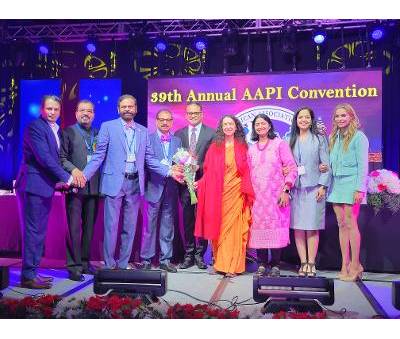 Dr. Sudhir Parikh, CEO of Parikh Media introduced the keynote speaker, AnandibenMafatbhai Patel, an Indian politician serving as the 28th and current Governor of Uttar Pradesh. She also served as Governor of Madhya Pradesh. She has served as the former Chief Minister of Gujarat. She was the first female chief minister of the state, he said. In her virtual address, she congratulated AAPI for organizing the convention and thanked them for their selfless services to India, the US and the humanity. Dr. Bobby Mukkamala, Chair of BOT at American Medical Association shared with nostalgia his long association with AAPI, growing up as a child and now, be leading the largest Medical Association in the US. Aaishwariya A Gulani, Valedictorian from The International Bolles School and a 3rd year Medical Student having held leadership roles from academia as recognized by the United Nations to community service globally as the reigning Miss India USA participated in the Fashion Show.
Dr. Sudhir Parikh, CEO of Parikh Media introduced the keynote speaker, AnandibenMafatbhai Patel, an Indian politician serving as the 28th and current Governor of Uttar Pradesh. She also served as Governor of Madhya Pradesh. She has served as the former Chief Minister of Gujarat. She was the first female chief minister of the state, he said. In her virtual address, she congratulated AAPI for organizing the convention and thanked them for their selfless services to India, the US and the humanity. Dr. Bobby Mukkamala, Chair of BOT at American Medical Association shared with nostalgia his long association with AAPI, growing up as a child and now, be leading the largest Medical Association in the US. Aaishwariya A Gulani, Valedictorian from The International Bolles School and a 3rd year Medical Student having held leadership roles from academia as recognized by the United Nations to community service globally as the reigning Miss India USA participated in the Fashion Show.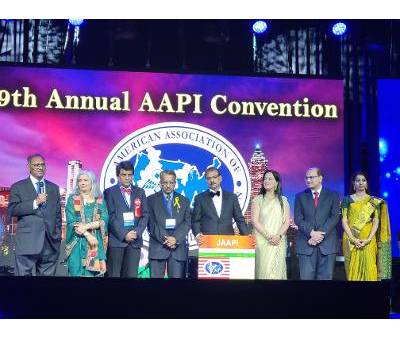 The concluding day of the convention had the usual pomp and show displayed in music and dance by the local organizing committee of the Convention headed by Dr. SreeniGangasani, who and his team were praised for their hardwork, dedication and creative ideas in putting together aan amazing convention in less than three months. “We are delighted to have been able to plan and organize the convention in record time,” said Dr. Gangasani. Calling it a historic convention, the Cardiologist from Atlanta said, “For the first time ever, we had to stop registration as we had reached the required number of participants for the convention, disappointing many who wanted to come and join the annual meet. Thank you for joining the AAPI community as we celebrate the victory of science over calamity while paying tribute to all the fallen healthcare workers including some from AAPI family. We also want to show the world that we can start socializing with precautions once you are vaccinated,” added Dr. Gangasani.
The concluding day of the convention had the usual pomp and show displayed in music and dance by the local organizing committee of the Convention headed by Dr. SreeniGangasani, who and his team were praised for their hardwork, dedication and creative ideas in putting together aan amazing convention in less than three months. “We are delighted to have been able to plan and organize the convention in record time,” said Dr. Gangasani. Calling it a historic convention, the Cardiologist from Atlanta said, “For the first time ever, we had to stop registration as we had reached the required number of participants for the convention, disappointing many who wanted to come and join the annual meet. Thank you for joining the AAPI community as we celebrate the victory of science over calamity while paying tribute to all the fallen healthcare workers including some from AAPI family. We also want to show the world that we can start socializing with precautions once you are vaccinated,” added Dr. Gangasani.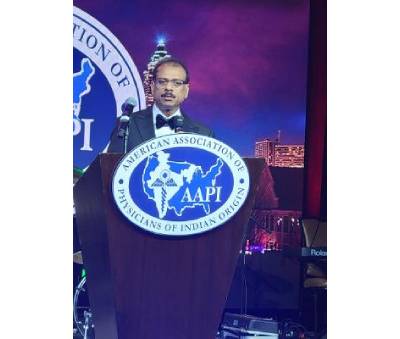 AAPI recognized the current Executive Committee Members, BOT members and several others who have worked hard to make the vision and mission of AAPI come alive. Prominent among them are: Dr. Radhu Agrawal was bestowed with AAPI Lifetime Achievement Award; AAPI Most Distinguished Physician Award was given to Dr. DhanireddyRamasubbareddy; AAPI Most Distinguished Service Award was given to Dr. Suresh Gupta; AAPI Most Distinguished YPS Award went to Dr. Purvi Parikh; and, AAPI Most Distinguished Community Service was bestowed on Dr. Sujatha Reddy. Dr. Raghu Lolabhattu, Convention Vice Chair shared with the delegates about how in a matter of less than three months the Atlanta Chapter has put together a fabulous convention. He later on called on stage every member of the convention committee, while Dr. Lonnalagadda and Dr. Gangasani recognized them with a plaque. The past Presidents of were called on state on the 2nd night’s gala and were recognized for their leadership and continued guidance.
AAPI recognized the current Executive Committee Members, BOT members and several others who have worked hard to make the vision and mission of AAPI come alive. Prominent among them are: Dr. Radhu Agrawal was bestowed with AAPI Lifetime Achievement Award; AAPI Most Distinguished Physician Award was given to Dr. DhanireddyRamasubbareddy; AAPI Most Distinguished Service Award was given to Dr. Suresh Gupta; AAPI Most Distinguished YPS Award went to Dr. Purvi Parikh; and, AAPI Most Distinguished Community Service was bestowed on Dr. Sujatha Reddy. Dr. Raghu Lolabhattu, Convention Vice Chair shared with the delegates about how in a matter of less than three months the Atlanta Chapter has put together a fabulous convention. He later on called on stage every member of the convention committee, while Dr. Lonnalagadda and Dr. Gangasani recognized them with a plaque. The past Presidents of were called on state on the 2nd night’s gala and were recognized for their leadership and continued guidance.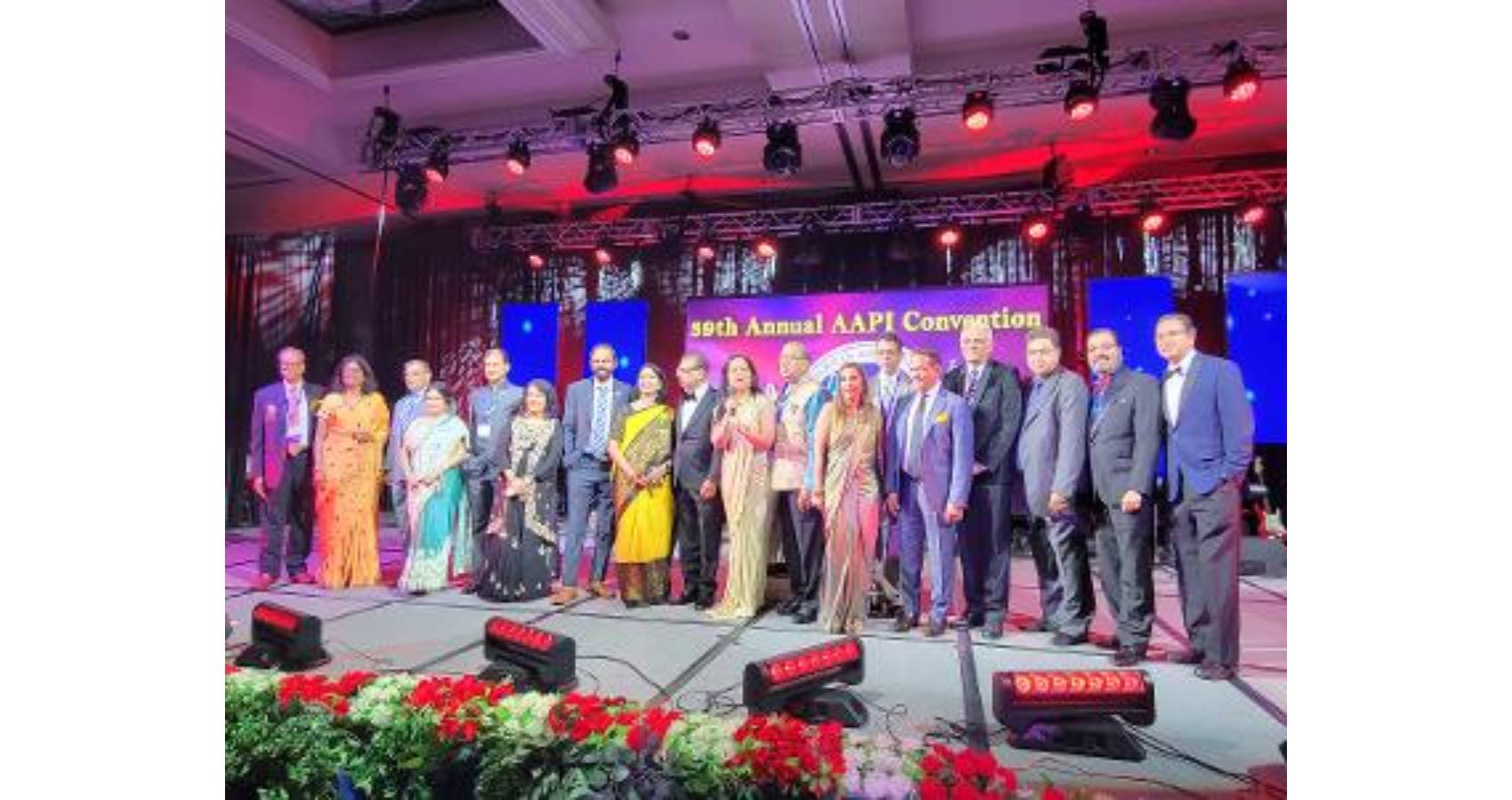
 In her inaugural address after she was administered the oath of Office, Dr. Gotimukula reminded the AAPI members about our origin. “We came to the US pursuing the American Dream. Through hard work and a bit of luck, most of us achieved that dream and have become successful and caring doctors who play a crucial role in the American healthcare system. We serve patients. Raise money for local causes. Contribute to our education system and improve the lives of millions of Americans. We joined AAPI to socialize and meet others like us and in that journey learned that through this wonderful organization, we were able to make a bigger impact with the many academic, philanthropic and social initiatives.”
In her inaugural address after she was administered the oath of Office, Dr. Gotimukula reminded the AAPI members about our origin. “We came to the US pursuing the American Dream. Through hard work and a bit of luck, most of us achieved that dream and have become successful and caring doctors who play a crucial role in the American healthcare system. We serve patients. Raise money for local causes. Contribute to our education system and improve the lives of millions of Americans. We joined AAPI to socialize and meet others like us and in that journey learned that through this wonderful organization, we were able to make a bigger impact with the many academic, philanthropic and social initiatives.”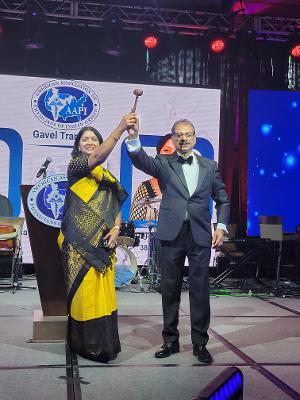 A resident of San Antonio, TX, Dr.Gotimukula is a board certified Pediatric Anesthesiologist, practicing since 2007, is affiliated with Christus Santa Rosa, Baptist and Methodist Healthcare systems in San Antonio. After graduating with distinction from Kakatiya Medical College, NTR University of Health Sciences in India, she did Residency at University of Miami & University of Illinois, and Fellowship in Pediatric Anesthesiology at University of Michigan.
A resident of San Antonio, TX, Dr.Gotimukula is a board certified Pediatric Anesthesiologist, practicing since 2007, is affiliated with Christus Santa Rosa, Baptist and Methodist Healthcare systems in San Antonio. After graduating with distinction from Kakatiya Medical College, NTR University of Health Sciences in India, she did Residency at University of Miami & University of Illinois, and Fellowship in Pediatric Anesthesiology at University of Michigan.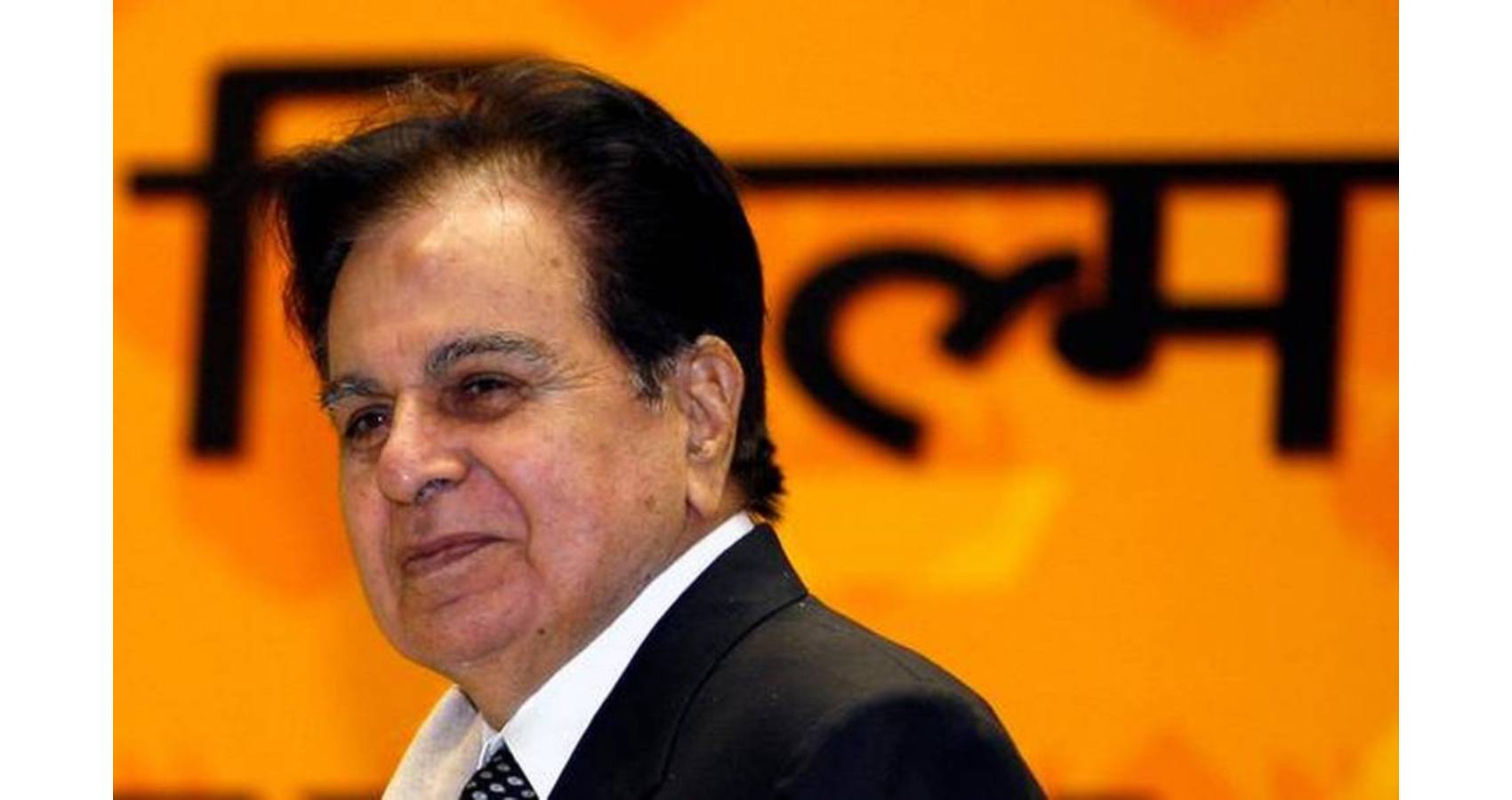
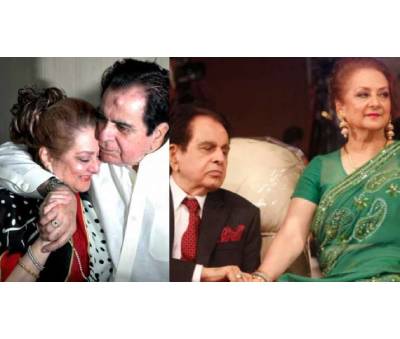 With the demise of the veteran actor, an era of Indian cinema has come to an end. A few days back, he was admitted to Mumbai’s Hinduja Hospital for age-related medical issues.A tweet posted from the actor’s official handle by family friend Faisal Farooqui read,” With a heavy heart and profound grief, I announce the passing away of our beloved DilipSaab, few minutes ago. We are from God and to him we return.” Doctors said
With the demise of the veteran actor, an era of Indian cinema has come to an end. A few days back, he was admitted to Mumbai’s Hinduja Hospital for age-related medical issues.A tweet posted from the actor’s official handle by family friend Faisal Farooqui read,” With a heavy heart and profound grief, I announce the passing away of our beloved DilipSaab, few minutes ago. We are from God and to him we return.” Doctors said 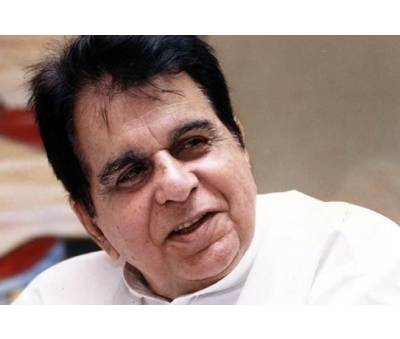 Rahul Gandhi wrote, “My heartfelt condolences to the family, friends & fans of Dilip Kumar ji. His extraordinary contribution to Indian cinema will be remembered for generations to come.” “Rest in Peace Dilip Kumar ji! There will never be another like you,” tweeted former cricketer Sachin Tendulkar, adding, “Your contribution to Indian cinema is unparalleled and you’ll be missed dearly. My heartfelt condolences to SairaBanuji& the family.”Meanwhile, VirenderSehwag recalled a famous dialogue from Mughal-e-Azam to pay tribute to the legend: “Heartfelt condolences to #DilipKumar’s family. The gr8 man said, Taqdeereinbadaljaatihain,zamanabadaljaatahai, mulkonkitaarikhbadaljaatihai,shahenshahbadaljaatehain,magarissbadalti hui duniya mein mohabbat jis insaan kadaamanthaamletihai,wohinsaannahibadalta.” Kamal Haasan shared a picture of himself with Dilip Kumar, posting that the latter’s understated approach is still tried by contemporary actors who are brave enough to attempt it.
Rahul Gandhi wrote, “My heartfelt condolences to the family, friends & fans of Dilip Kumar ji. His extraordinary contribution to Indian cinema will be remembered for generations to come.” “Rest in Peace Dilip Kumar ji! There will never be another like you,” tweeted former cricketer Sachin Tendulkar, adding, “Your contribution to Indian cinema is unparalleled and you’ll be missed dearly. My heartfelt condolences to SairaBanuji& the family.”Meanwhile, VirenderSehwag recalled a famous dialogue from Mughal-e-Azam to pay tribute to the legend: “Heartfelt condolences to #DilipKumar’s family. The gr8 man said, Taqdeereinbadaljaatihain,zamanabadaljaatahai, mulkonkitaarikhbadaljaatihai,shahenshahbadaljaatehain,magarissbadalti hui duniya mein mohabbat jis insaan kadaamanthaamletihai,wohinsaannahibadalta.” Kamal Haasan shared a picture of himself with Dilip Kumar, posting that the latter’s understated approach is still tried by contemporary actors who are brave enough to attempt it.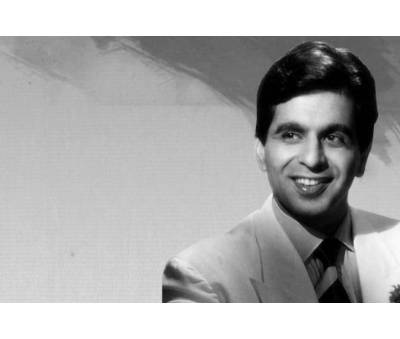 Dilip Kumar debuted in films with 1944’s JwarBhata, but the film and his work did not garner much attention. It was with 1947’s Jugnu, also starring Noor Jehan, that he clinched his first box office hit. In 1949, he starred in Andaz with
Dilip Kumar debuted in films with 1944’s JwarBhata, but the film and his work did not garner much attention. It was with 1947’s Jugnu, also starring Noor Jehan, that he clinched his first box office hit. In 1949, he starred in Andaz with 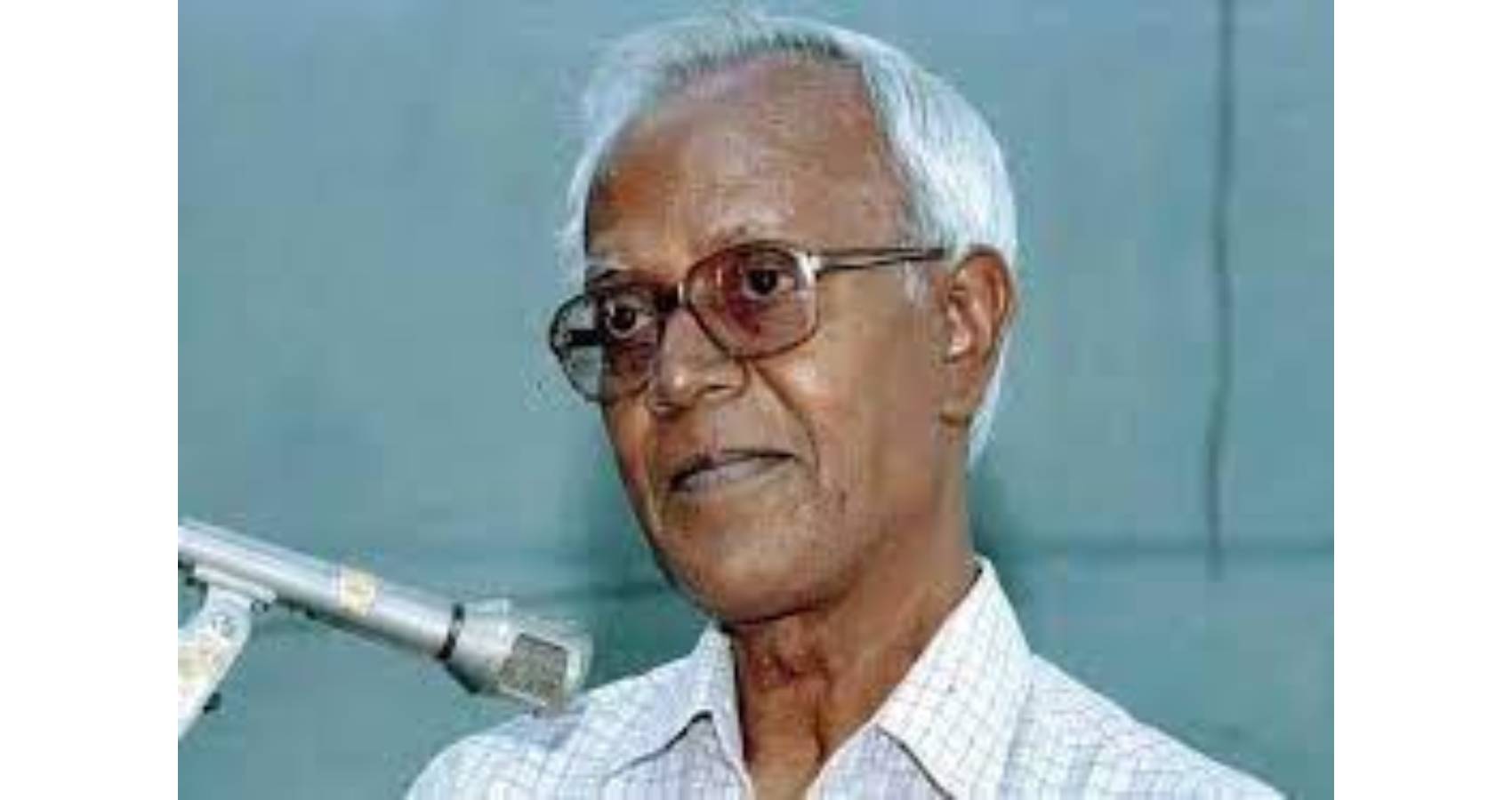
 Dr. Stanislaus D’Souza SJ, the Jesuit Provincial of India, said: “With a deep sense of pain, anguish and hope we have surrendered Fr Stan Swamy, aged 84, to his eternal abode.”The funeral service and Mass was led by Father Arun De Souza, Jesuit provincial of
Dr. Stanislaus D’Souza SJ, the Jesuit Provincial of India, said: “With a deep sense of pain, anguish and hope we have surrendered Fr Stan Swamy, aged 84, to his eternal abode.”The funeral service and Mass was led by Father Arun De Souza, Jesuit provincial of  Archbishop Felix Toppo of Ranchi and Auxiliary Bishop Theodore Mascarenhas. “The ‘caged parrot’ now sings in heaven but its blood is on our hands,” they wrote, “May the hand of God intervene to bring justice to all innocent victims of insensitivity, vindictiveness and injustice. We have lost Fr. Stan Swamy but we still hope in the God of justice,” they added.The Jamshedpur Jesuit Province, to which Father Swamy belonged, also expressed “a deep sense of pain, anguish and hope” at the death of the “servant in mission of justice and reconciliation”. In a Facebook post, Father Jerome Cutinha noted that the “author of life” had given Father Swamy “a mission to work among the Advasis [indigenous], Dalits [downtrodden] and other marginalized communities so that the poor may have life and life to the full, with dignity and honour”. “The Society of Jesus [Jesuits], at this moment, recommits itself to take forward the legacy of Fr. Stan in hits mission of justice and reconciliation,” Father Cutinha wrote.
Archbishop Felix Toppo of Ranchi and Auxiliary Bishop Theodore Mascarenhas. “The ‘caged parrot’ now sings in heaven but its blood is on our hands,” they wrote, “May the hand of God intervene to bring justice to all innocent victims of insensitivity, vindictiveness and injustice. We have lost Fr. Stan Swamy but we still hope in the God of justice,” they added.The Jamshedpur Jesuit Province, to which Father Swamy belonged, also expressed “a deep sense of pain, anguish and hope” at the death of the “servant in mission of justice and reconciliation”. In a Facebook post, Father Jerome Cutinha noted that the “author of life” had given Father Swamy “a mission to work among the Advasis [indigenous], Dalits [downtrodden] and other marginalized communities so that the poor may have life and life to the full, with dignity and honour”. “The Society of Jesus [Jesuits], at this moment, recommits itself to take forward the legacy of Fr. Stan in hits mission of justice and reconciliation,” Father Cutinha wrote. India’s caste system was officially abolished in 1950, but the 2,000-year-old social hierarchy imposed on people by birth still exists in many aspects of life. The caste system categorizes Hindus at birth, defining their place in society, what jobs they can do and who they can marry. In October last year, Swamy was arrested and charged under the country’s anti-terrorism laws, which critics have described as draconian.
India’s caste system was officially abolished in 1950, but the 2,000-year-old social hierarchy imposed on people by birth still exists in many aspects of life. The caste system categorizes Hindus at birth, defining their place in society, what jobs they can do and who they can marry. In October last year, Swamy was arrested and charged under the country’s anti-terrorism laws, which critics have described as draconian.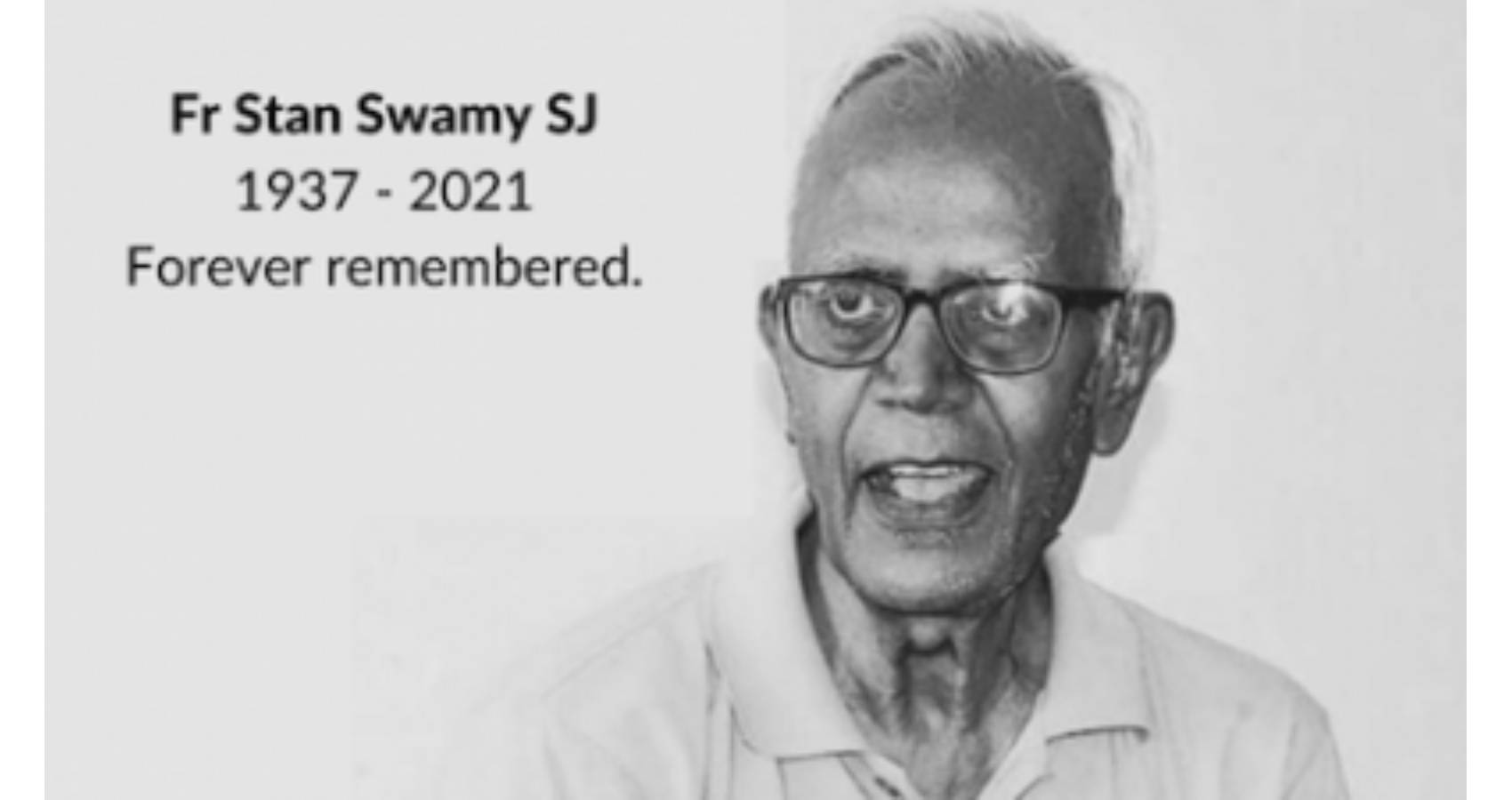
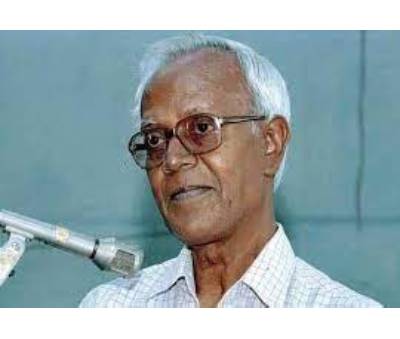 Secondly, I feel happy for him because Fr. Stan is now in a better state than he was, while alive in circumstances such were inflicted on him for reasons he could not understand. There is a school of thought that it is easier for an innocent man to suffer. They think so because they have never suffered, innocently or otherwise. The anguish in guilt-less suffering is that one’s suffering makes no sense. It is absurd. What is absurd is unendurable. If you are punished for your wrongdoings, then you can reconcile yourself to your plight. Think, if you dare, of the plight of an old and chronically ill man in a prison. Prison-life conditions, including the psychological poison that goes with it, being what they are, even individuals much younger than Fr. Stan and in better states of health disintegrate fast. Fr. Stan himself said that it is better to die than to be in prison the way he was. So, why shouldn’t we celebrate his release from misery through the mercy of death, for neither mercy nor justice was likely to reach him in any other way?
Secondly, I feel happy for him because Fr. Stan is now in a better state than he was, while alive in circumstances such were inflicted on him for reasons he could not understand. There is a school of thought that it is easier for an innocent man to suffer. They think so because they have never suffered, innocently or otherwise. The anguish in guilt-less suffering is that one’s suffering makes no sense. It is absurd. What is absurd is unendurable. If you are punished for your wrongdoings, then you can reconcile yourself to your plight. Think, if you dare, of the plight of an old and chronically ill man in a prison. Prison-life conditions, including the psychological poison that goes with it, being what they are, even individuals much younger than Fr. Stan and in better states of health disintegrate fast. Fr. Stan himself said that it is better to die than to be in prison the way he was. So, why shouldn’t we celebrate his release from misery through the mercy of death, for neither mercy nor justice was likely to reach him in any other way?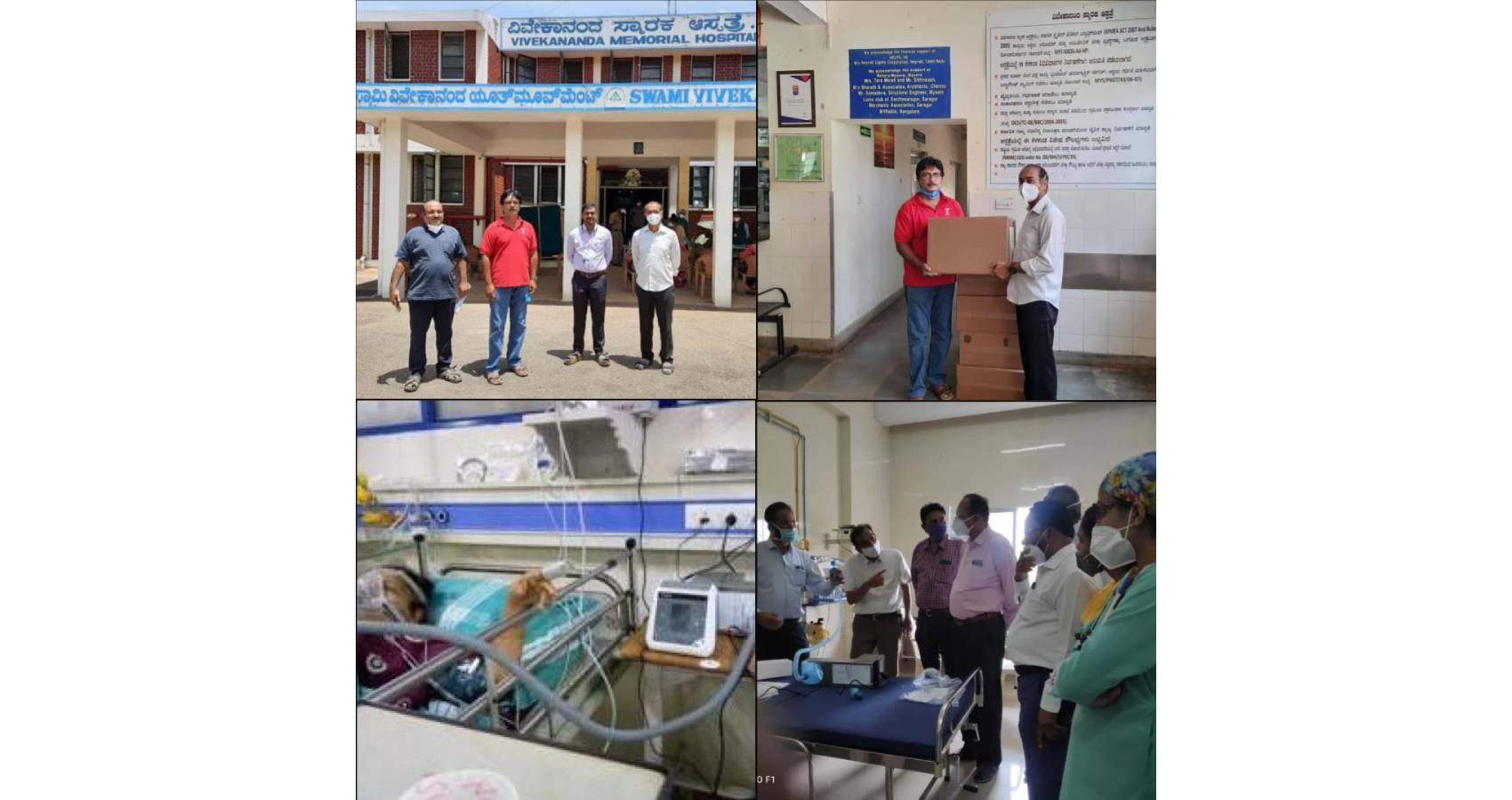
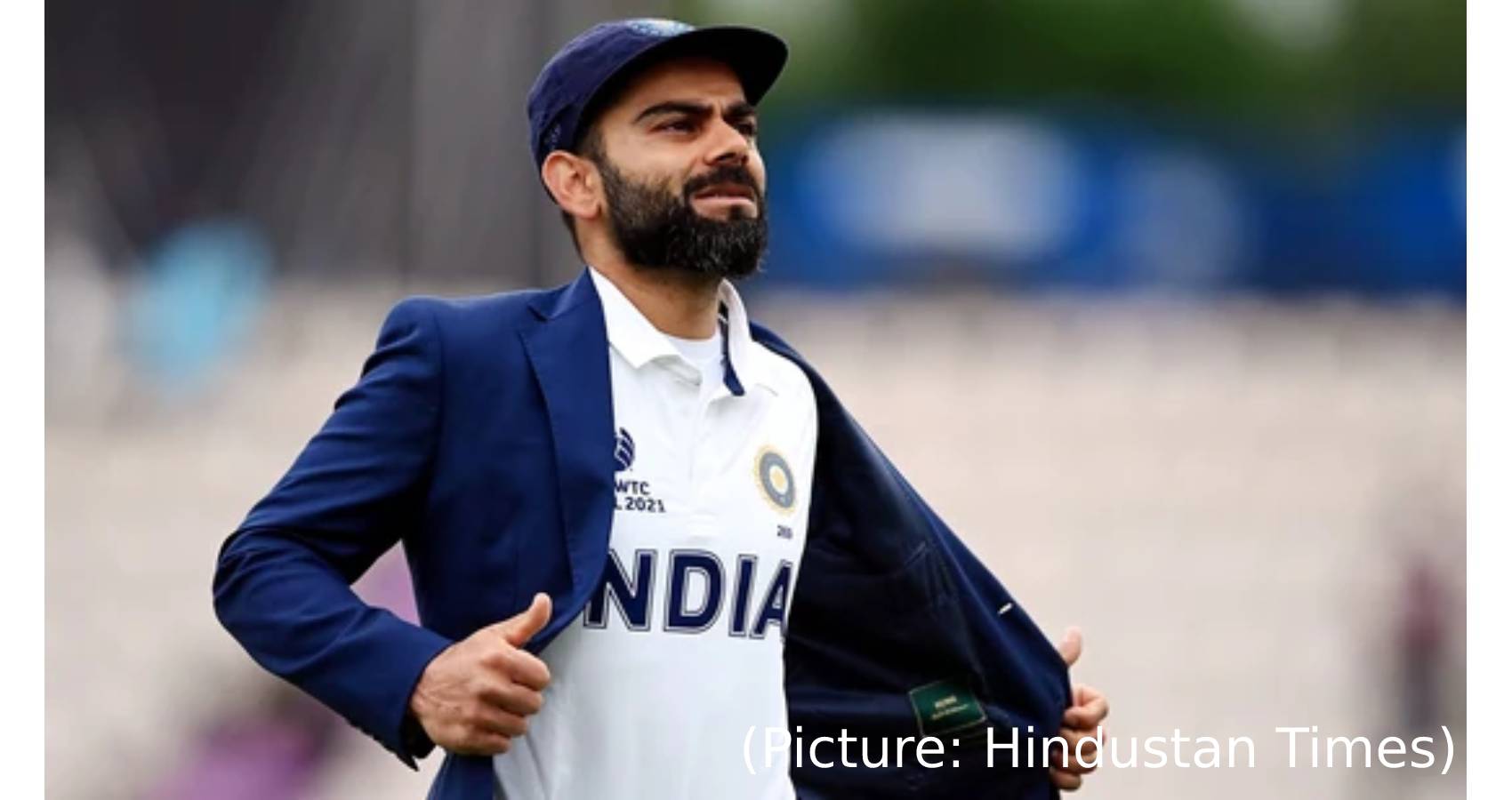
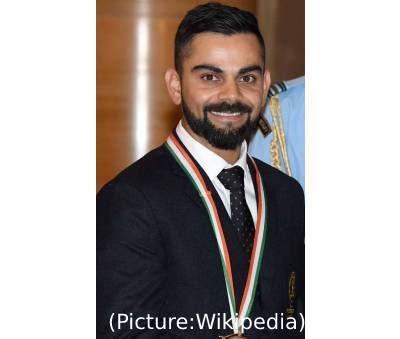 Despite being India’s most successful Test captain ever, experts have often looked at
Despite being India’s most successful Test captain ever, experts have often looked at 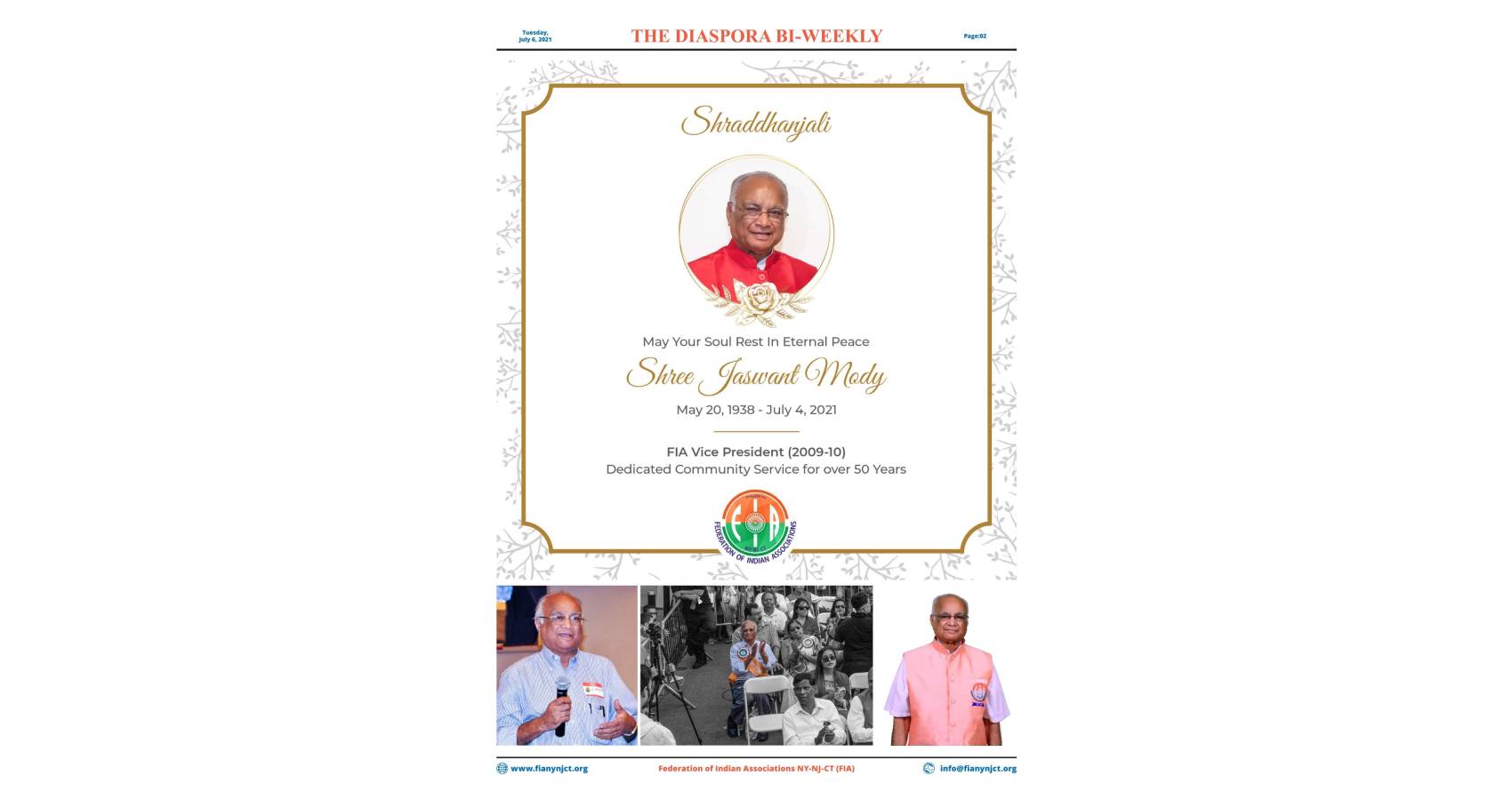
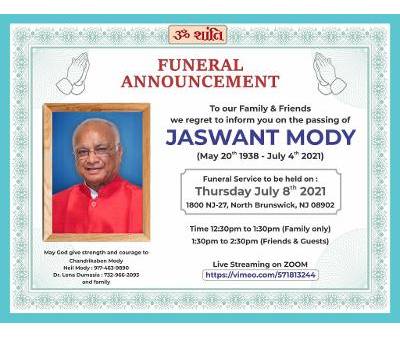 Jaswant was born in Mumbai, India on May 20, 1938. After attending the University of Bombay, he followed his dream to come to the United States of America for freedom and opportunity. Jaswant worked and saved for the fare, and after 1 months of traveling by passenger ship, he arrived in New York. He then began his American Dream. Jaswant attended universities in Utah, Ohio, and New Jersey. Jaswant married and settled down in New Jersey and worked as an engineer for over 5 decades. He retired in 2012 from the DEP of NYC after working there for over 25 years.
Jaswant was born in Mumbai, India on May 20, 1938. After attending the University of Bombay, he followed his dream to come to the United States of America for freedom and opportunity. Jaswant worked and saved for the fare, and after 1 months of traveling by passenger ship, he arrived in New York. He then began his American Dream. Jaswant attended universities in Utah, Ohio, and New Jersey. Jaswant married and settled down in New Jersey and worked as an engineer for over 5 decades. He retired in 2012 from the DEP of NYC after working there for over 25 years.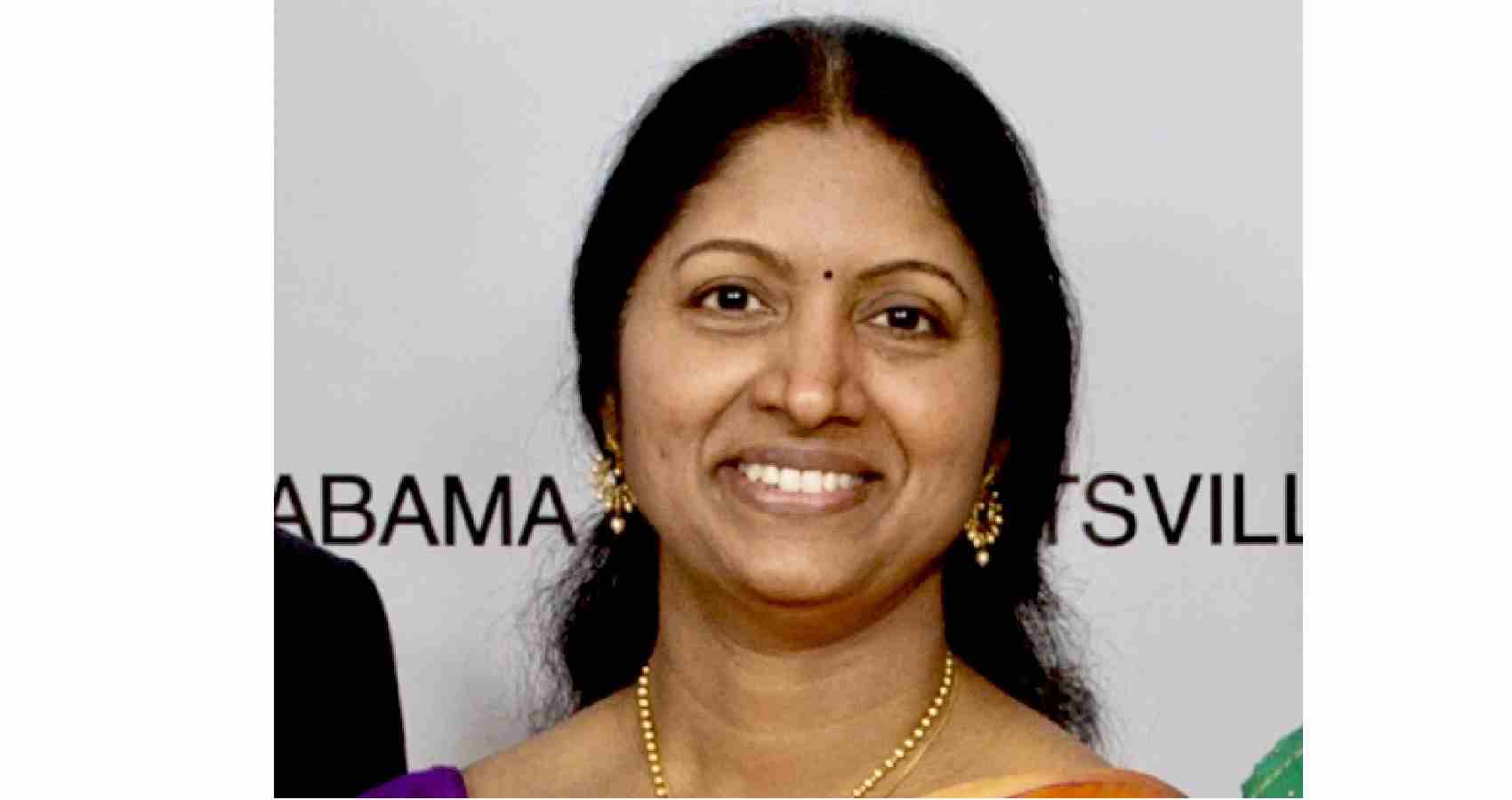
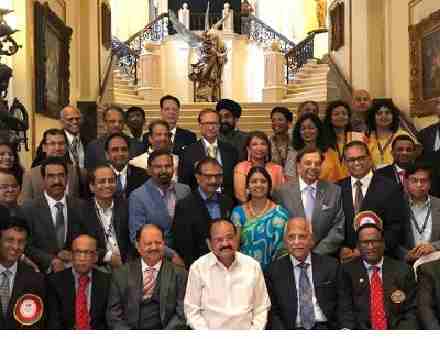
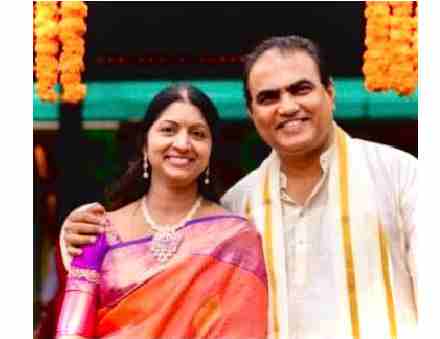 After graduating with distinction from Kakatiya Medical College, NTR University of Health Sciences in India, she did Residency at University of Miami & University of Illinois, and Fellowship in Pediatric Anesthesiology at University of Michigan.Narrating her childhood ambitions “my parents always encouraged and nurtured me the skills to be a leader and this positive culture influenced me throughout my childhood,” recalls Dr. Gotimukula, who grew up in a family of engineers at Regional Engineering College Campus all her childhood. Her ambition in childhood was “to become a doctor, both to make her parents happy, and to do good for the community. Joining medical school and later on, practicing Medicine was a dream come true and says “I am thankful to my parents and my family who motivated me and mentored me to achieve my goals.”
After graduating with distinction from Kakatiya Medical College, NTR University of Health Sciences in India, she did Residency at University of Miami & University of Illinois, and Fellowship in Pediatric Anesthesiology at University of Michigan.Narrating her childhood ambitions “my parents always encouraged and nurtured me the skills to be a leader and this positive culture influenced me throughout my childhood,” recalls Dr. Gotimukula, who grew up in a family of engineers at Regional Engineering College Campus all her childhood. Her ambition in childhood was “to become a doctor, both to make her parents happy, and to do good for the community. Joining medical school and later on, practicing Medicine was a dream come true and says “I am thankful to my parents and my family who motivated me and mentored me to achieve my goals.”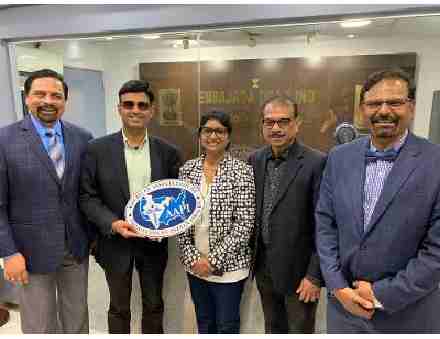 As the President of AAPI, Dr. Gotimukula will work towards “strengthening the organization’s mission, encourage participation of more young physicians, develop the best communications platforms for Indian American Physicians and keep the members well connected. “Patience, Perseverance, Passion and Positive Attitude,” are her mantra to be successful in leadership. She realizes that leadership is a skill and these attributes within her have been well recognized by the physician community locally and nationally.
As the President of AAPI, Dr. Gotimukula will work towards “strengthening the organization’s mission, encourage participation of more young physicians, develop the best communications platforms for Indian American Physicians and keep the members well connected. “Patience, Perseverance, Passion and Positive Attitude,” are her mantra to be successful in leadership. She realizes that leadership is a skill and these attributes within her have been well recognized by the physician community locally and nationally.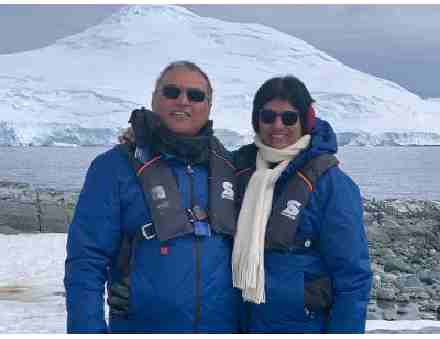
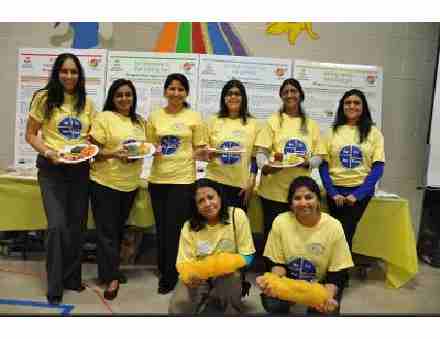 As a woman leader and as the elected leader of a diverse organization such as AAPI, Dr. Gotimukula is aware of the many challenges she is likely to encounter as AAPI’s President. “As leader of the largest physician ethnic nonprofit organization with diverse cultures, yes, challenges are expected.” “On a personal note, time management, balancing career and family responsibilities,” will be challenging. Dr. Gotimukula plans to address them with proper communication, nurture team and engage BK members in problem solving. Being an anesthesiologist, profession has taught me the skills of multi-tasking and staying focused! Daily Meditation and physical exercise keep me energetic and productive until the last minute of my day. Being a woman, I have leaned into being compassionate, empathetic, persevering, patient, and resilient.
As a woman leader and as the elected leader of a diverse organization such as AAPI, Dr. Gotimukula is aware of the many challenges she is likely to encounter as AAPI’s President. “As leader of the largest physician ethnic nonprofit organization with diverse cultures, yes, challenges are expected.” “On a personal note, time management, balancing career and family responsibilities,” will be challenging. Dr. Gotimukula plans to address them with proper communication, nurture team and engage BK members in problem solving. Being an anesthesiologist, profession has taught me the skills of multi-tasking and staying focused! Daily Meditation and physical exercise keep me energetic and productive until the last minute of my day. Being a woman, I have leaned into being compassionate, empathetic, persevering, patient, and resilient.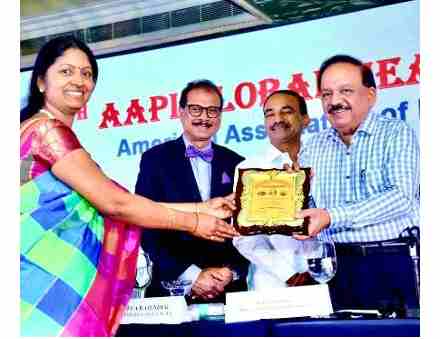
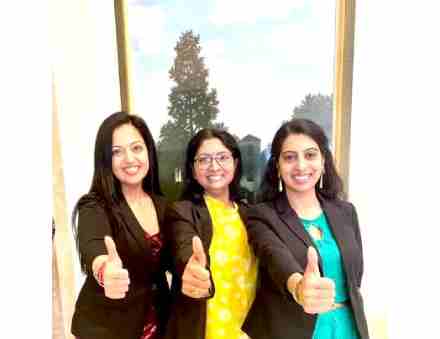
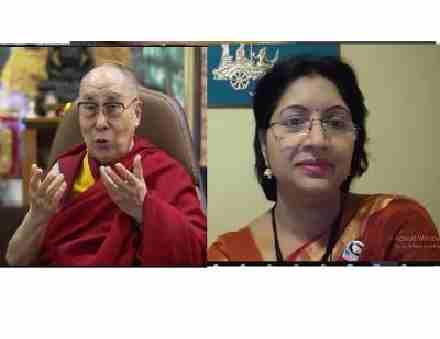 Her biggest achievement in life so far is “Being what I am today, a physician, a leader, and a humble human being and be able to give back to my society,” says Dr. Gotimukula. Among the goals for AAPI, the visionary woman leader says, “With the collaboration, cooperation and support of the Executive Committee, and the entire AAPI family, I want to build a strong support system to protect the IMG physicians and their issues and help with physician burnout. I will further the existing educational goals and charitable goals and engage member physicians to support these goals.” While dedicating her talents, skills, and experiences for the AAPI family, which she has come to call as her own, Dr. Gotimukula says, “I am looking forward to get the best wishes & blessings from our members in my pursuit to lead this prestigious organization and do the best to our physician community.”
Her biggest achievement in life so far is “Being what I am today, a physician, a leader, and a humble human being and be able to give back to my society,” says Dr. Gotimukula. Among the goals for AAPI, the visionary woman leader says, “With the collaboration, cooperation and support of the Executive Committee, and the entire AAPI family, I want to build a strong support system to protect the IMG physicians and their issues and help with physician burnout. I will further the existing educational goals and charitable goals and engage member physicians to support these goals.” While dedicating her talents, skills, and experiences for the AAPI family, which she has come to call as her own, Dr. Gotimukula says, “I am looking forward to get the best wishes & blessings from our members in my pursuit to lead this prestigious organization and do the best to our physician community.”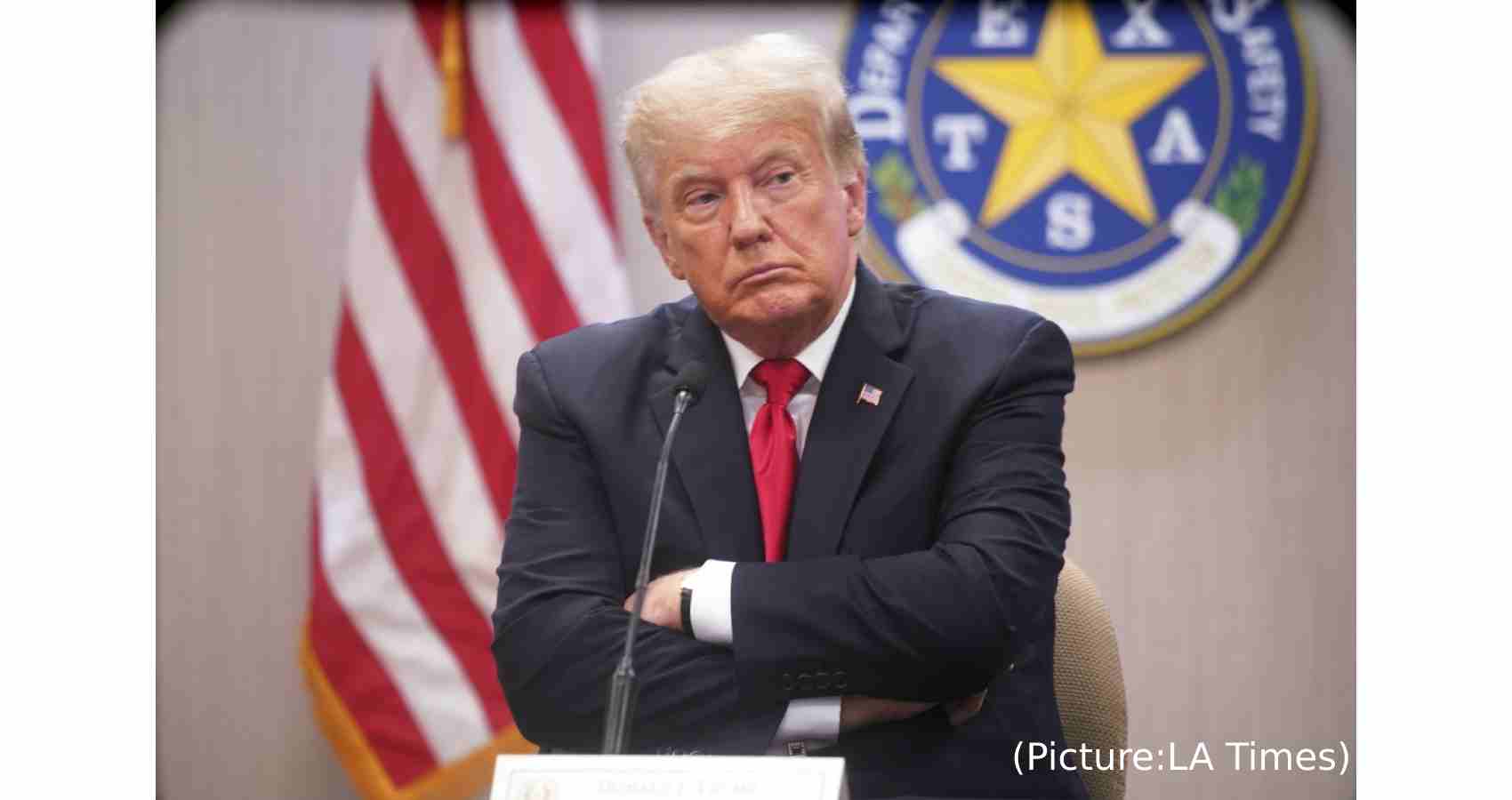
 Buchanan presided over the secession of seven Southern states from the Union and declared himself unable to stop it. “It is beyond the power of any president, no matter what may be his own political proclivities, to restore peace and harmony among the states,”
Buchanan presided over the secession of seven Southern states from the Union and declared himself unable to stop it. “It is beyond the power of any president, no matter what may be his own political proclivities, to restore peace and harmony among the states,” 
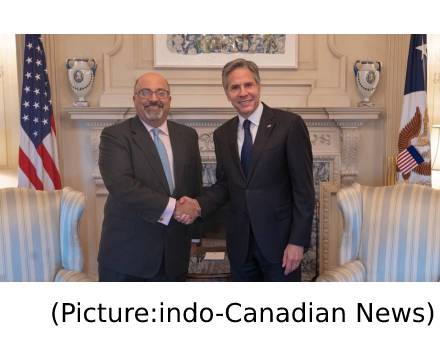 Over his 27-year career as an American diplomat, Ambassador Keshap has served at postings in India, Morocco, and Guinea, and as U.S. Ambassador to Sri Lanka and Maldives. He has served as Deputy Assistant Secretary of State for South Asia, as U.S. Senior Official for Asia Pacific Economic Cooperation, and as an Office Director in the Bureau of South and Central Asian Affairs and in the Bureau of International Organization Affairs, according to his biography available on the State Department website.
Over his 27-year career as an American diplomat, Ambassador Keshap has served at postings in India, Morocco, and Guinea, and as U.S. Ambassador to Sri Lanka and Maldives. He has served as Deputy Assistant Secretary of State for South Asia, as U.S. Senior Official for Asia Pacific Economic Cooperation, and as an Office Director in the Bureau of South and Central Asian Affairs and in the Bureau of International Organization Affairs, according to his biography available on the State Department website.





 Another Indian American journalist, Neil Bedi, won a Pulitzer in the Local Reporting category for investigative stories he wrote with Kathleen McGrory for exposing the Sheriff’s Office in Pasco County’s program that could identify people believed to be future crime suspects using computer modelling. Nearly 1,000 people including children were monitored under the program.
Another Indian American journalist, Neil Bedi, won a Pulitzer in the Local Reporting category for investigative stories he wrote with Kathleen McGrory for exposing the Sheriff’s Office in Pasco County’s program that could identify people believed to be future crime suspects using computer modelling. Nearly 1,000 people including children were monitored under the program. The video clip made on her smartphone go viral and set off prolonged nationwide protests against police brutality and led to measures in many states and cities to reform policing. The sight of a policeman kneeling on the neck of dying Floyd as he repeated, “I can’t breathe,” appealed to America’s conscience and led to a broader consideration of the problems faced by African-Americans. The Board said her that her video “spurred protests against police brutality around the world, highlighting the crucial role of citizens in journalists’ quest for truth and justice.” Rajagopalan and her colleagues used satellite imagery and 3D architectural simulations to buttress her interviews with two dozen former prisoners from the detention camps where as many as a million Muslims from Uighur and other minority ethnicities were interned. “I’m in complete shock, I did not expect this,” she said.
The video clip made on her smartphone go viral and set off prolonged nationwide protests against police brutality and led to measures in many states and cities to reform policing. The sight of a policeman kneeling on the neck of dying Floyd as he repeated, “I can’t breathe,” appealed to America’s conscience and led to a broader consideration of the problems faced by African-Americans. The Board said her that her video “spurred protests against police brutality around the world, highlighting the crucial role of citizens in journalists’ quest for truth and justice.” Rajagopalan and her colleagues used satellite imagery and 3D architectural simulations to buttress her interviews with two dozen former prisoners from the detention camps where as many as a million Muslims from Uighur and other minority ethnicities were interned. “I’m in complete shock, I did not expect this,” she said.

 Samip Joshi won the Democratic party Primary in his run for the Mayor of Edison Township. Joshi had many high-profile endorsements party high-ups favored him with, from U.S. Sen. Cory Booker, and Gov. Phil Murphy downwards, and was engaged in a battle with fellow Democrat Mahesh Bhagia. Joshi won 5,995 votes to Bhagia’s 3,185, according to centraljersey.com reporting based on Middlesex County Board of Elections.
Samip Joshi won the Democratic party Primary in his run for the Mayor of Edison Township. Joshi had many high-profile endorsements party high-ups favored him with, from U.S. Sen. Cory Booker, and Gov. Phil Murphy downwards, and was engaged in a battle with fellow Democrat Mahesh Bhagia. Joshi won 5,995 votes to Bhagia’s 3,185, according to centraljersey.com reporting based on Middlesex County Board of Elections. “This District is a purple district till a few years ago when it was all Republican,” she said. “I am very confident of winning the seat,” and she attributes that to the hard work done during the pandemic to keep the public informed and working as a team to marshal local and state resources and help small business and others. At the local grassroots level, Jaffer developed a Crisis Plan, and networked with very diverse communities. Jaffer’s ancestry goes back to the Kutch region of India and to Pakistan.
“This District is a purple district till a few years ago when it was all Republican,” she said. “I am very confident of winning the seat,” and she attributes that to the hard work done during the pandemic to keep the public informed and working as a team to marshal local and state resources and help small business and others. At the local grassroots level, Jaffer developed a Crisis Plan, and networked with very diverse communities. Jaffer’s ancestry goes back to the Kutch region of India and to Pakistan. Hirsh Singh, a Republican lost in a four-way primary for the Governor’s seat, but did not do too badly, securing 21.49 percent of the vote. Bina Shah, another GOP candidate for the State Assembly from District 14, along with her partner on the slate Andrew Pachuta, will be pitted against Wayne DeAngelo and Daniel Benson. One of the difficult races is the one from District 21, that saw Anjali Mehrotra, a community organizer and is President of the National Organization for Women of New Jersey. “This is a very competitive district,” Mehrotra told Desi Talk, with incumbents being all Republicans for the longest time, but with a trend favoring Democrats over the last decade.
Hirsh Singh, a Republican lost in a four-way primary for the Governor’s seat, but did not do too badly, securing 21.49 percent of the vote. Bina Shah, another GOP candidate for the State Assembly from District 14, along with her partner on the slate Andrew Pachuta, will be pitted against Wayne DeAngelo and Daniel Benson. One of the difficult races is the one from District 21, that saw Anjali Mehrotra, a community organizer and is President of the National Organization for Women of New Jersey. “This is a very competitive district,” Mehrotra told Desi Talk, with incumbents being all Republicans for the longest time, but with a trend favoring Democrats over the last decade.
 While introducing the Top 50 world leaders, Fortune wrote: “Many of them emerged almost instantly, seemingly out of nowhere, to meet unimagined crises. Like Fairley, they embody Gen. Douglas MacArthur’s conception of “a true leader”—someone who “has the confidence to stand alone, the courage to make tough decisions, and the compassion to listen to the needs of others.” MacArthur also pointed out that such a person “does not set out to be a leader, but becomes one by the equality of [their] actions and the integrity of their intent.”
While introducing the Top 50 world leaders, Fortune wrote: “Many of them emerged almost instantly, seemingly out of nowhere, to meet unimagined crises. Like Fairley, they embody Gen. Douglas MacArthur’s conception of “a true leader”—someone who “has the confidence to stand alone, the courage to make tough decisions, and the compassion to listen to the needs of others.” MacArthur also pointed out that such a person “does not set out to be a leader, but becomes one by the equality of [their] actions and the integrity of their intent.” Hegde, aurogynecologist, witnessed too many horrors delivering babies at a government hospital in Mumbai during her Residency. Worse, they were preventable: Time after time, she’d seen an infant or its mother, or both, die in childbirth, tragedies that could have been avoided with basic prenatal care or more timely dispatching of hospital resources, according to her profile. That’s what led her in 2008 to found Armman, an organization focused on bettering outcomes through the use of low-cost technology—like targeting pregnant women and new mothers with information through their cellphones, the bio said.
Hegde, aurogynecologist, witnessed too many horrors delivering babies at a government hospital in Mumbai during her Residency. Worse, they were preventable: Time after time, she’d seen an infant or its mother, or both, die in childbirth, tragedies that could have been avoided with basic prenatal care or more timely dispatching of hospital resources, according to her profile. That’s what led her in 2008 to found Armman, an organization focused on bettering outcomes through the use of low-cost technology—like targeting pregnant women and new mothers with information through their cellphones, the bio said. Prakash was joined at her No. 28 ranking with Sunrise Movement training director Sara Blazevic. Co-founders Blazevic and Prakash helped officially launch the group of youth activists in 2017, and it is now one of the most effective coalitions fighting for climate action in the United States, according to the feature. Sunrise initially campaigned heavily for Democratic candidate Bernie Sanders, but Joe Biden actively courted it after emerging as the party’s frontrunner. Prakash was chosen by Biden to serve on the “unity task force” commissioned by both candidates to help assemble the party’s climate message. After the election, Sunrise leaders were also included in Biden’s transition, the profile said.
Prakash was joined at her No. 28 ranking with Sunrise Movement training director Sara Blazevic. Co-founders Blazevic and Prakash helped officially launch the group of youth activists in 2017, and it is now one of the most effective coalitions fighting for climate action in the United States, according to the feature. Sunrise initially campaigned heavily for Democratic candidate Bernie Sanders, but Joe Biden actively courted it after emerging as the party’s frontrunner. Prakash was chosen by Biden to serve on the “unity task force” commissioned by both candidates to help assemble the party’s climate message. After the election, Sunrise leaders were also included in Biden’s transition, the profile said.

 Speaking on her first overseas trip since taking office, she said the journey north was dangerous and would mainly benefit people smugglers. Her comments, during a press conference after she met privately with Giammattei, underscored the challenge that remains even as Harris engages in substantive talks with the Guatemalan and Mexican presidents during a three-day visit to the region this week, her first foreign trip as vice president.“I want to emphasize that the goal of our work is to help Guatemalans find hope at home,” Harris said. “At the same time, I want to be clear to folks in this region who are thinking about making that dangerous trek to the United States-Mexico border: Do not come, do not come.”
Speaking on her first overseas trip since taking office, she said the journey north was dangerous and would mainly benefit people smugglers. Her comments, during a press conference after she met privately with Giammattei, underscored the challenge that remains even as Harris engages in substantive talks with the Guatemalan and Mexican presidents during a three-day visit to the region this week, her first foreign trip as vice president.“I want to emphasize that the goal of our work is to help Guatemalans find hope at home,” Harris said. “At the same time, I want to be clear to folks in this region who are thinking about making that dangerous trek to the United States-Mexico border: Do not come, do not come.”


 Los Angeles Mayor Eric Garcetti,50, is likely to be nominated as U.S. ambassador to India by President Biden. The Associated Press reported last week that Biden is
Los Angeles Mayor Eric Garcetti,50, is likely to be nominated as U.S. ambassador to India by President Biden. The Associated Press reported last week that Biden is  Garcetti’s popularity has slipped in recent years, and Black Lives Matter protesters had banged drums outside his official residence earlier this year to urge Biden not to choose Garcetti for a Cabinet position. Garcetti was overmatched by a crisis of homelessness that became a national embarrassment despite the massive jump in government spending to fight it. Many streets and sidewalks remain cratered and crumbling, despite his early pledge to make fixing them a cornerstone of his administration.In picking Garcetti, the president would be rewarding a loyalist who was one of his national campaign co-chairs, who served on the committee that vetted his pool of vice presidential contenders, and who served as one of several co-chairs for Biden’s inaugural committee.
Garcetti’s popularity has slipped in recent years, and Black Lives Matter protesters had banged drums outside his official residence earlier this year to urge Biden not to choose Garcetti for a Cabinet position. Garcetti was overmatched by a crisis of homelessness that became a national embarrassment despite the massive jump in government spending to fight it. Many streets and sidewalks remain cratered and crumbling, despite his early pledge to make fixing them a cornerstone of his administration.In picking Garcetti, the president would be rewarding a loyalist who was one of his national campaign co-chairs, who served on the committee that vetted his pool of vice presidential contenders, and who served as one of several co-chairs for Biden’s inaugural committee.


 It’s noteworthy that Dr. Kishore has been honored with the Outstanding Editor Award in Renal and Epithelial Physiology Specialty Section of Frontiers in Physiology, a Switzerland-based publication last week. In a message sent to Dr. Kishore, Publishing Development Journal Manager Georgina Harris, Ph.D. at Frontiers in Lausanne, Switzerland, wrote: “As Frontiers in Physiology reaches 10,000 published articles and more than 10 years online, on behalf of our Chief Editors, we are honored to award you the Outstanding Editor Award in Renal and Epithelial Physiology Specialty Section for your strong editorial contribution to Frontiers in Physiology.” Dr. Harris added: “We would like to highlight our outstanding editors and share our gratitude towards your editorial efforts via social media. Thank you for your strong support for the Journal and providing your time and expertise towards our mission to make all science open!”
It’s noteworthy that Dr. Kishore has been honored with the Outstanding Editor Award in Renal and Epithelial Physiology Specialty Section of Frontiers in Physiology, a Switzerland-based publication last week. In a message sent to Dr. Kishore, Publishing Development Journal Manager Georgina Harris, Ph.D. at Frontiers in Lausanne, Switzerland, wrote: “As Frontiers in Physiology reaches 10,000 published articles and more than 10 years online, on behalf of our Chief Editors, we are honored to award you the Outstanding Editor Award in Renal and Epithelial Physiology Specialty Section for your strong editorial contribution to Frontiers in Physiology.” Dr. Harris added: “We would like to highlight our outstanding editors and share our gratitude towards your editorial efforts via social media. Thank you for your strong support for the Journal and providing your time and expertise towards our mission to make all science open!” After directing an internationally recognized kidney research program as a Principal Investigator at the US Department of Veterans Affairs Salt Lake City Health Care System for about 20 years, where he received a Superior Performance Award and
After directing an internationally recognized kidney research program as a Principal Investigator at the US Department of Veterans Affairs Salt Lake City Health Care System for about 20 years, where he received a Superior Performance Award and 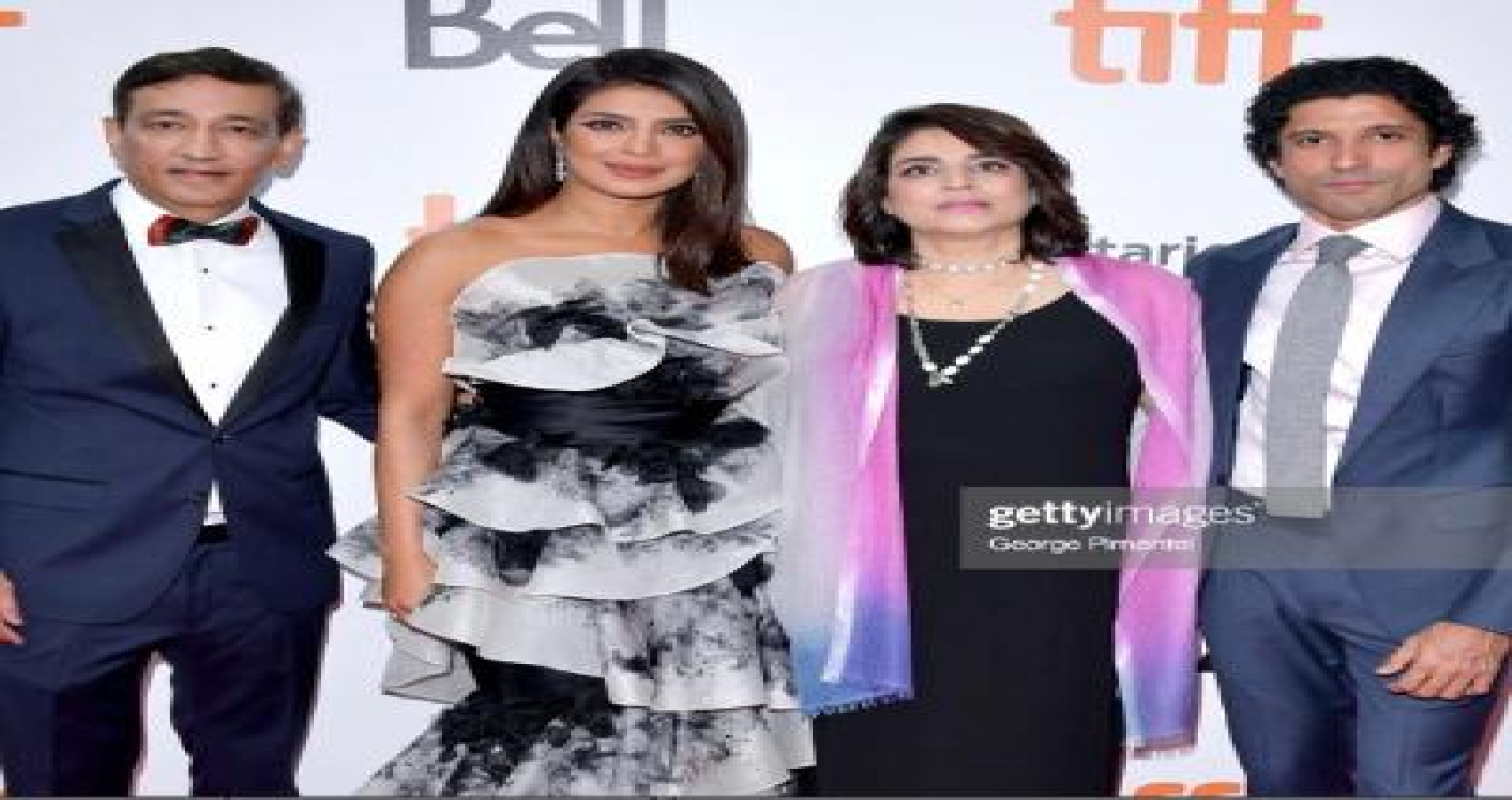
 Her life has been made into a powerful movie called ‘Sky is Pink’ with Priyanka Chopra Jonas , Farhan Akhtar and ZairaWasim playing lead roles. The movie is now streaming on Netflix. It was inspiring to share Niren’s journey on Chai with Manju. His input in the food and hospitality industry were very insightful including leading Panera profitably in tough Covid times. His advice to those looking to invest in India is worth a watch. His emotional appeal to donate bone marrow to save lives is important as Indian lag behind and his daughter’s life would have been saved with a timely bone marrow donation I loved his three step recipe to make dreams come true and to live life fully describing life as an unfinished painting.
Her life has been made into a powerful movie called ‘Sky is Pink’ with Priyanka Chopra Jonas , Farhan Akhtar and ZairaWasim playing lead roles. The movie is now streaming on Netflix. It was inspiring to share Niren’s journey on Chai with Manju. His input in the food and hospitality industry were very insightful including leading Panera profitably in tough Covid times. His advice to those looking to invest in India is worth a watch. His emotional appeal to donate bone marrow to save lives is important as Indian lag behind and his daughter’s life would have been saved with a timely bone marrow donation I loved his three step recipe to make dreams come true and to live life fully describing life as an unfinished painting.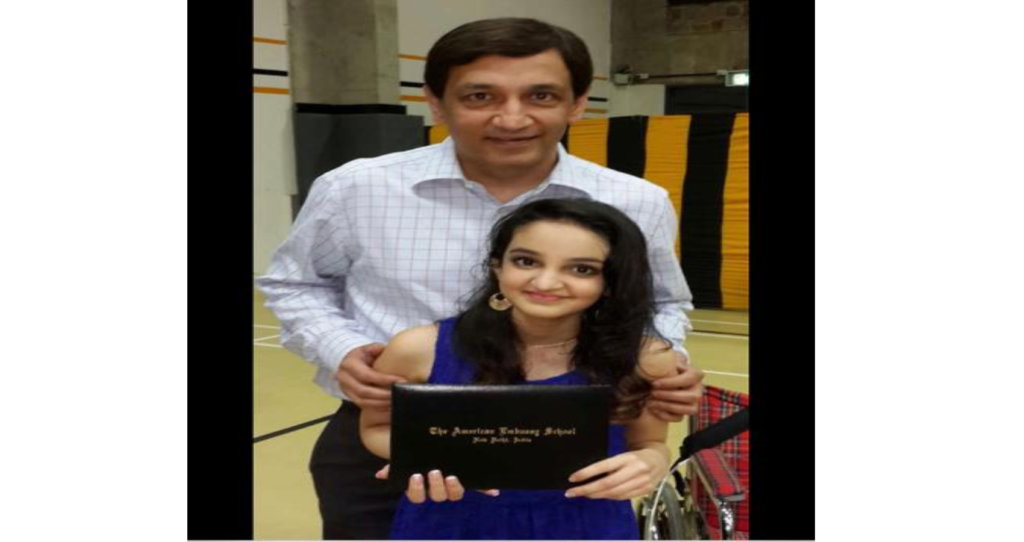 He holds a bachelor’s degree in Economics from St. Stephen’s College in Delhi, an MBA in marketing from the University of Delhi, and also completed the Advanced Management Program at Harvard Business School.One of the best parts of the interview with Dr. Manju Shethwas to watch him sing. Music plays a huge role in his life. Indeed, he is a rockstar CEO.
He holds a bachelor’s degree in Economics from St. Stephen’s College in Delhi, an MBA in marketing from the University of Delhi, and also completed the Advanced Management Program at Harvard Business School.One of the best parts of the interview with Dr. Manju Shethwas to watch him sing. Music plays a huge role in his life. Indeed, he is a rockstar CEO.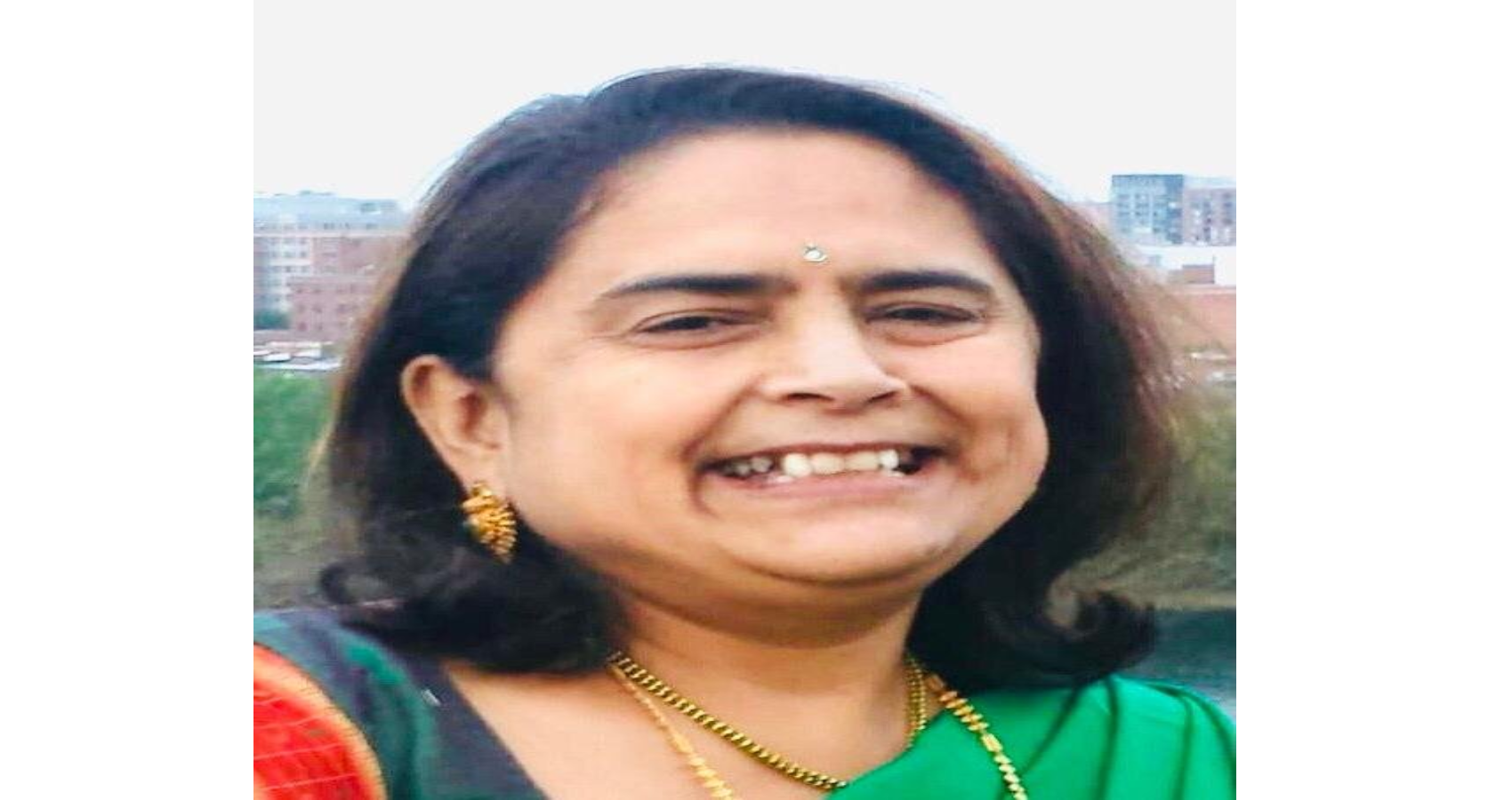
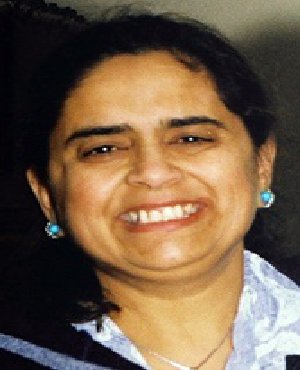 My childhood was mostly normal with one main exception: Since both my parents did theater, I spent a lot of evenings alone at home with domestic help or at the rehearsals with one of them. The weekends again would be spent backstage or dozing in the auditorium. Living in an apartment complex eventually introduced me to lots of friends, whose houses became another good option for weekends. When they toured for plays, I spent a lot of time with my maternal grandparents. While I didn’t see my parents often, being surrounded by people 24/7 definitely gave me a supportive environment to grow up in. Although I grew up in a vibrant theater background, the theater bug did not really bite till much later in life after I met my Husband Chandu Shah, who is also from a similar background.
My childhood was mostly normal with one main exception: Since both my parents did theater, I spent a lot of evenings alone at home with domestic help or at the rehearsals with one of them. The weekends again would be spent backstage or dozing in the auditorium. Living in an apartment complex eventually introduced me to lots of friends, whose houses became another good option for weekends. When they toured for plays, I spent a lot of time with my maternal grandparents. While I didn’t see my parents often, being surrounded by people 24/7 definitely gave me a supportive environment to grow up in. Although I grew up in a vibrant theater background, the theater bug did not really bite till much later in life after I met my Husband Chandu Shah, who is also from a similar background.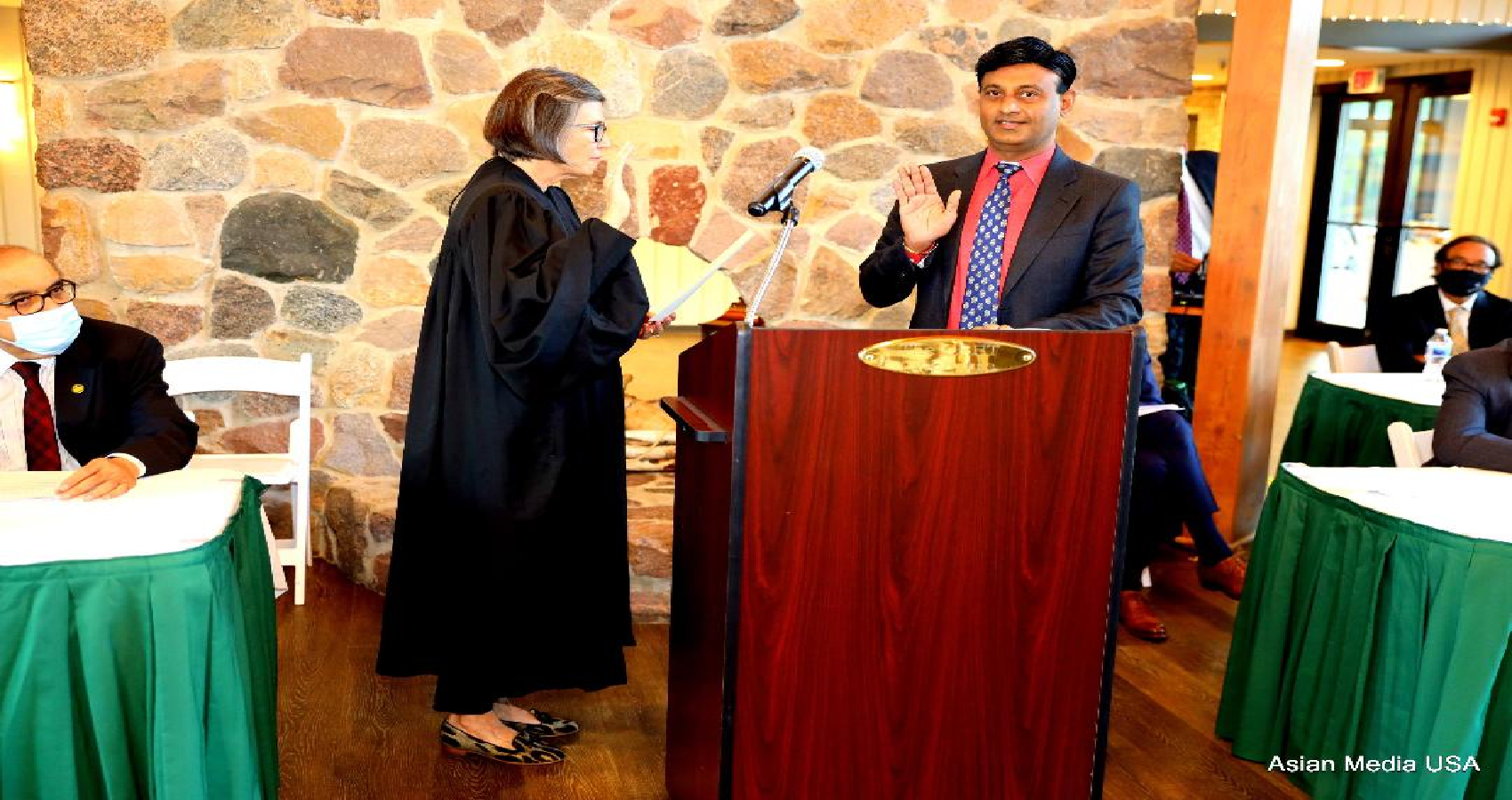
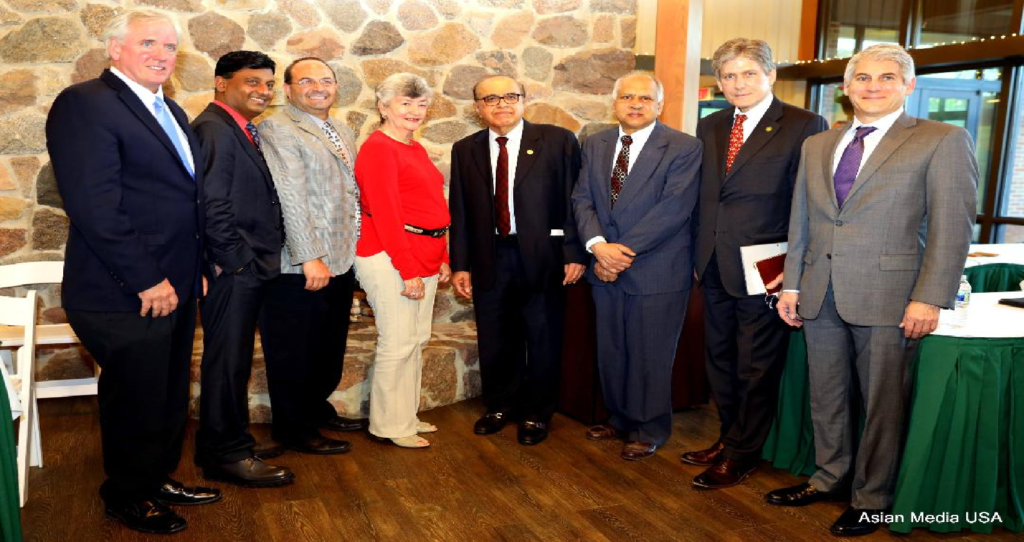 In his acceptance speech, Dr. Reddy said, “As a practicing physician, I will use my training and experiences to ensure that appropriate and effective health policies are approved by the board and implemented by our village staff. There are many expert doctors and medical professionals in our community. I will find ways to engage them through informal work groups or more formal committees if needed to ensure the safety of our residents.”
In his acceptance speech, Dr. Reddy said, “As a practicing physician, I will use my training and experiences to ensure that appropriate and effective health policies are approved by the board and implemented by our village staff. There are many expert doctors and medical professionals in our community. I will find ways to engage them through informal work groups or more formal committees if needed to ensure the safety of our residents.”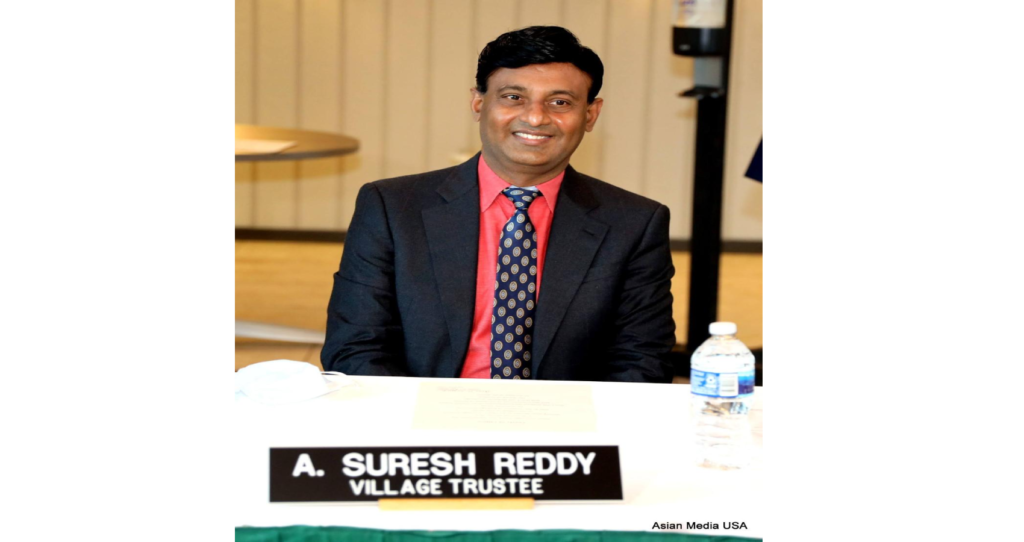 Having a population of nearly 10,000 people, the city of Oak Brook is located 15 miles west of the
Having a population of nearly 10,000 people, the city of Oak Brook is located 15 miles west of the 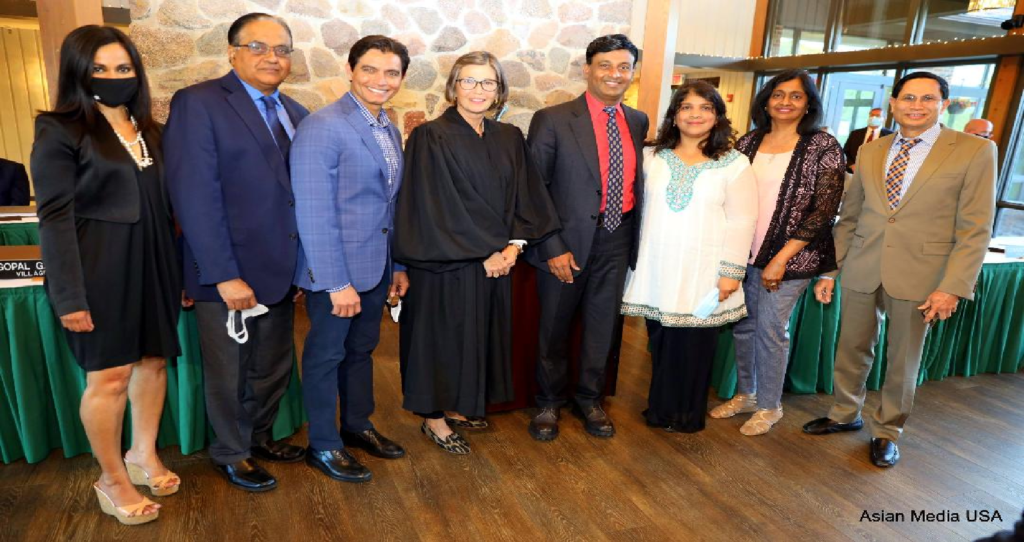 A dynamic leader, Dr. Reddy has devoted a greater part of his life to numerous initiates within the United States , in addition to serving his people back in India, As part of his community service, Dr. Reddy has facilitated and organized numerous health camps and workshops, with special emphasis on CPR training , obesity prevention in conjunction with Chicago Medical Society.
A dynamic leader, Dr. Reddy has devoted a greater part of his life to numerous initiates within the United States , in addition to serving his people back in India, As part of his community service, Dr. Reddy has facilitated and organized numerous health camps and workshops, with special emphasis on CPR training , obesity prevention in conjunction with Chicago Medical Society.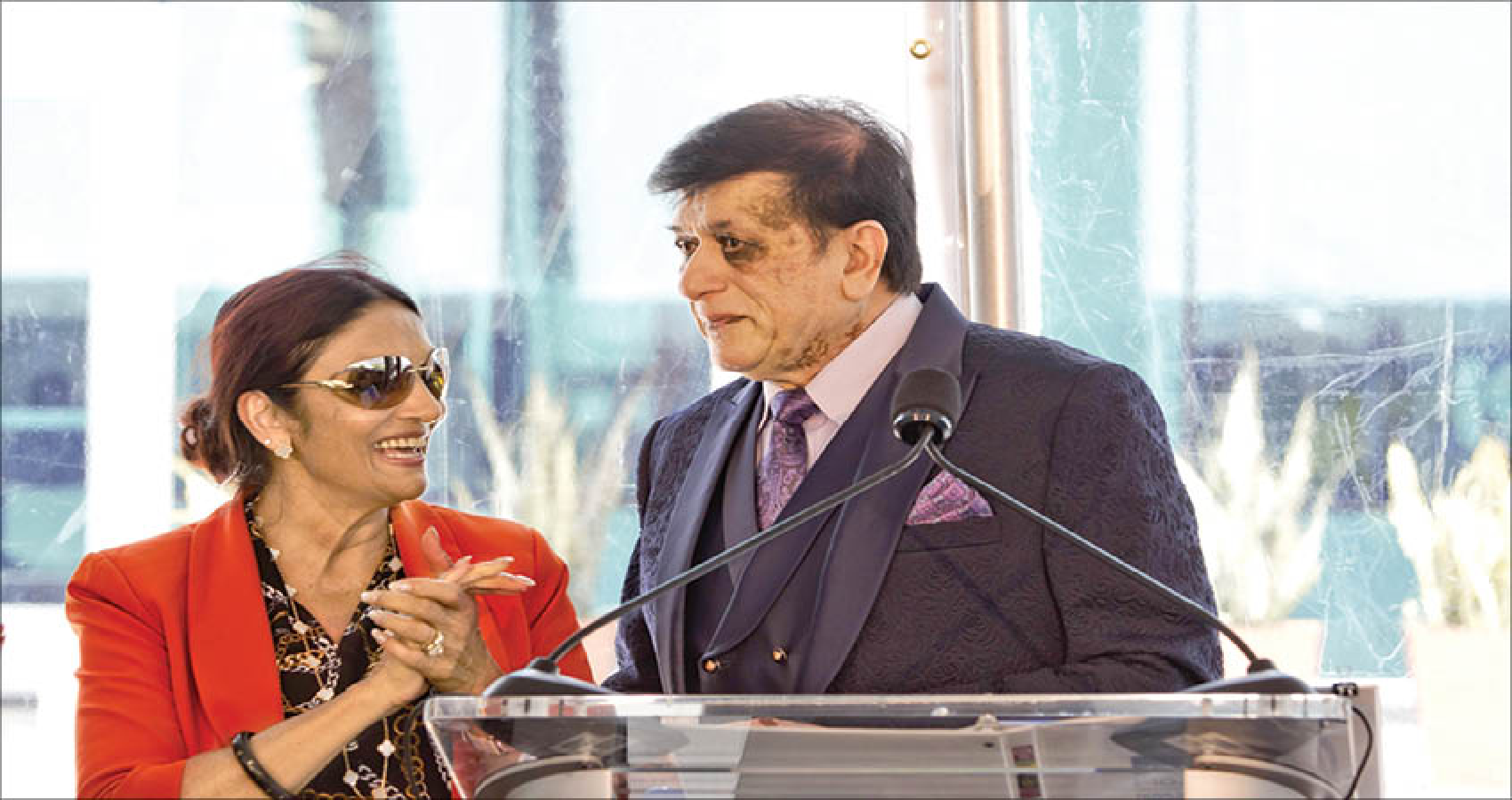
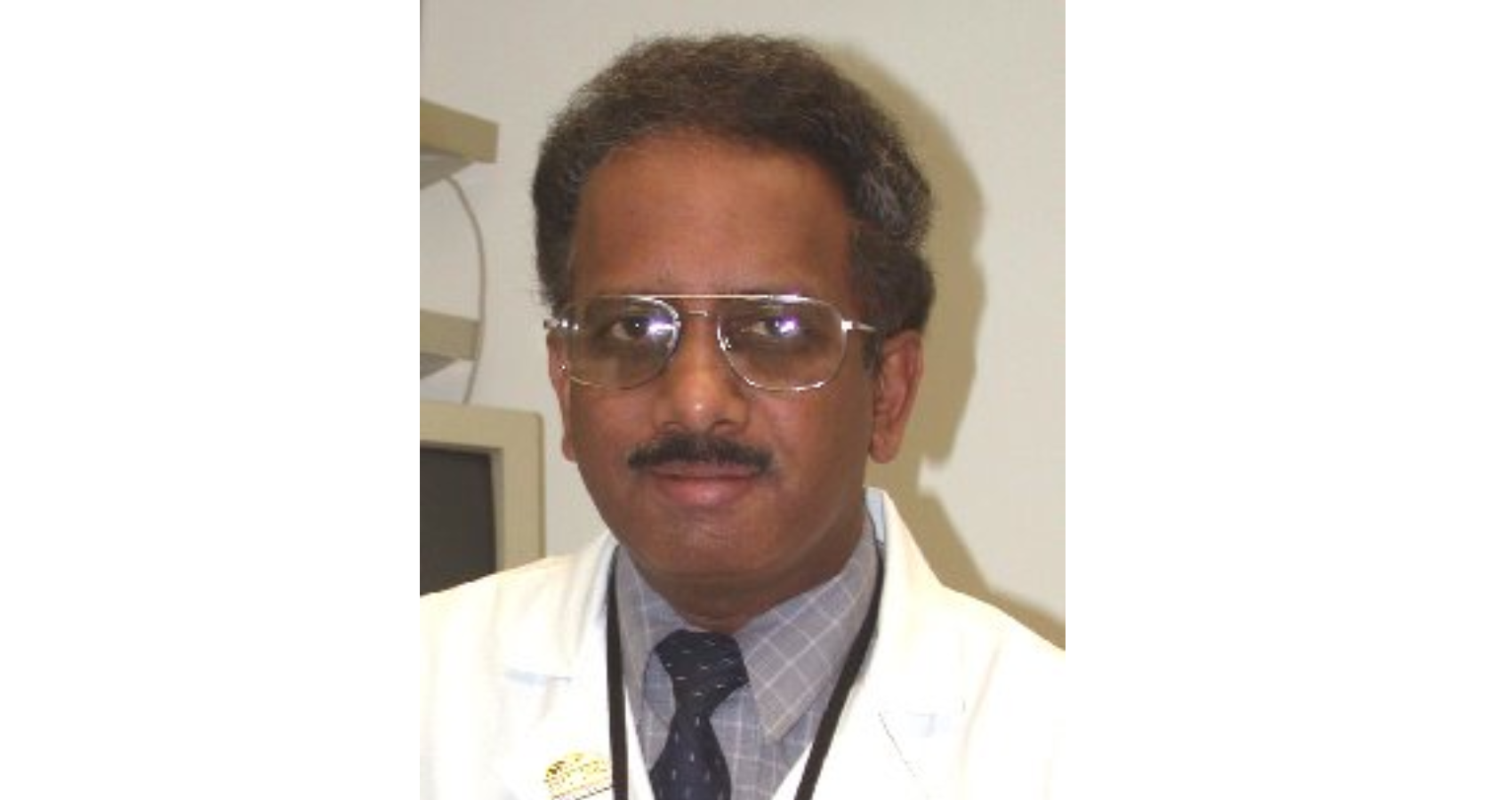
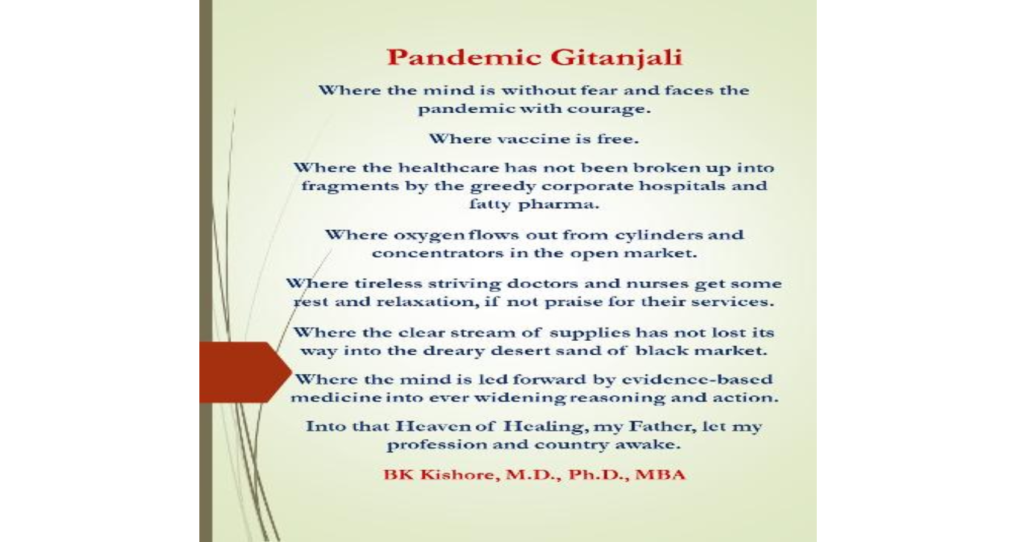 Dr. Kishore has more 30 years of research experience in renal physiology, pathophysiology and experimental therapeutics gained in India, Japan, Beligum and the United States, which includes the Intramural Research Program of the National Heart, Lung and Blood Institute, NIH, Bethesda, Maryland. Currently he directs an internationally recognized research program at the VA Salt Lake City Health Care System and the University of Utah Health. His current research focuses on the role of purinergic signaling in the genesis of clinically relevant water balance disorders, diet-induced obesity and insulin resistance, and vasopressin excessive states, such as cirrhosis of liver, autosomal dominant polycystic kidney disease (ADPKD) and others.
Dr. Kishore has more 30 years of research experience in renal physiology, pathophysiology and experimental therapeutics gained in India, Japan, Beligum and the United States, which includes the Intramural Research Program of the National Heart, Lung and Blood Institute, NIH, Bethesda, Maryland. Currently he directs an internationally recognized research program at the VA Salt Lake City Health Care System and the University of Utah Health. His current research focuses on the role of purinergic signaling in the genesis of clinically relevant water balance disorders, diet-induced obesity and insulin resistance, and vasopressin excessive states, such as cirrhosis of liver, autosomal dominant polycystic kidney disease (ADPKD) and others.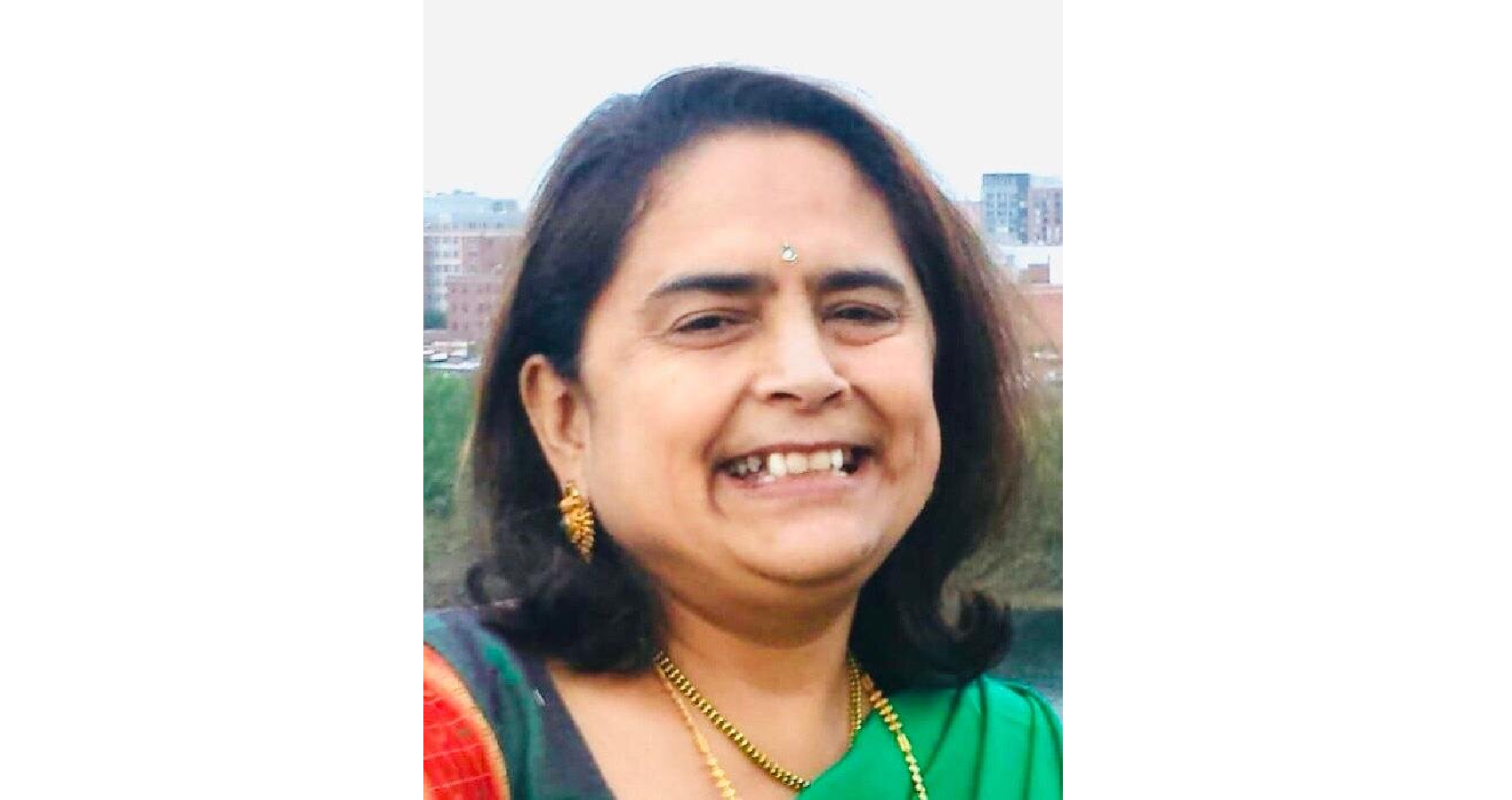
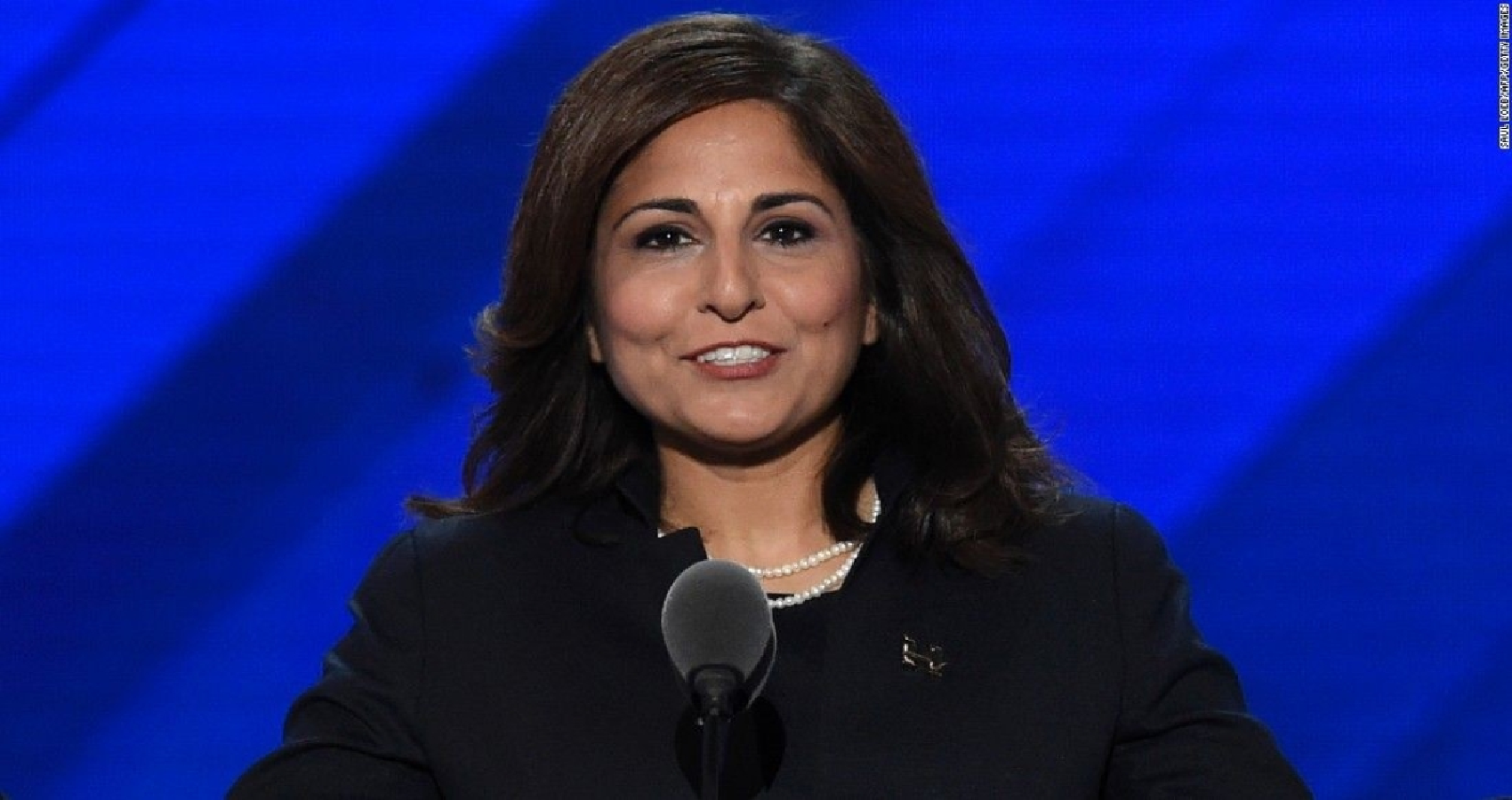
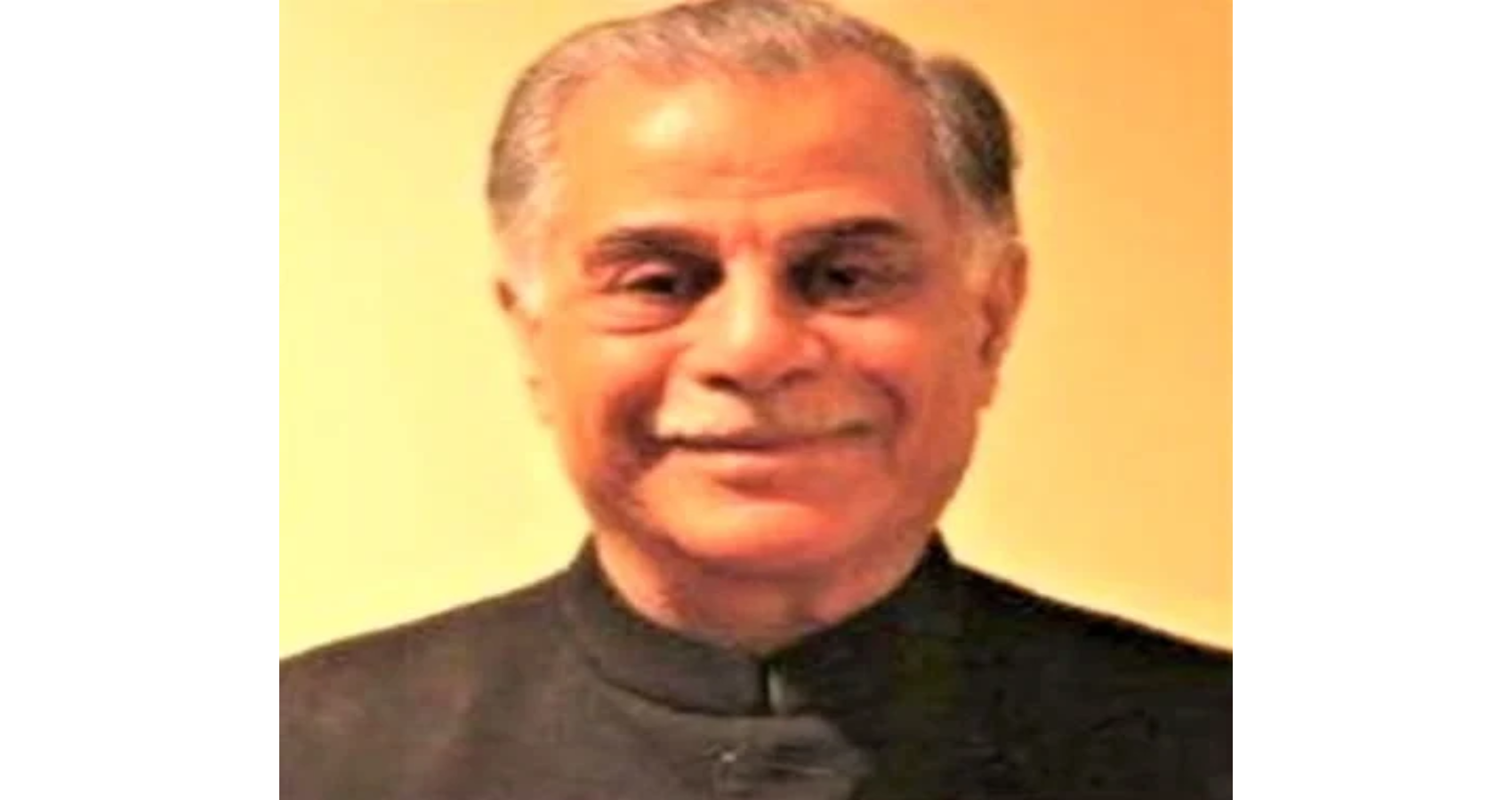
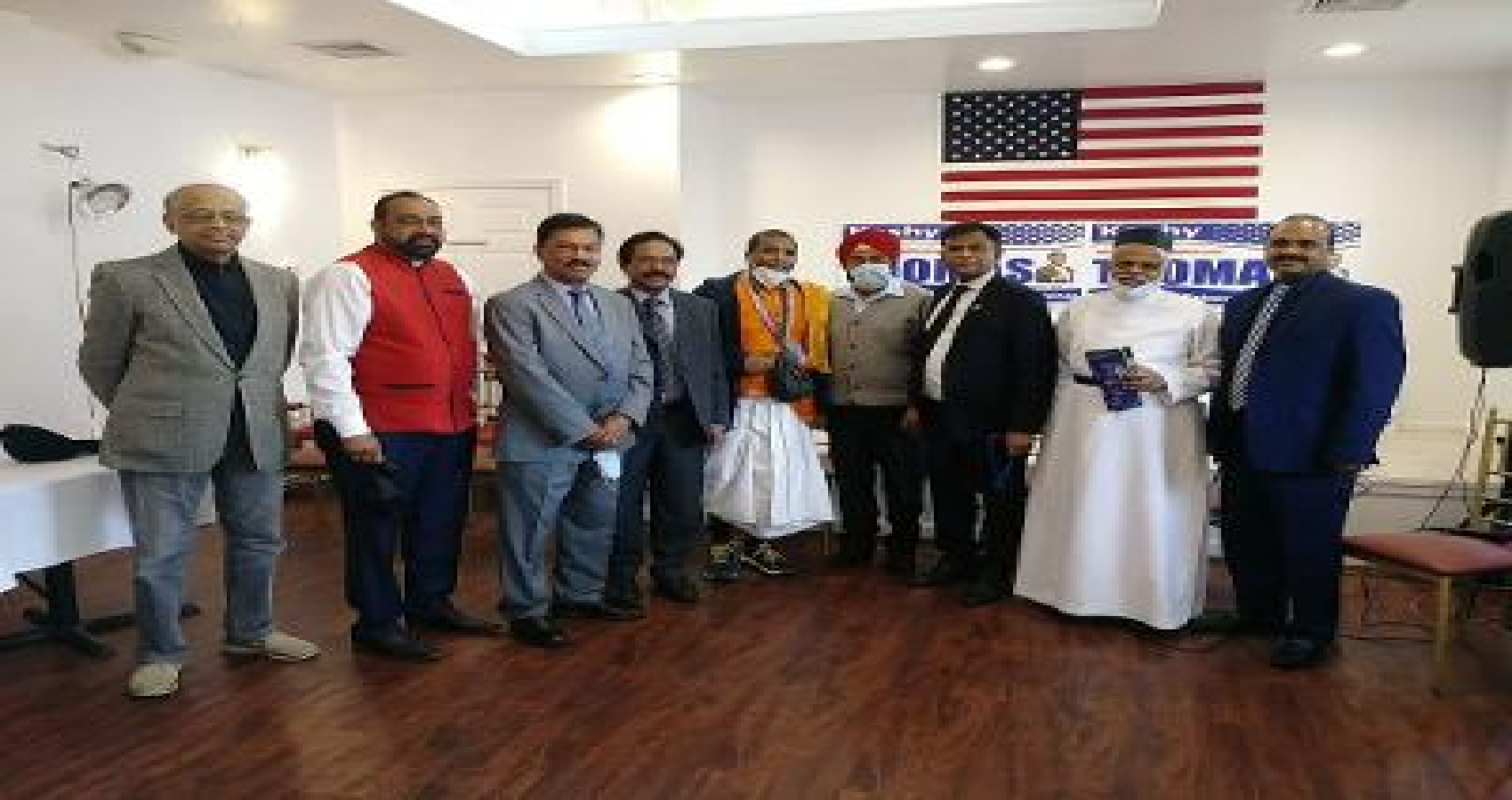
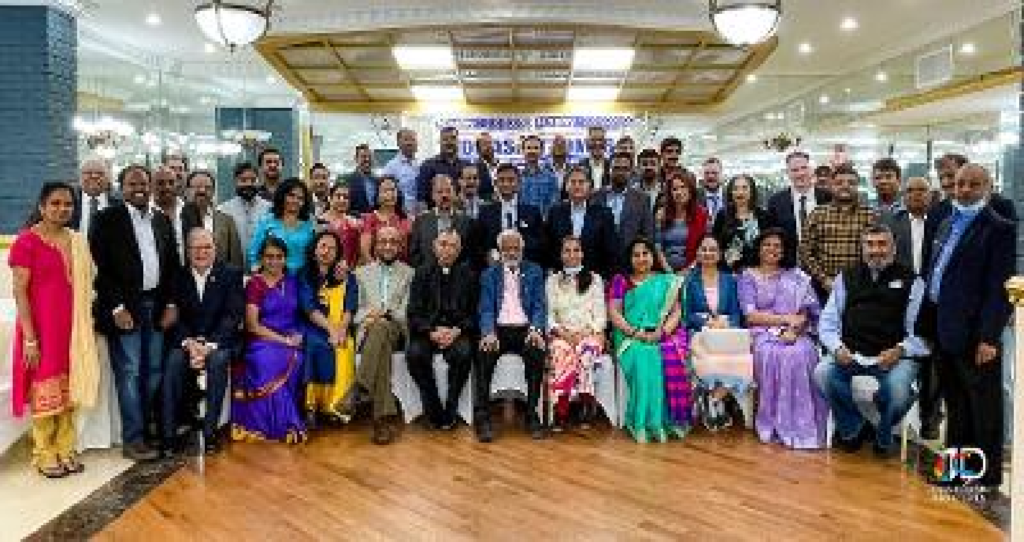 Those who participated in the prayer include Guru jiGarud Gopal Prabhu, Father John Thomas of Jackson Heights Orthodox Church, Imam Muhammad Waliullah of Hillside Islamic Center, Ashok Vyas of ITV, Hemanth Shah of FBIMA, Suhag Mehta of Ganesh Utsav, Kripal Singh, VirendraVora, Paul Karukapally, Ashok Vora, Philipose Philip, V.M. Chacko, Varghese Abraham, Mercedes Buchanan and George Abraham of IOCUSA.
Those who participated in the prayer include Guru jiGarud Gopal Prabhu, Father John Thomas of Jackson Heights Orthodox Church, Imam Muhammad Waliullah of Hillside Islamic Center, Ashok Vyas of ITV, Hemanth Shah of FBIMA, Suhag Mehta of Ganesh Utsav, Kripal Singh, VirendraVora, Paul Karukapally, Ashok Vora, Philipose Philip, V.M. Chacko, Varghese Abraham, Mercedes Buchanan and George Abraham of IOCUSA.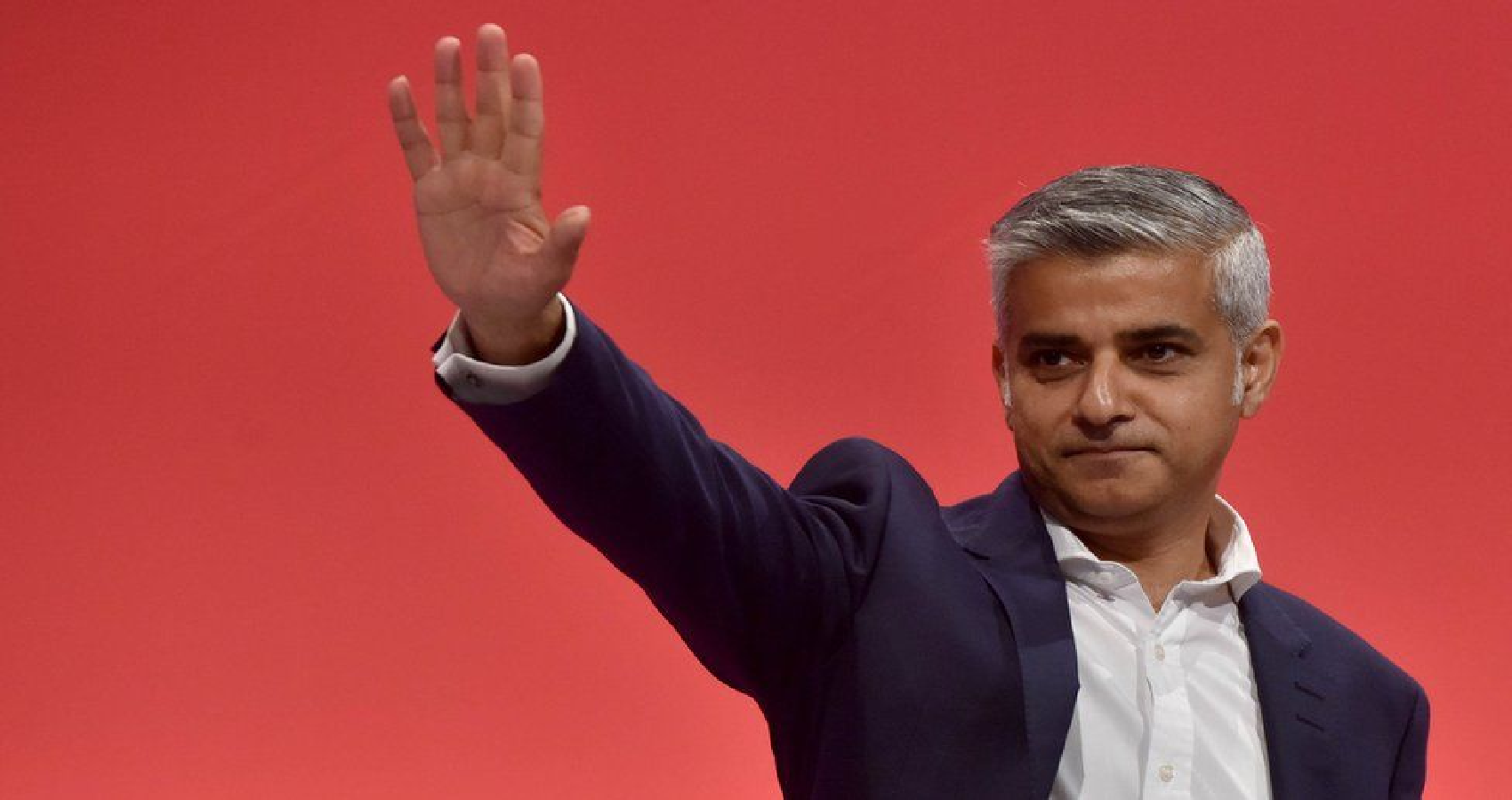
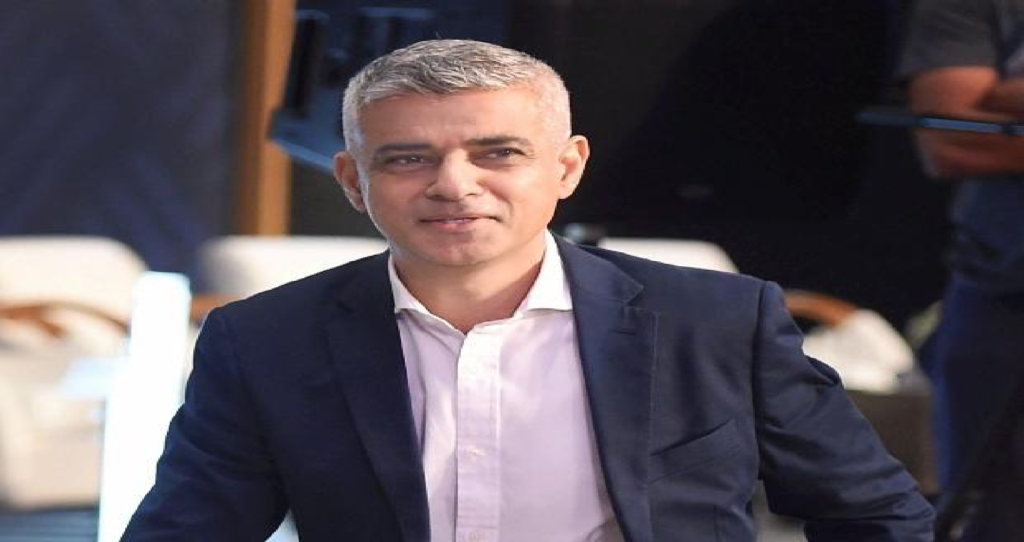 “The results of the elections around the UK shows our country, and even our city, remains deeply divided. The scars of Brexit have yet to heal. A crude culture war is pushing us further apart,” he added.
“The results of the elections around the UK shows our country, and even our city, remains deeply divided. The scars of Brexit have yet to heal. A crude culture war is pushing us further apart,” he added.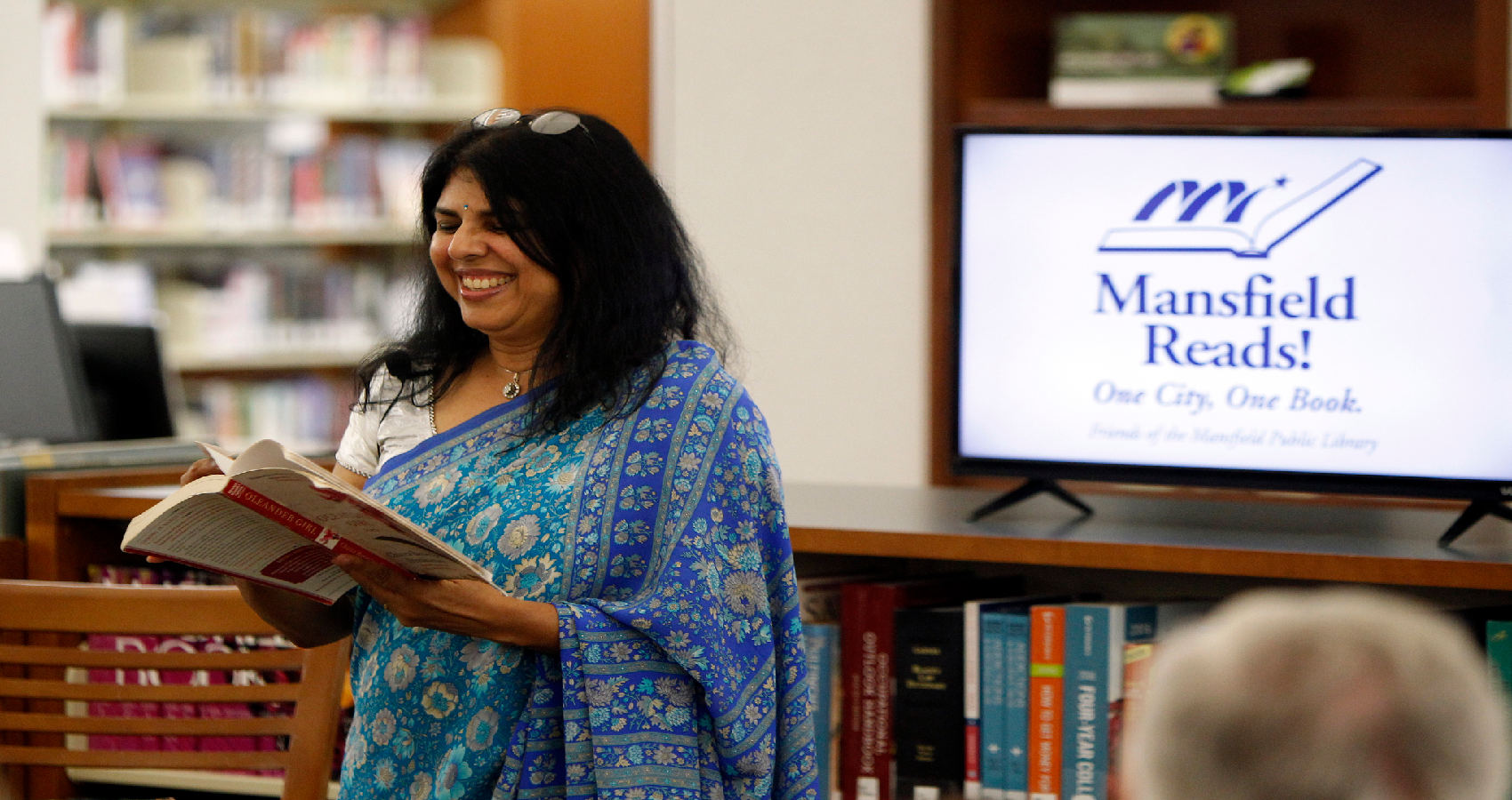
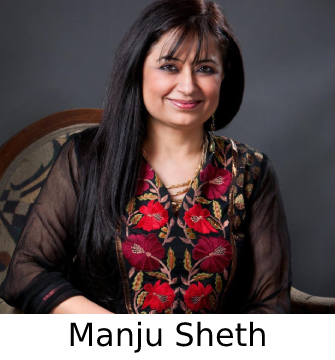 Ms. Banerjee is an award-winning and bestselling author, poet, activist and teacher of writing. Her work has been published in over 50 magazines, including the
Ms. Banerjee is an award-winning and bestselling author, poet, activist and teacher of writing. Her work has been published in over 50 magazines, including the 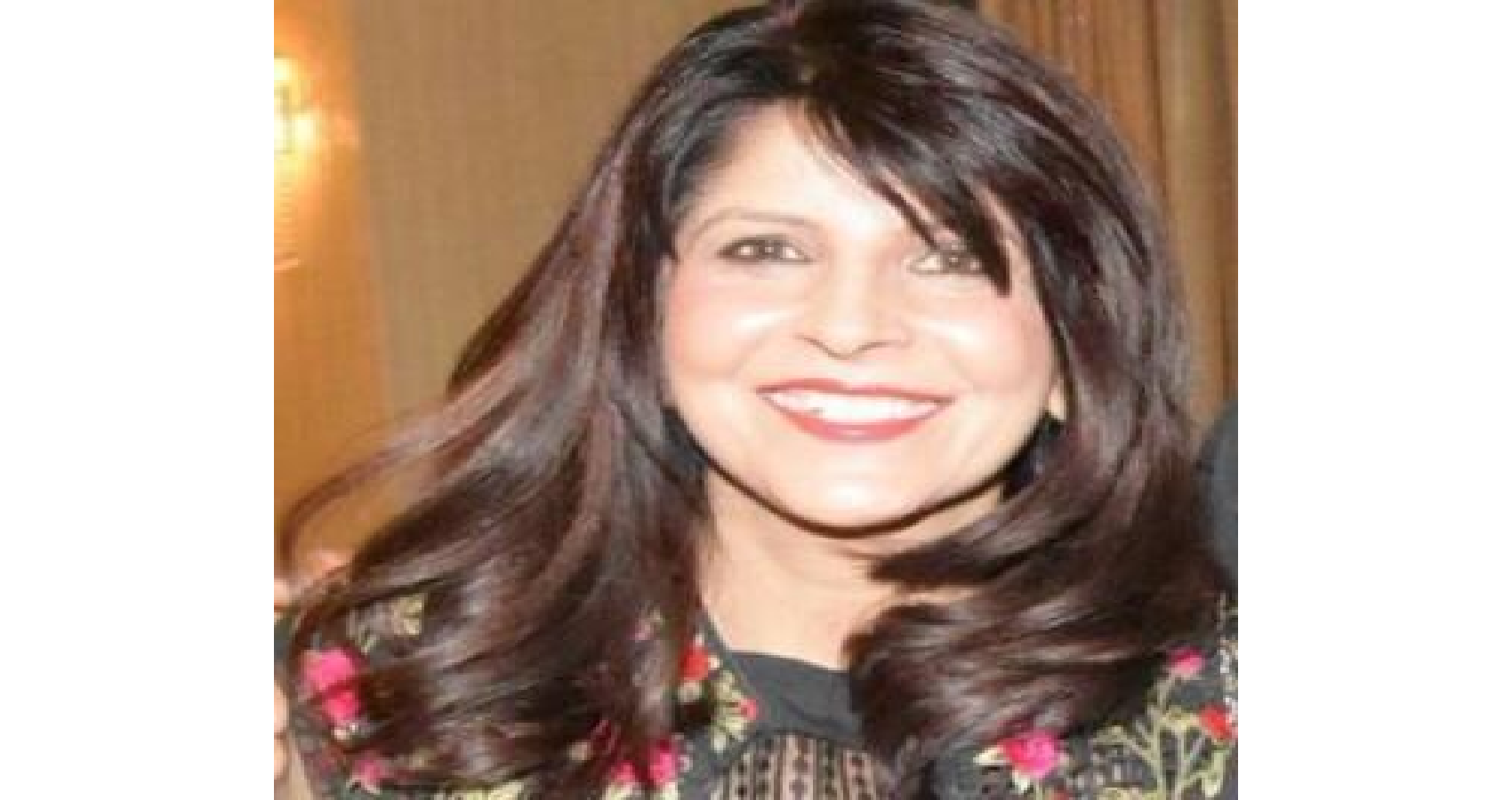
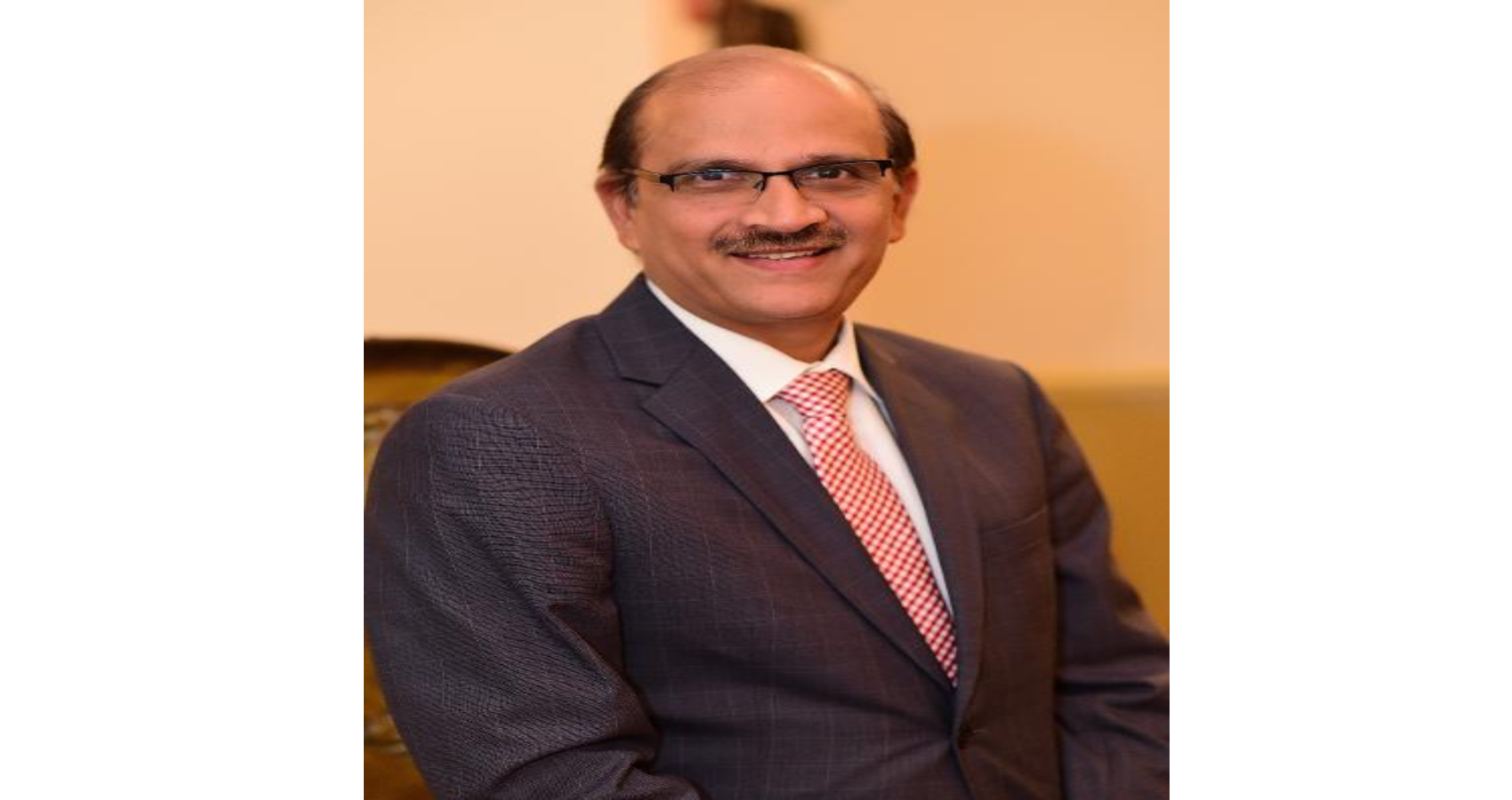


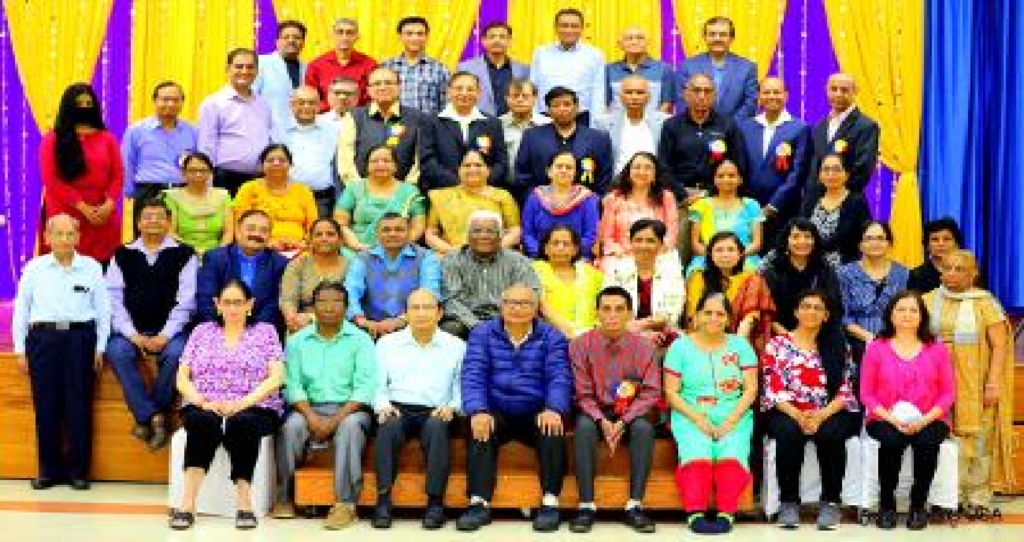 The Appreciation letter from the Governor concluded: “On behalf of the people of the State of Illinois, it is my pleasure to thank you for your ongoing work of Vaccination. Your dedication and leadership have created a lasting impact in your community and you have been an asset to all of Illinois in our collaboration to overcome the Pandemic. “J.B. Pritzker, Hon. Governor of Illinois.
The Appreciation letter from the Governor concluded: “On behalf of the people of the State of Illinois, it is my pleasure to thank you for your ongoing work of Vaccination. Your dedication and leadership have created a lasting impact in your community and you have been an asset to all of Illinois in our collaboration to overcome the Pandemic. “J.B. Pritzker, Hon. Governor of Illinois.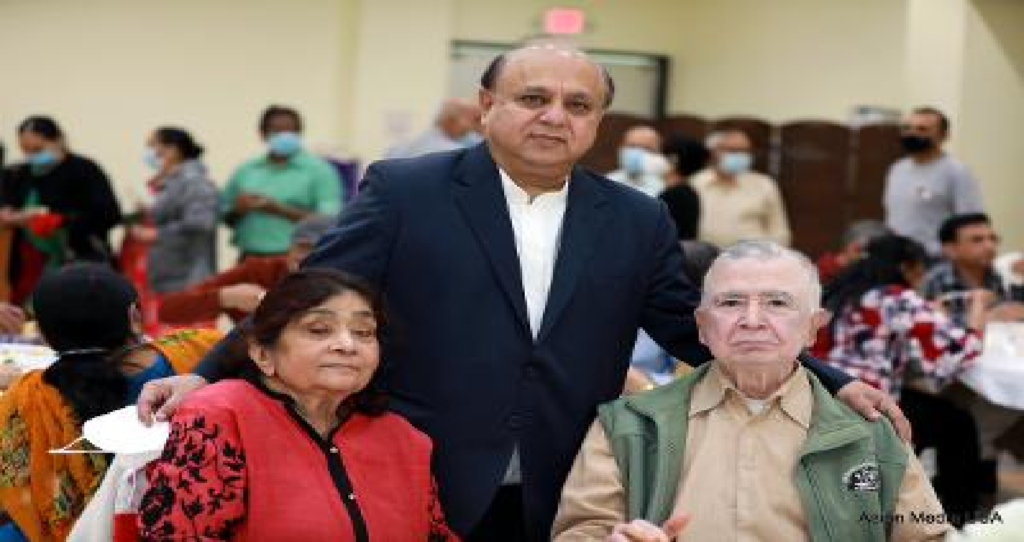 Dr Kapadia and his wife Seema Kapadia thanked each member of the team including Gujarati Seniors of Chicago team who made the vaccination camp a huge success. Dr Kapadia mentioned how his wife Seema Kapadia and his sons have been a driving force behind all these campaigns to ensure smooth execution. He added that Ms. Seema Kapadia has been present at many vaccination camps from the beginning till the end to ensure a safe, timely and equitable administration of the vaccine.
Dr Kapadia and his wife Seema Kapadia thanked each member of the team including Gujarati Seniors of Chicago team who made the vaccination camp a huge success. Dr Kapadia mentioned how his wife Seema Kapadia and his sons have been a driving force behind all these campaigns to ensure smooth execution. He added that Ms. Seema Kapadia has been present at many vaccination camps from the beginning till the end to ensure a safe, timely and equitable administration of the vaccine.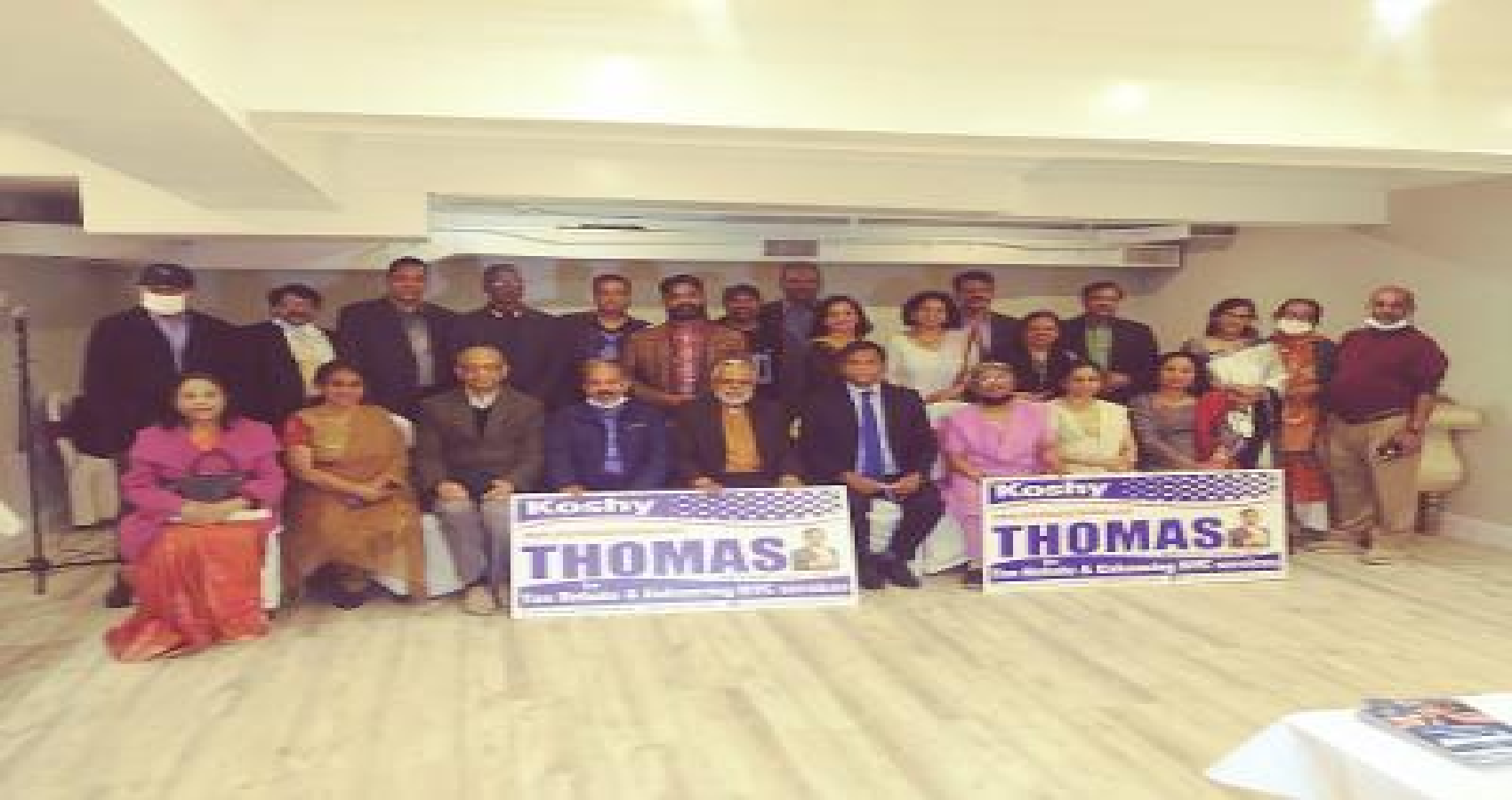
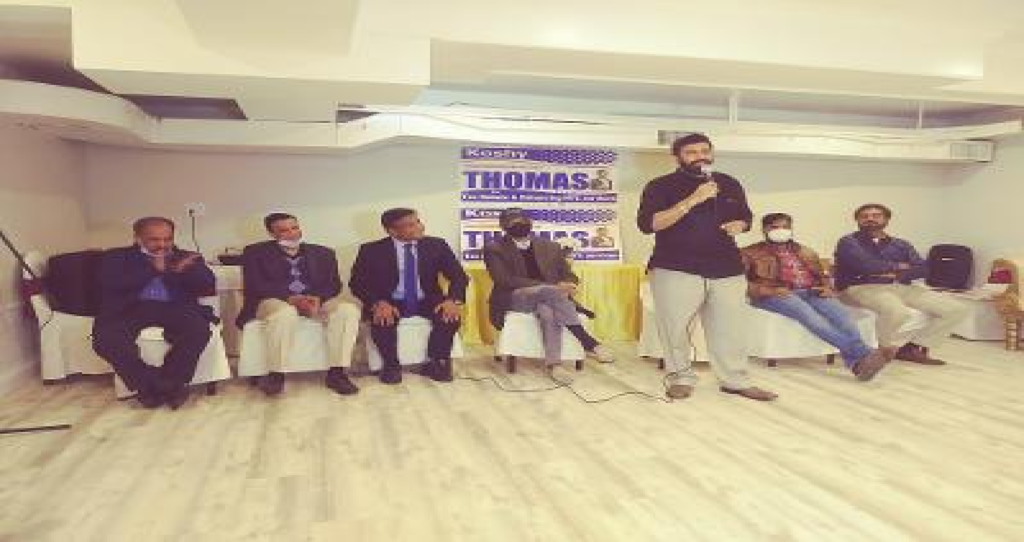 Aniayan George, President of FOMAA (Federation Of Malayalee Associations of Americas), characterized Koshy Thomas as someone who identifies with the community regardless of their background and someone who has the energy, willingness, and capacity to elevate his contributions further as an NYC Councilman. “ I believe Koshy Thomas can win this election, and he will be our first Asian Indian representation in the City Council,” he added.
Aniayan George, President of FOMAA (Federation Of Malayalee Associations of Americas), characterized Koshy Thomas as someone who identifies with the community regardless of their background and someone who has the energy, willingness, and capacity to elevate his contributions further as an NYC Councilman. “ I believe Koshy Thomas can win this election, and he will be our first Asian Indian representation in the City Council,” he added.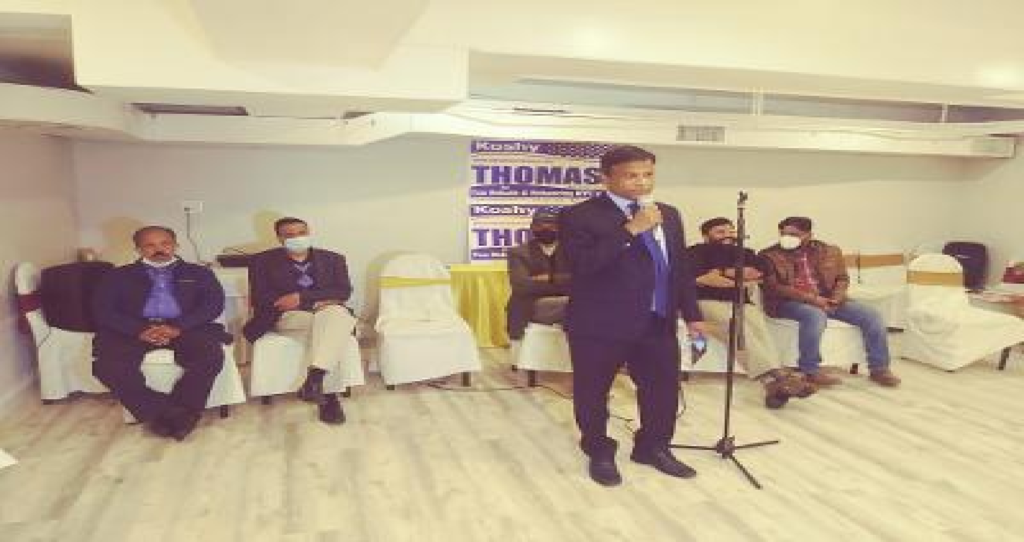 V.M. Chacko, a leading community activist in Queens over four decades, pointed out the potential the community has in this upcoming election and said, “this is not the time to be lackadaisical, and please get involved for the sake of the safety and wellbeing of our community.” Mr. V. Abraham (Raju) described the success the campaign has had in terms of timely submission of the nomination forms and increased awareness of Koshy’s candidacy across the District. Mr. George Parampil, who has been urging Koshy Thomas to run over the years, applauded his dedication to the community and threw his full support behind him.
V.M. Chacko, a leading community activist in Queens over four decades, pointed out the potential the community has in this upcoming election and said, “this is not the time to be lackadaisical, and please get involved for the sake of the safety and wellbeing of our community.” Mr. V. Abraham (Raju) described the success the campaign has had in terms of timely submission of the nomination forms and increased awareness of Koshy’s candidacy across the District. Mr. George Parampil, who has been urging Koshy Thomas to run over the years, applauded his dedication to the community and threw his full support behind him.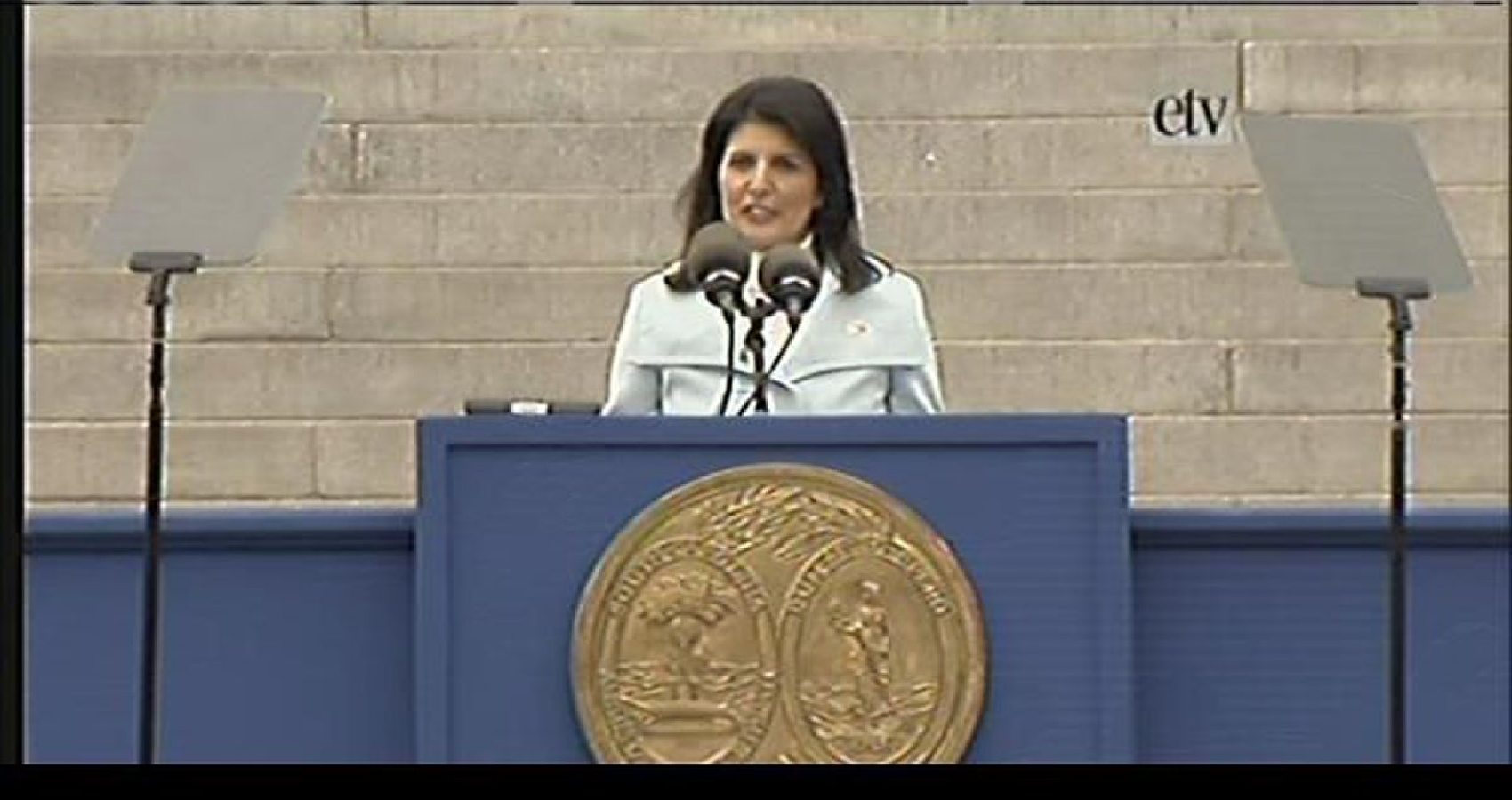
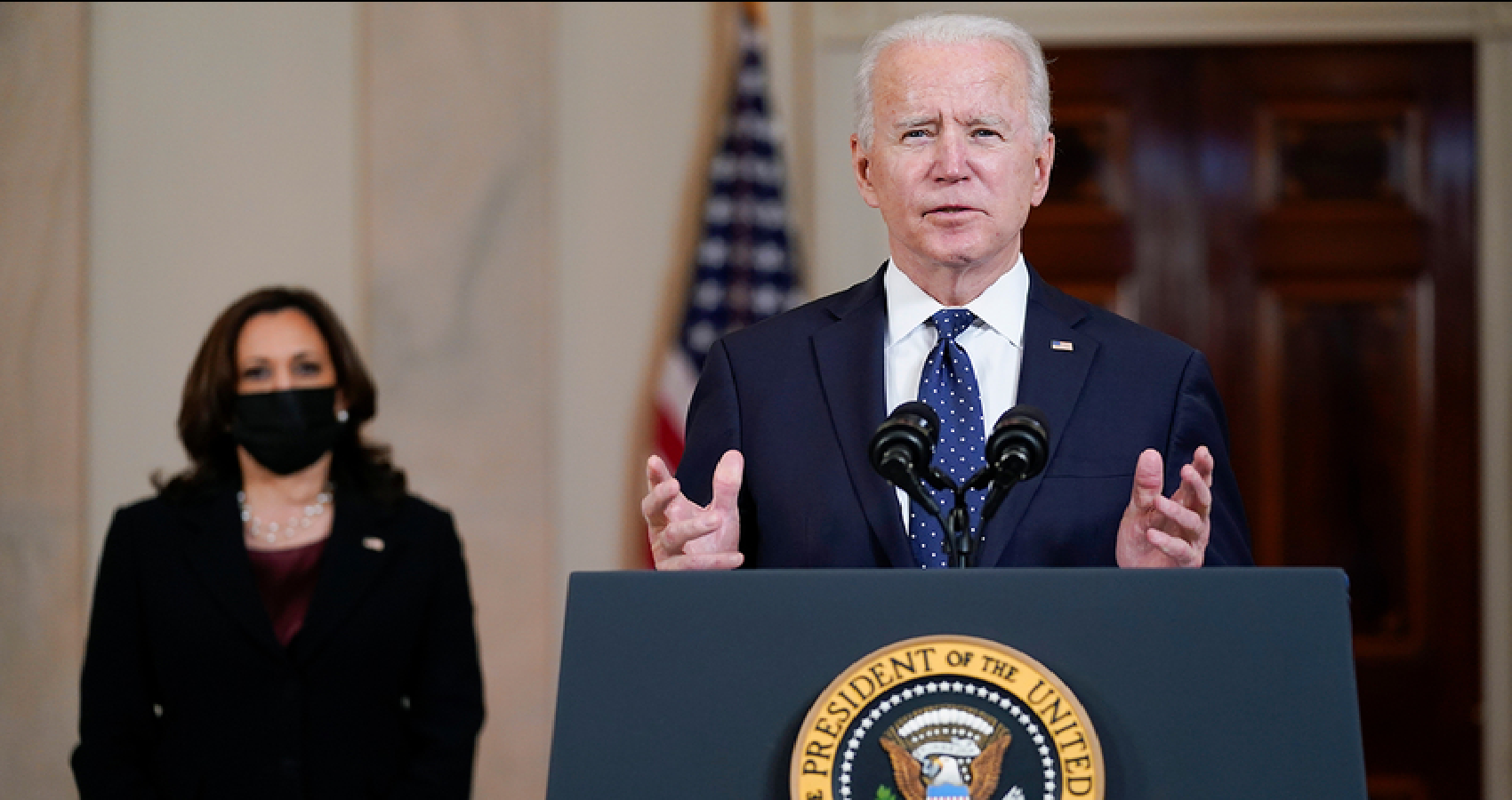
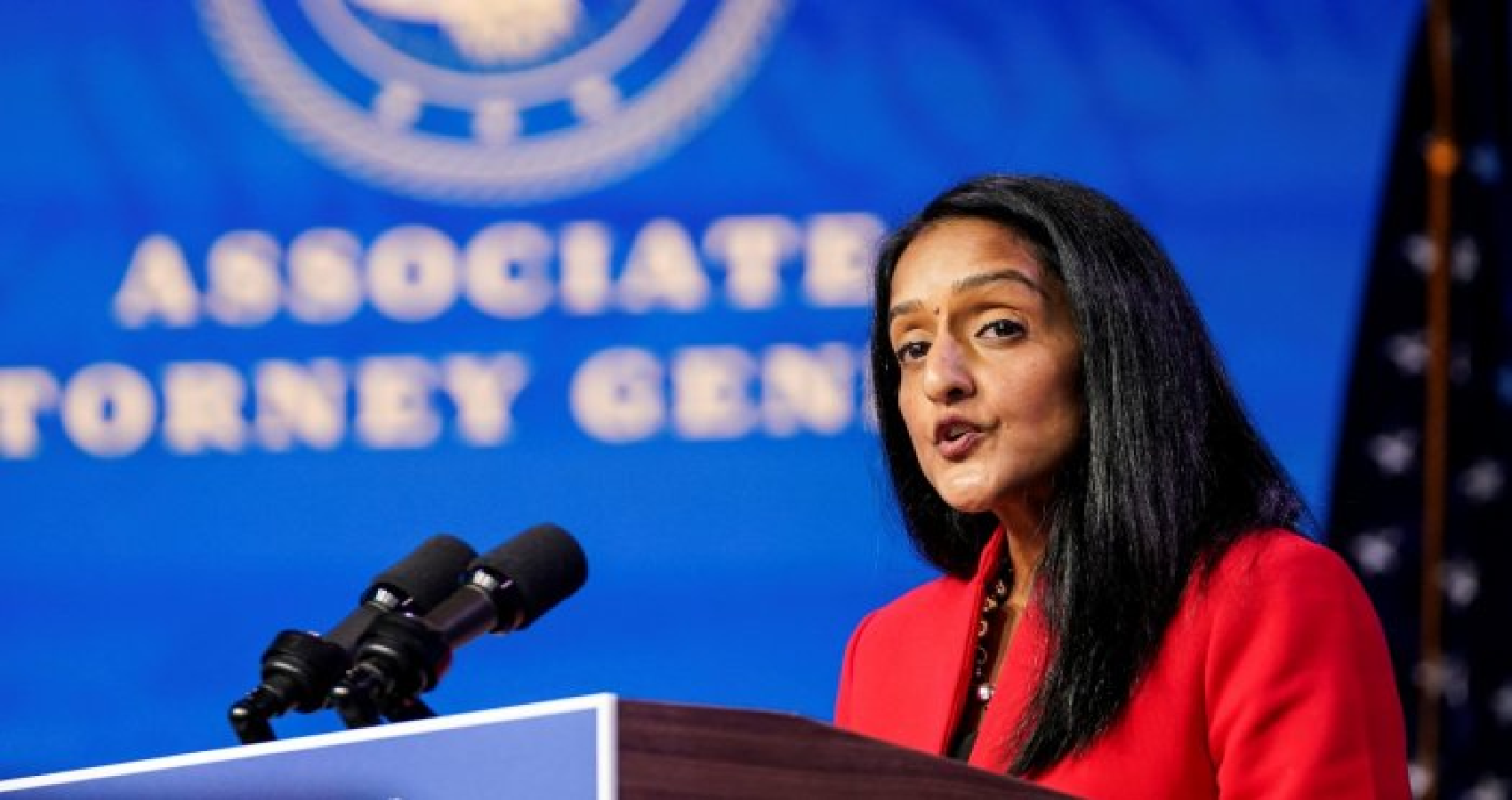
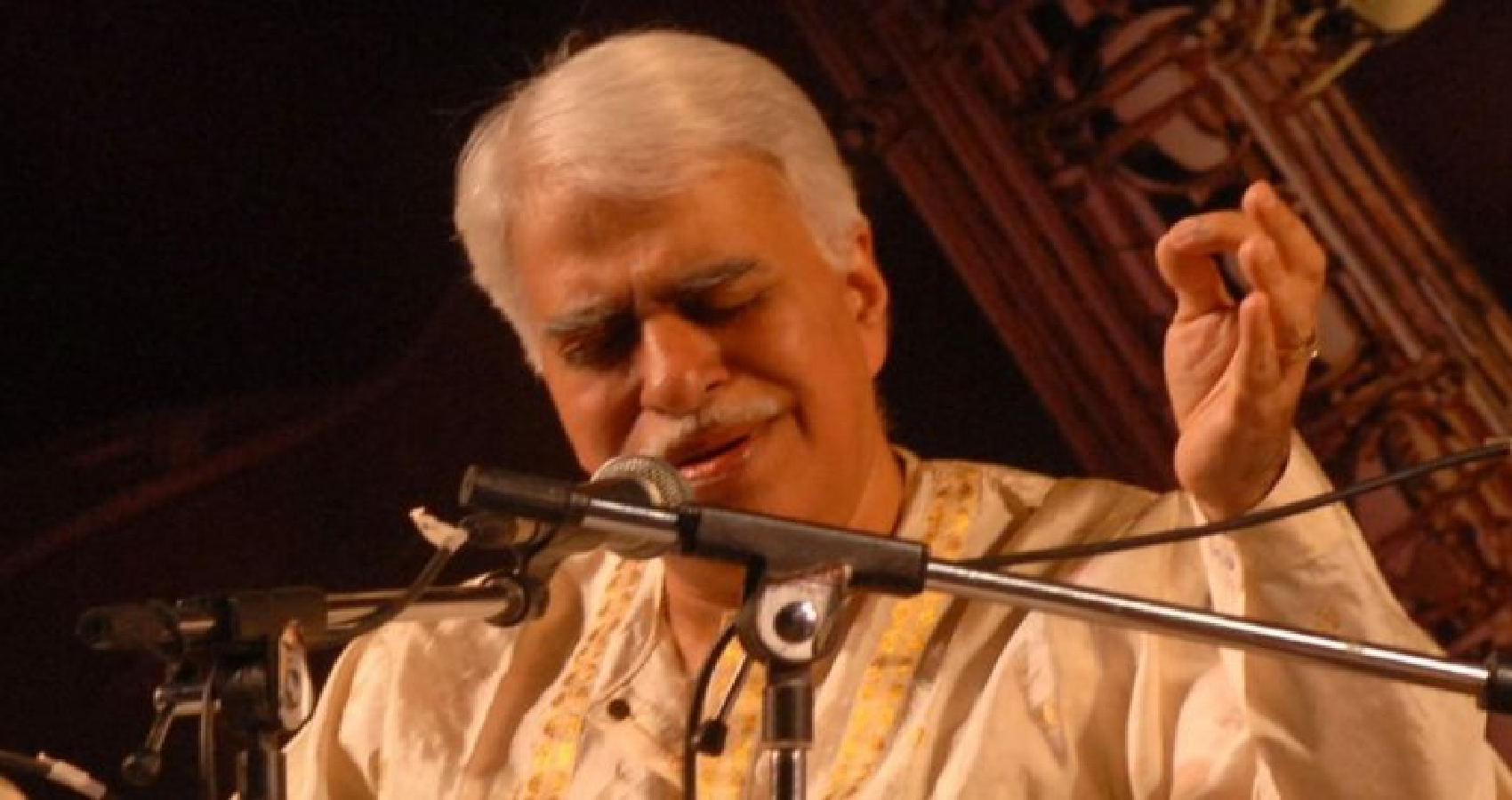
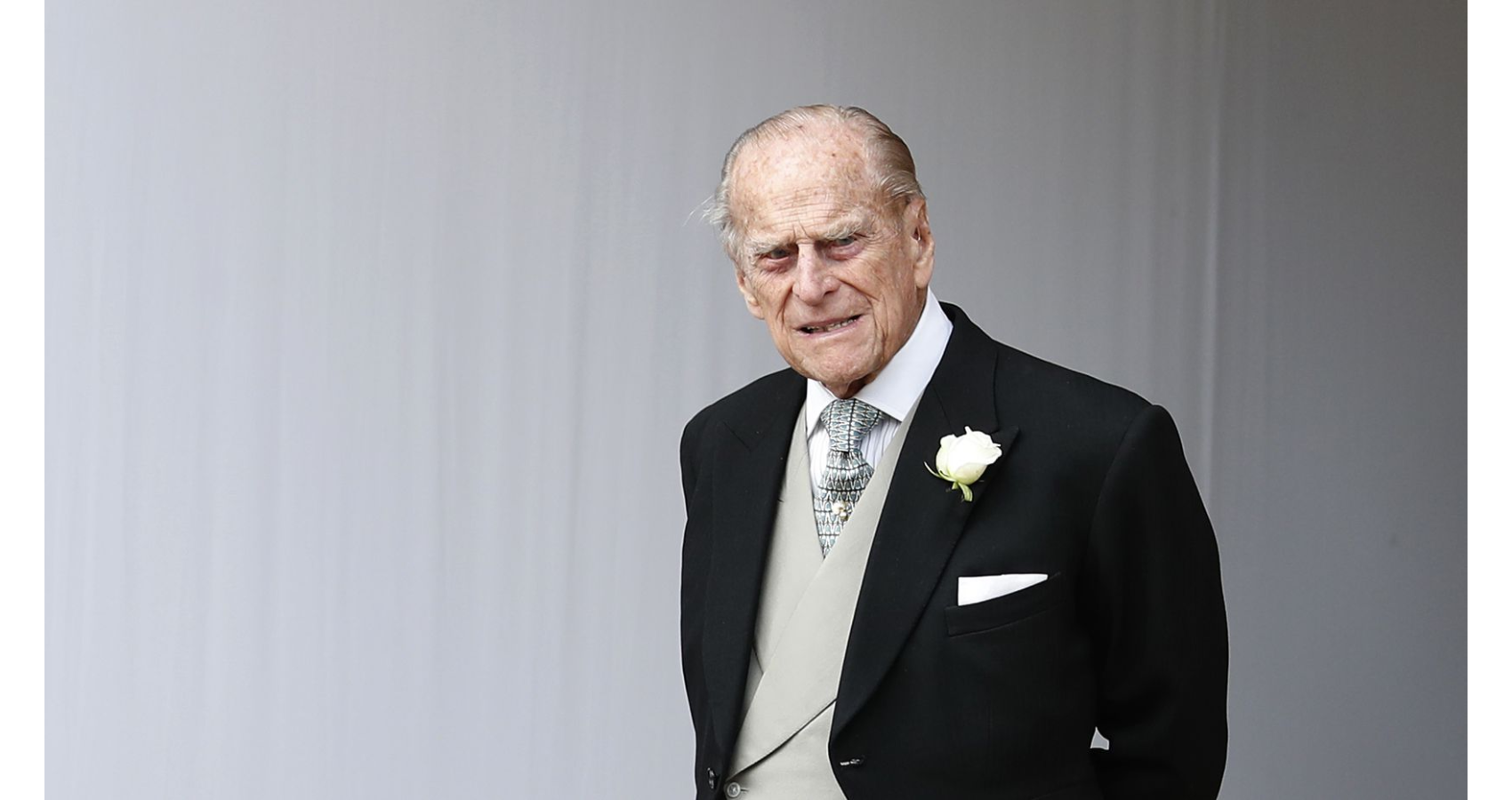
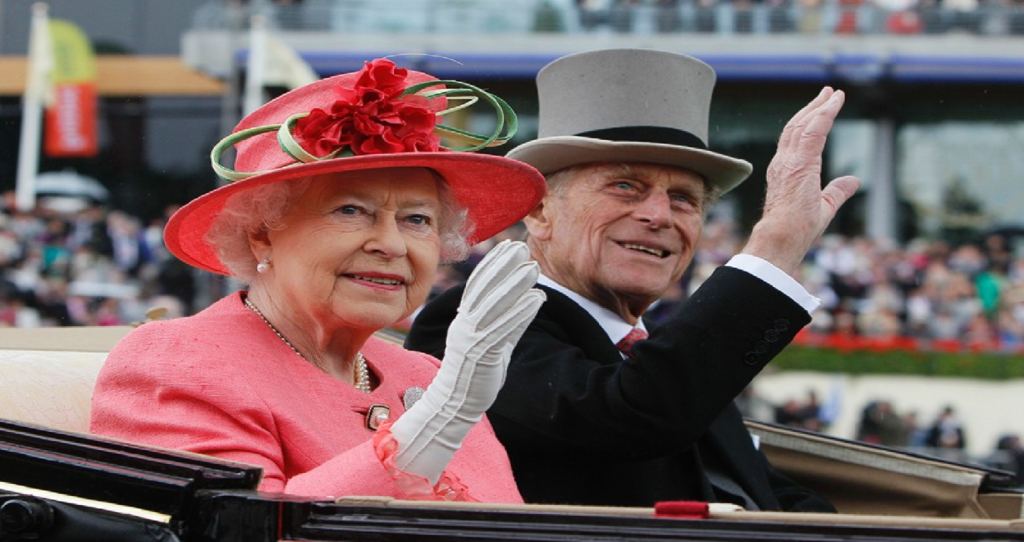 Prince Philip was the only son and the last child of Alice and Andrew. He was born in June 1921 at the Greek island of Corfu in a villa named Mon Repos which the couple had inherited from Andrew’s father, king George.
Prince Philip was the only son and the last child of Alice and Andrew. He was born in June 1921 at the Greek island of Corfu in a villa named Mon Repos which the couple had inherited from Andrew’s father, king George.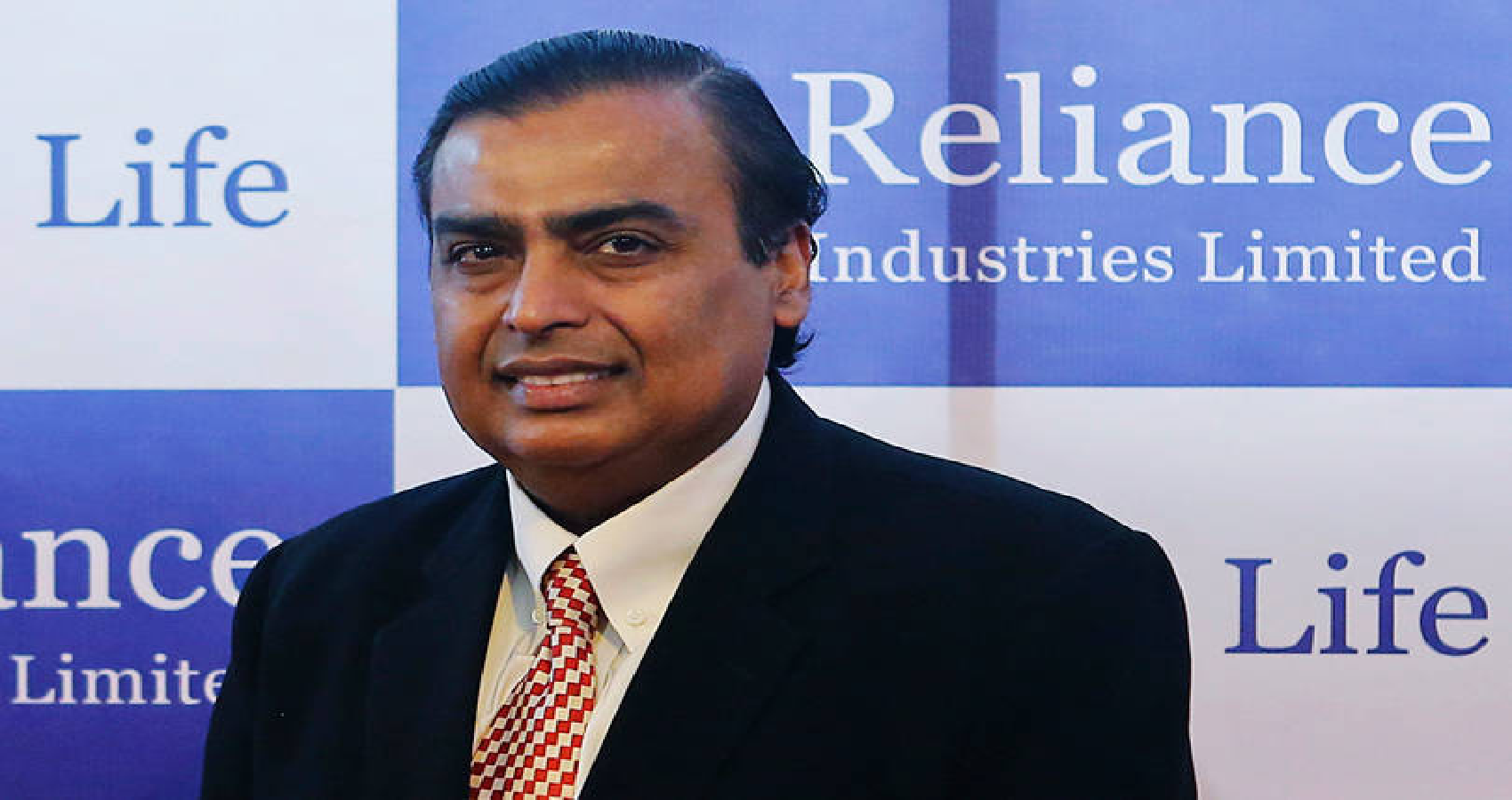
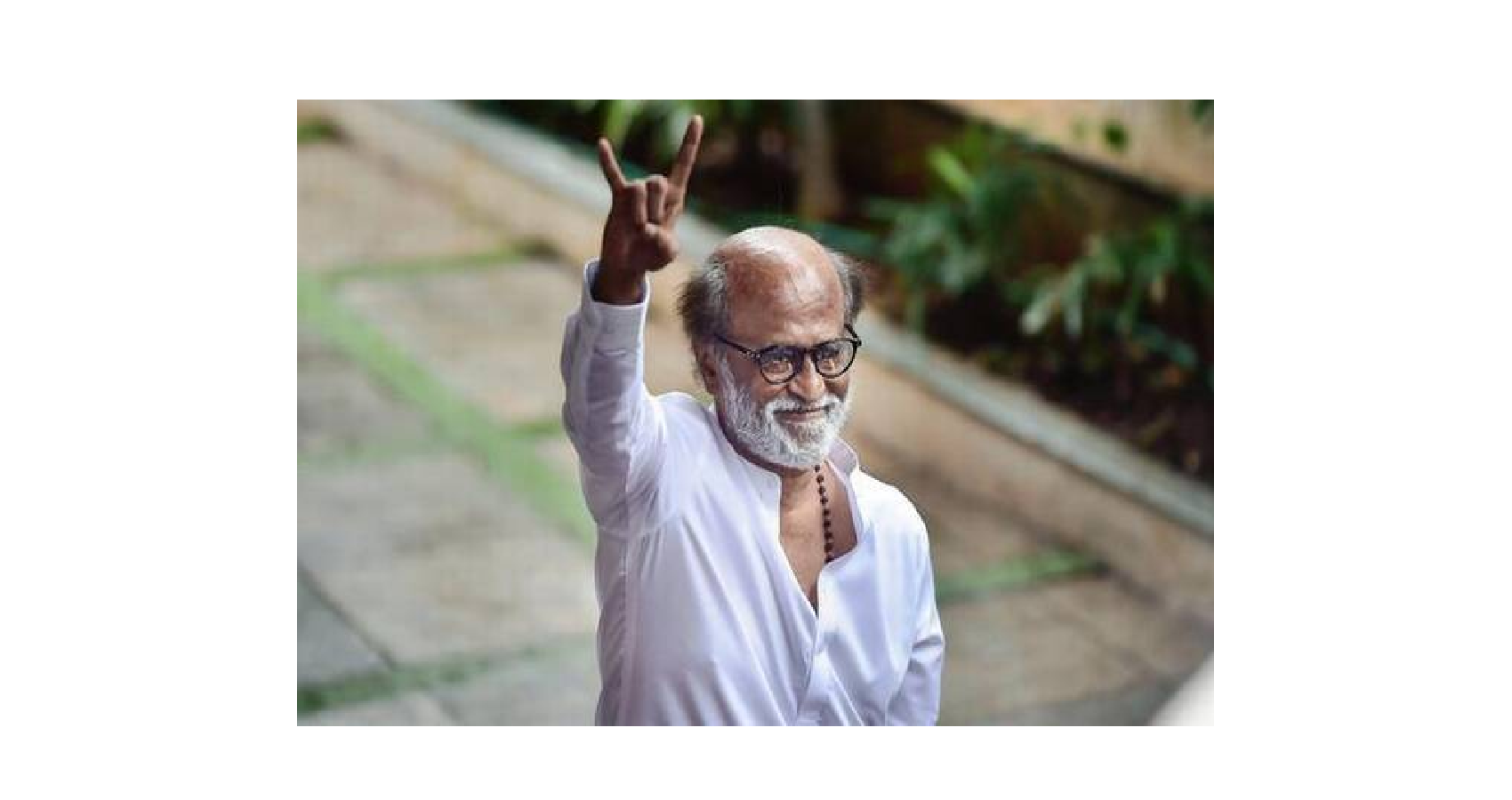
 Rajinikanth has extended ‘deepest gratitude’ for all the love, greetings, and wishes he received after the announcement. The award will be given to the star for his stupendous contribution to the world of Indian cinema. The ‘Robot’ actor took to Twitter and extended his deepest gratitude to all those who took out time to wish him. “For all the love, greetings & wishes I’ve received from eminent political leaders, my film fraternity friends & colleagues, well-wishers, media, every person who took the time to wish me & my beloved fans from across India & all over the world .. my deepest gratitude and thanks,” tweeted Rajinikanth.
Rajinikanth has extended ‘deepest gratitude’ for all the love, greetings, and wishes he received after the announcement. The award will be given to the star for his stupendous contribution to the world of Indian cinema. The ‘Robot’ actor took to Twitter and extended his deepest gratitude to all those who took out time to wish him. “For all the love, greetings & wishes I’ve received from eminent political leaders, my film fraternity friends & colleagues, well-wishers, media, every person who took the time to wish me & my beloved fans from across India & all over the world .. my deepest gratitude and thanks,” tweeted Rajinikanth. He has delivered hit films such as ‘Billu’, ‘Muthu’, ‘Baashha’, ‘Sivaji’, and ‘Enthiran’. Rajinikanth was last seen in AR Murugadoss’s ‘Darbar’. Currently, he is shooting for his upcoming film ‘Annaatthe.’ Among his numerous hits are films like “Baashha”, “Sivaji” and “Enthiran”. He is known as Thalaivar or leader by his fans.
He has delivered hit films such as ‘Billu’, ‘Muthu’, ‘Baashha’, ‘Sivaji’, and ‘Enthiran’. Rajinikanth was last seen in AR Murugadoss’s ‘Darbar’. Currently, he is shooting for his upcoming film ‘Annaatthe.’ Among his numerous hits are films like “Baashha”, “Sivaji” and “Enthiran”. He is known as Thalaivar or leader by his fans.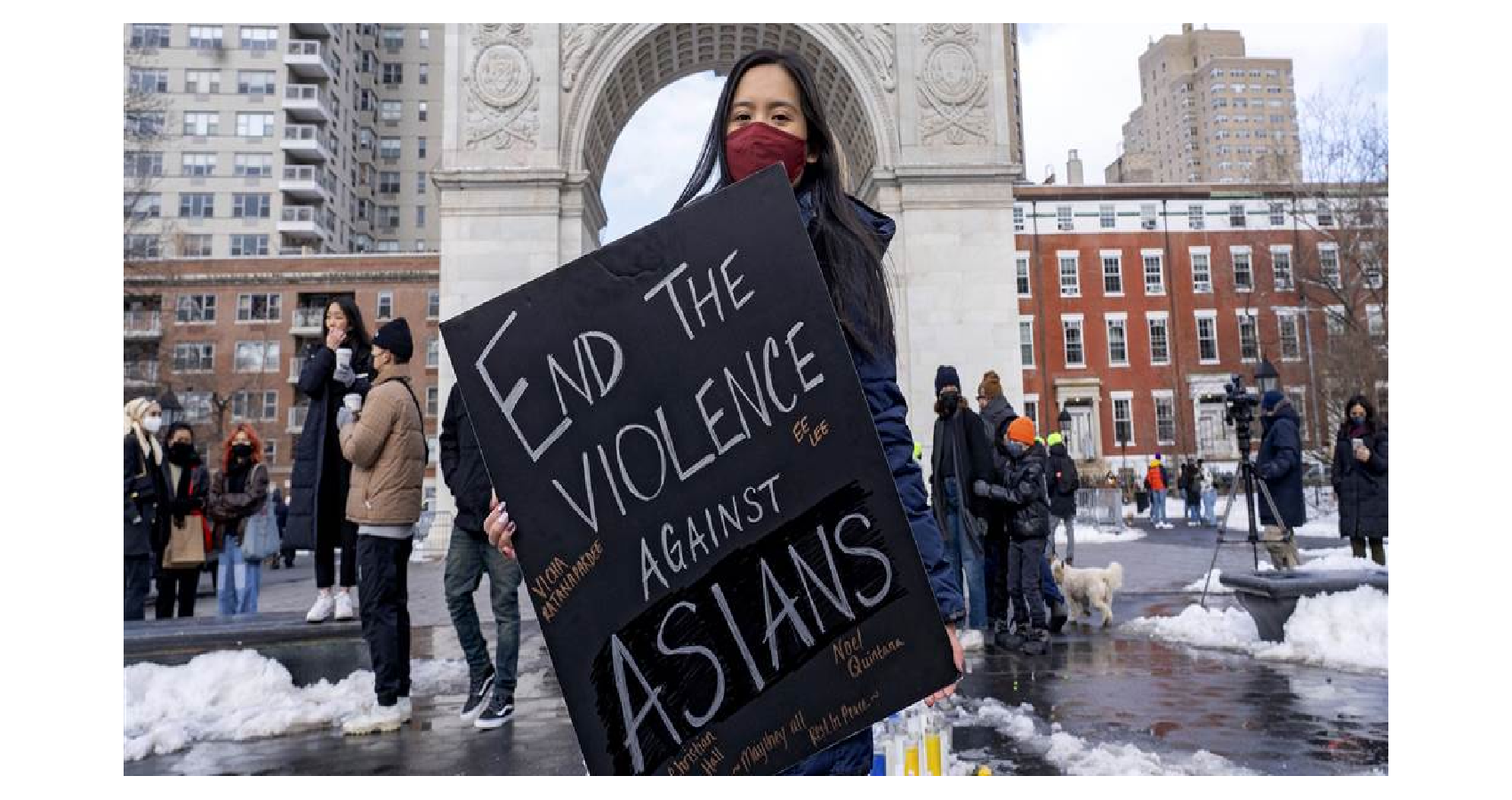
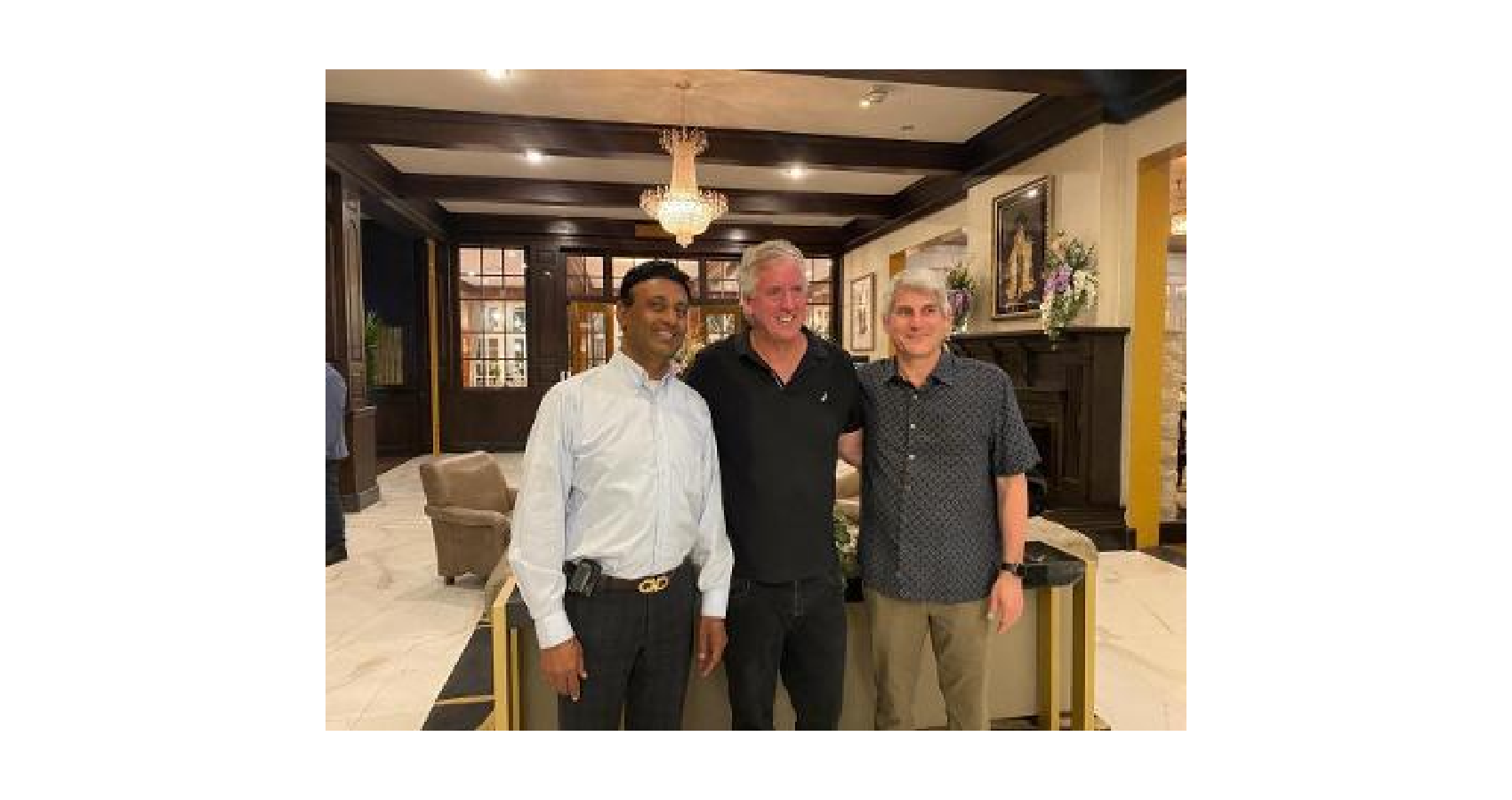
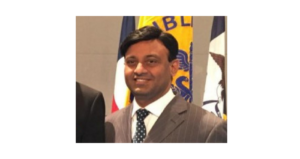 Dr. Reddy along with the other 2 winners, Laurence “Larry” Herman and James P. Nagle last night have accumulated “the three highest unofficial vote totals with 100% of precincts reporting in the election for three four-year terms on the Village Board,” Chicago Tribune reported today. Dr. Reddy said he decided to run with Herman and Nagle because he believes the three of them can address the most critical issues impacting the village better than anyone else, each with their own unique skills.
Dr. Reddy along with the other 2 winners, Laurence “Larry” Herman and James P. Nagle last night have accumulated “the three highest unofficial vote totals with 100% of precincts reporting in the election for three four-year terms on the Village Board,” Chicago Tribune reported today. Dr. Reddy said he decided to run with Herman and Nagle because he believes the three of them can address the most critical issues impacting the village better than anyone else, each with their own unique skills.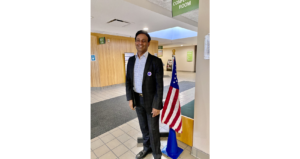 Dr. Reddy comes with immense experiences and proven leadership. He grew up in the suburbs of Hyderabad in Southern India. A financial conservator, Dr. Reddy always had a passion for “uniting and bringing people together.” Recalling his childhood, the dynamic leader says, “It all started during my childhood with bringing neighborhood kids together to play “gully cricket” and also bringing people together in college to organize events, demonstrations, and educational tours. Bringing opposing parties to the table for resolving issues has always been my strong strength since my schooling days.”
Dr. Reddy comes with immense experiences and proven leadership. He grew up in the suburbs of Hyderabad in Southern India. A financial conservator, Dr. Reddy always had a passion for “uniting and bringing people together.” Recalling his childhood, the dynamic leader says, “It all started during my childhood with bringing neighborhood kids together to play “gully cricket” and also bringing people together in college to organize events, demonstrations, and educational tours. Bringing opposing parties to the table for resolving issues has always been my strong strength since my schooling days.”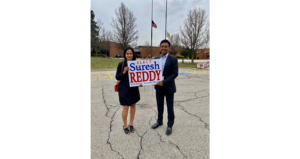 A dynamic leader, Dr. Reddy has devoted a greater part of his life to numerous initiates within the United States , in addition to serving his people back in India, As part of his community service, Dr. Reddy has facilitated and organized numerous health camps and workshops, with special emphasis on CPR training , obesity prevention in conjunction with Chicago Medical Society. During the Covid Pandemic, Dr. Reddy facilitated more than a hundred webinars and health awareness events. He facilitated honoring of more than 10,000 nurses who work selflessly in the line of duty against Covid in over 100 hospitals in over 40 states including Alaska. He led a campaign donating blankets to the needy during the last winter and would like to do the same this winter.
A dynamic leader, Dr. Reddy has devoted a greater part of his life to numerous initiates within the United States , in addition to serving his people back in India, As part of his community service, Dr. Reddy has facilitated and organized numerous health camps and workshops, with special emphasis on CPR training , obesity prevention in conjunction with Chicago Medical Society. During the Covid Pandemic, Dr. Reddy facilitated more than a hundred webinars and health awareness events. He facilitated honoring of more than 10,000 nurses who work selflessly in the line of duty against Covid in over 100 hospitals in over 40 states including Alaska. He led a campaign donating blankets to the needy during the last winter and would like to do the same this winter.